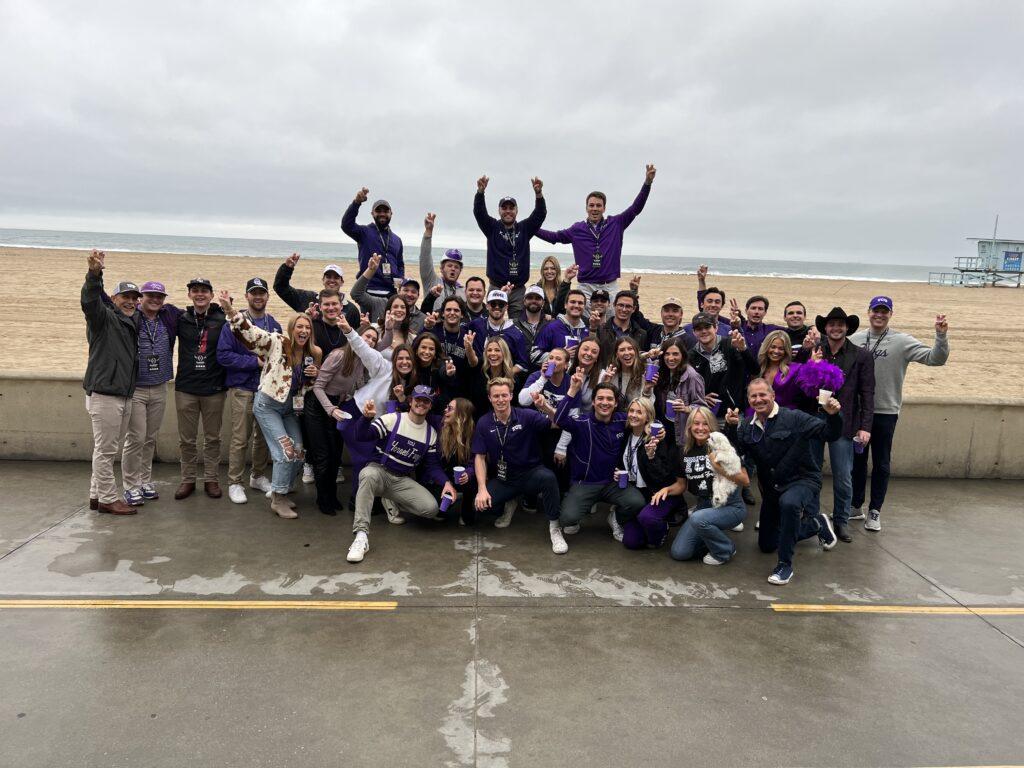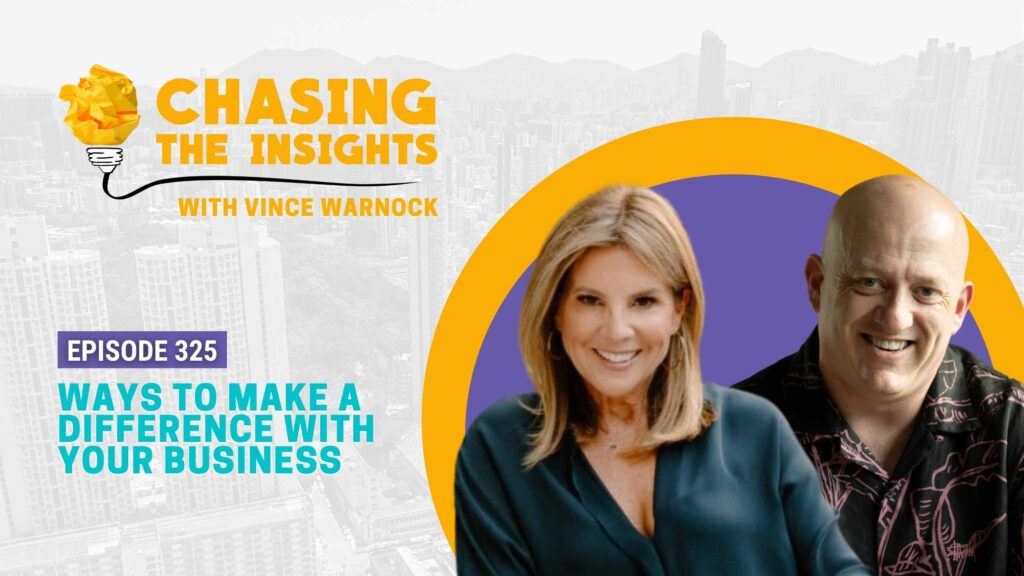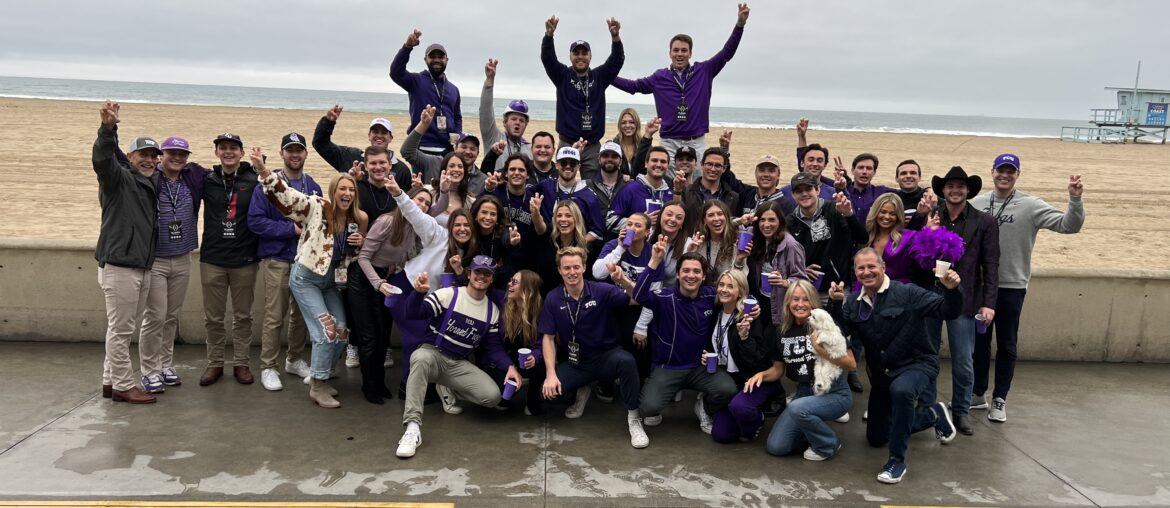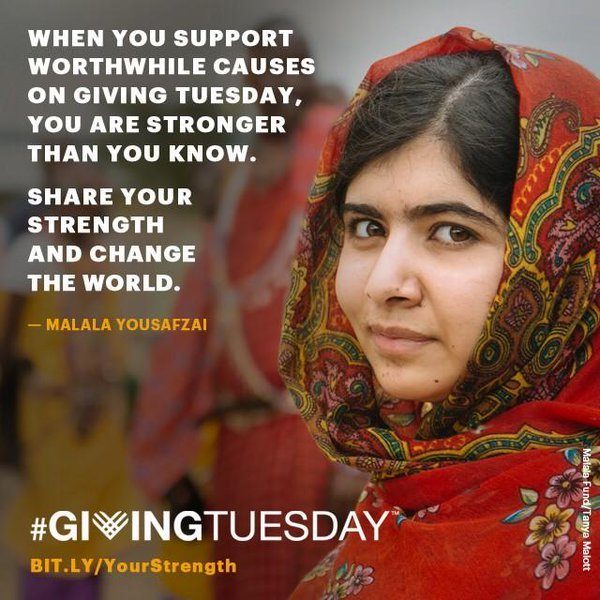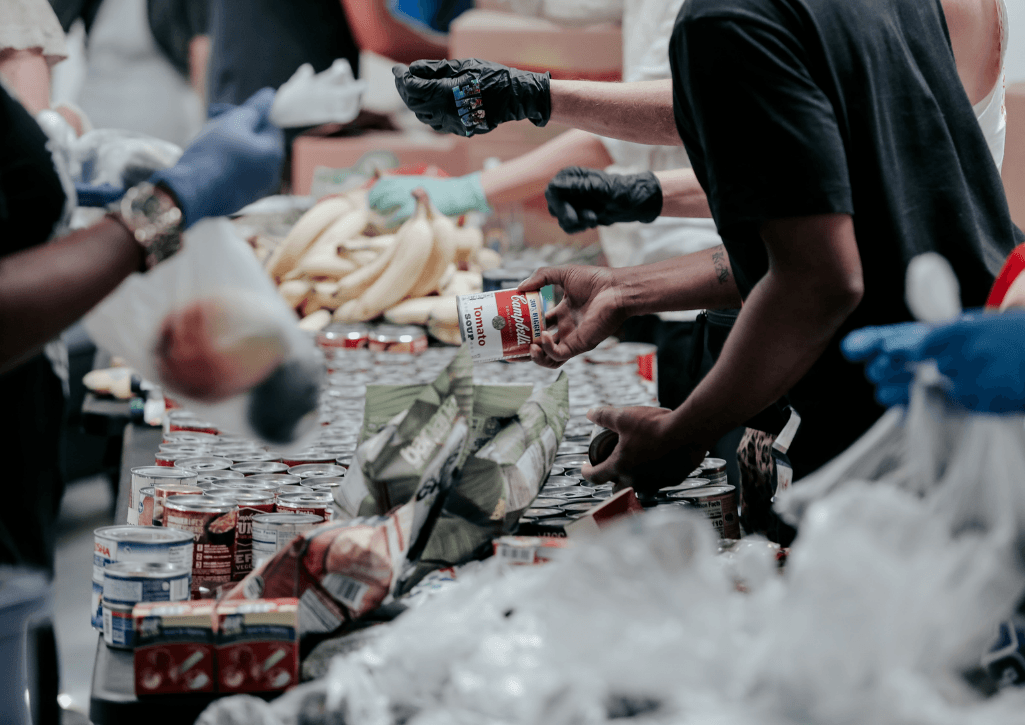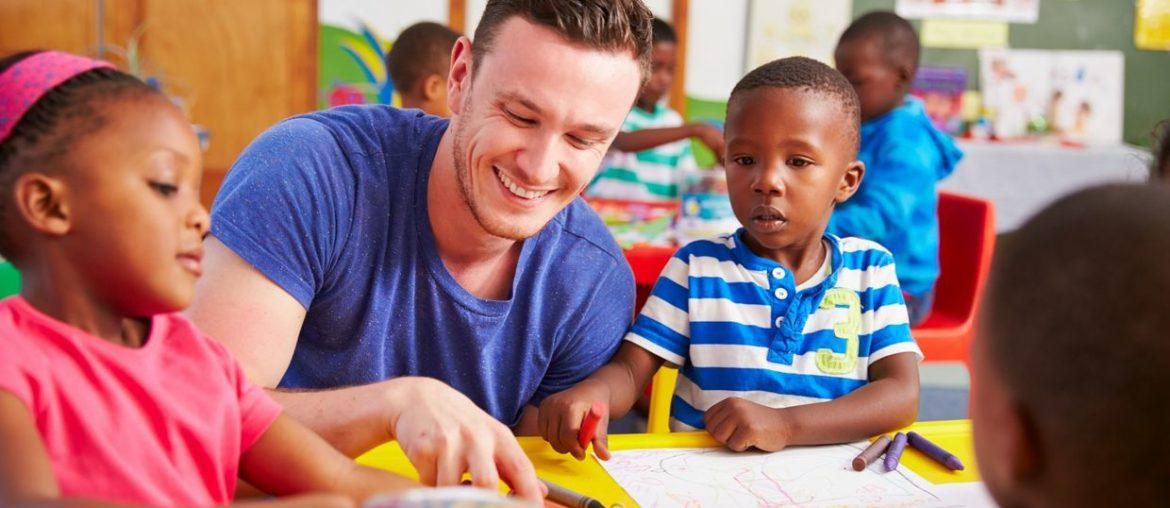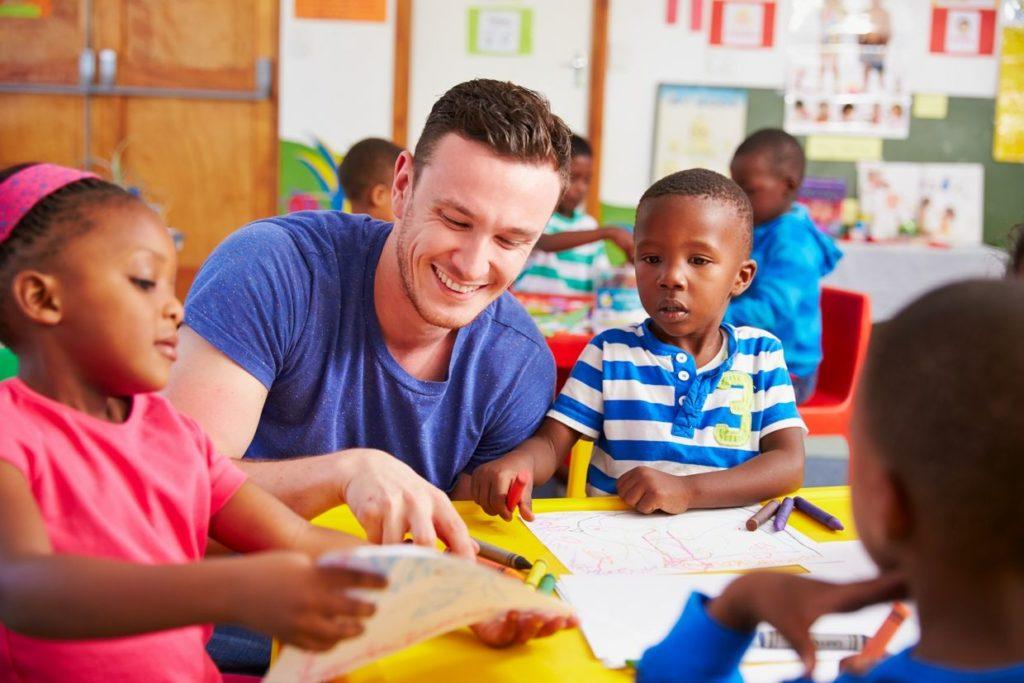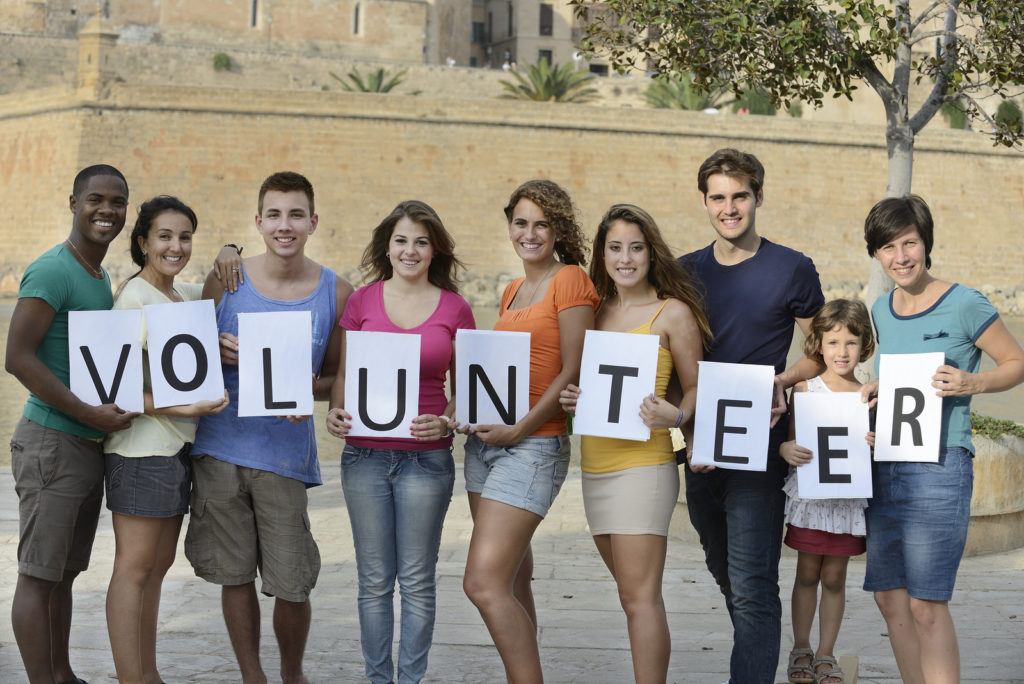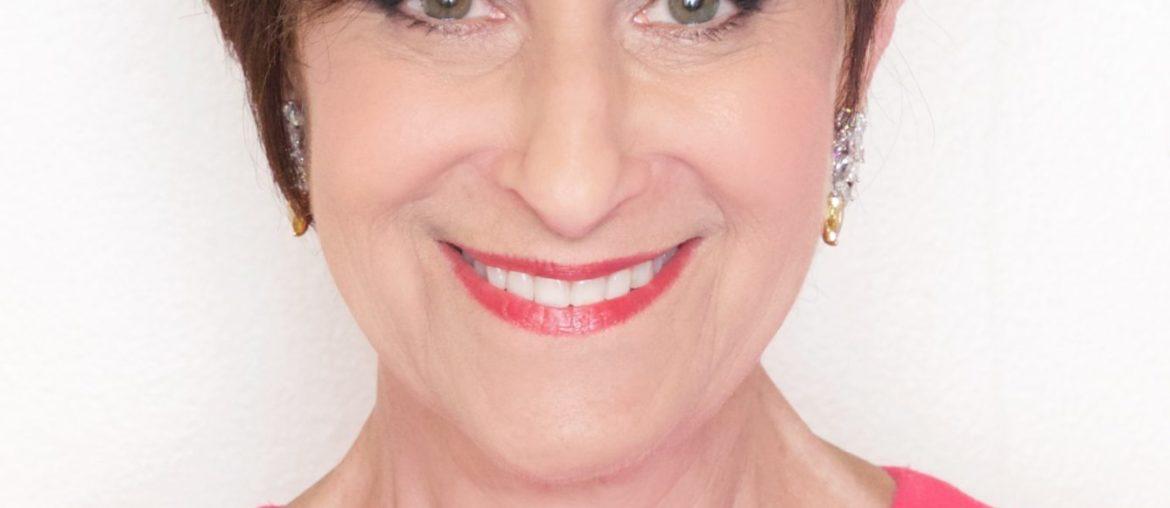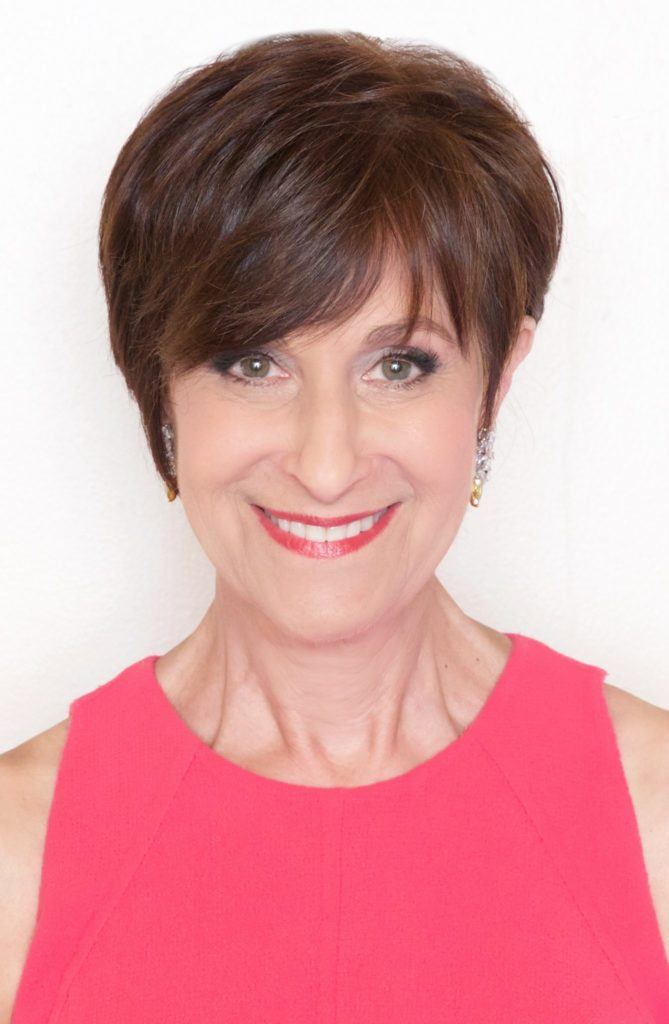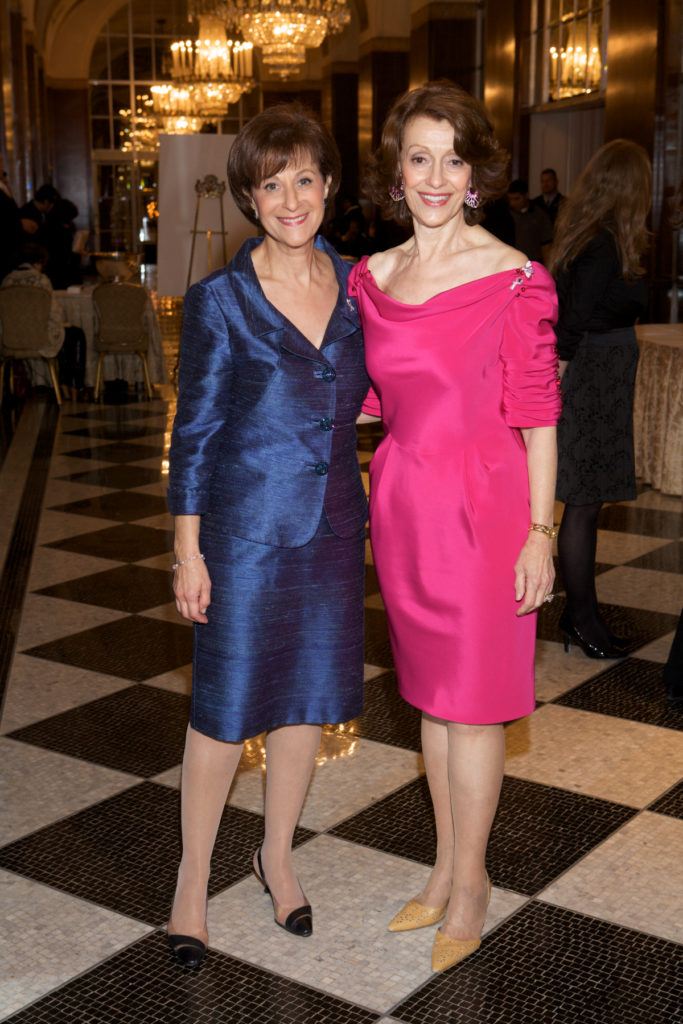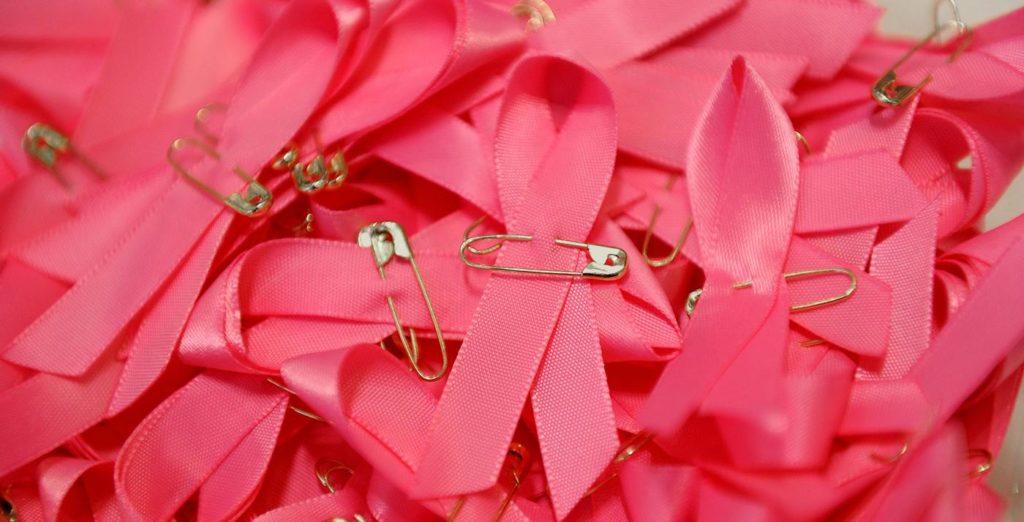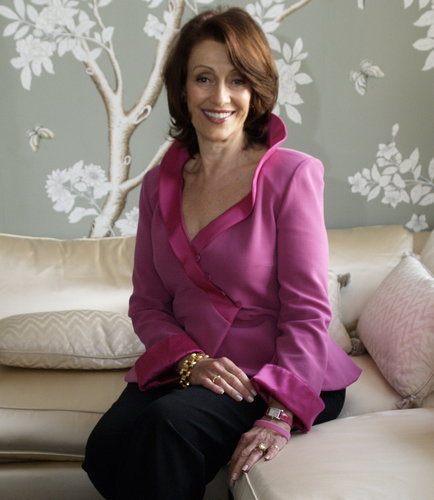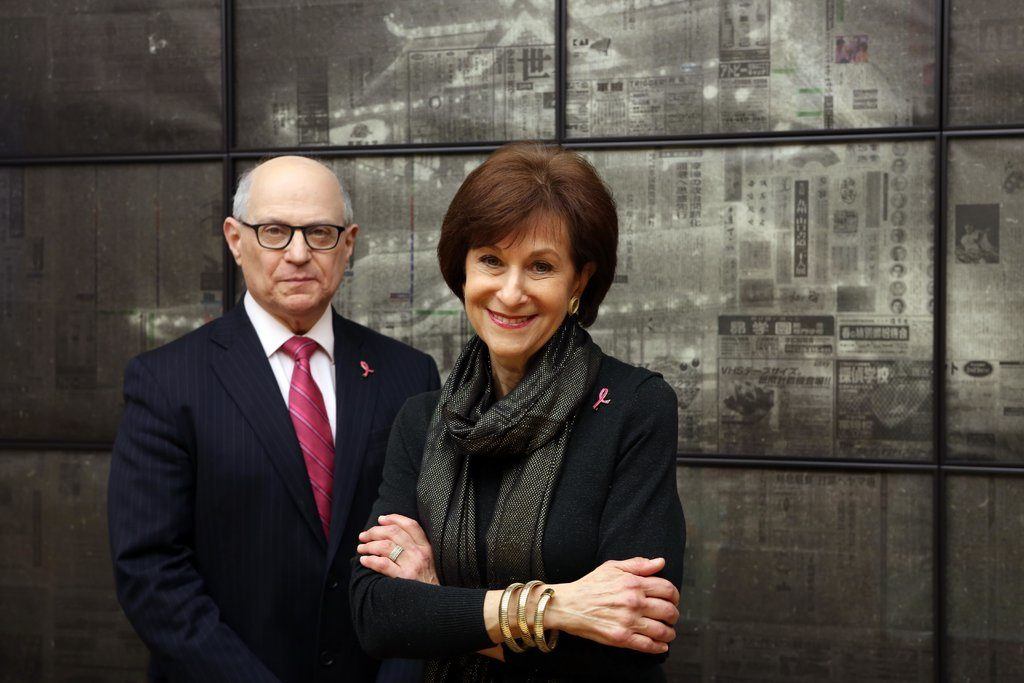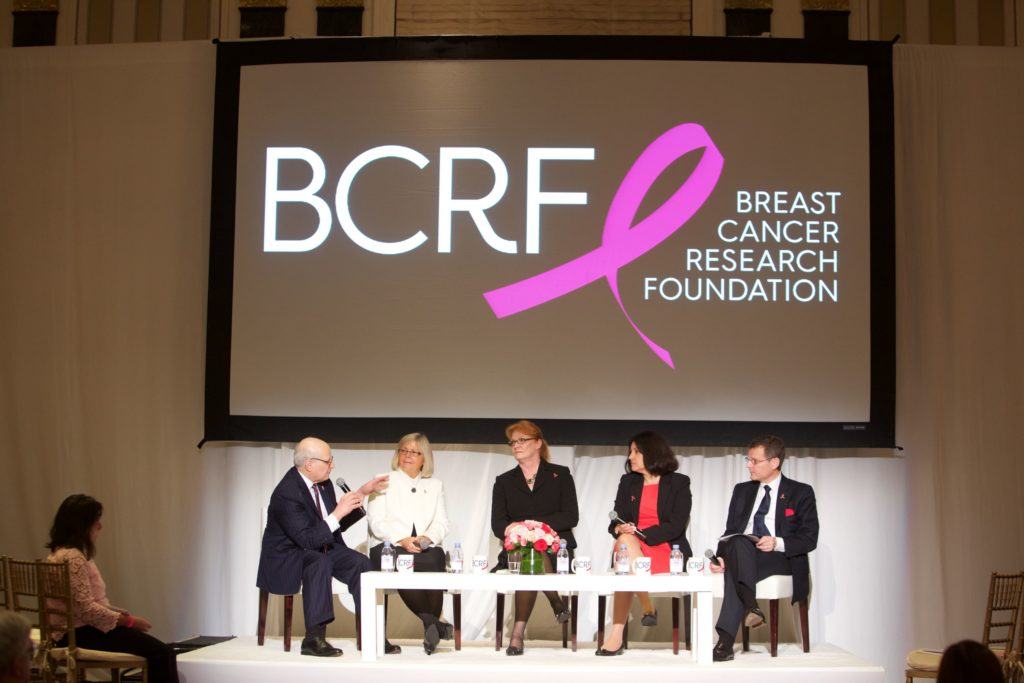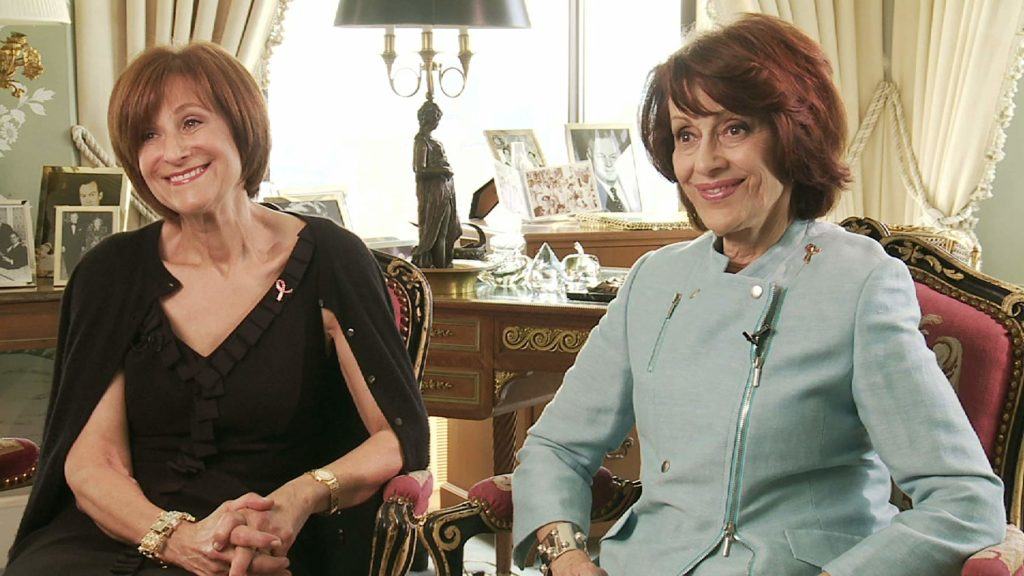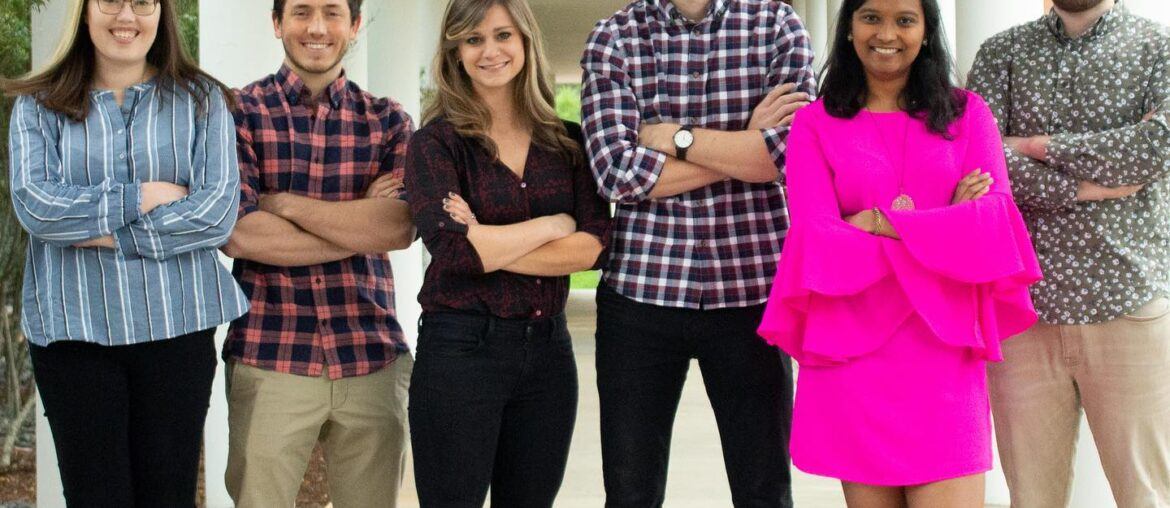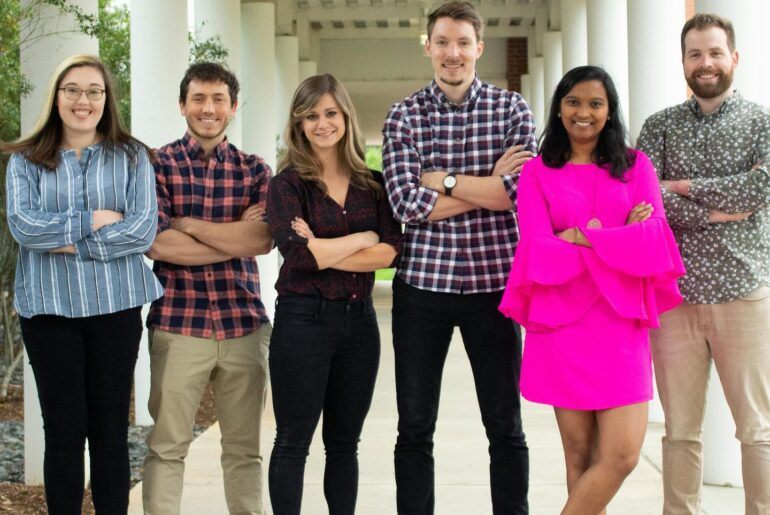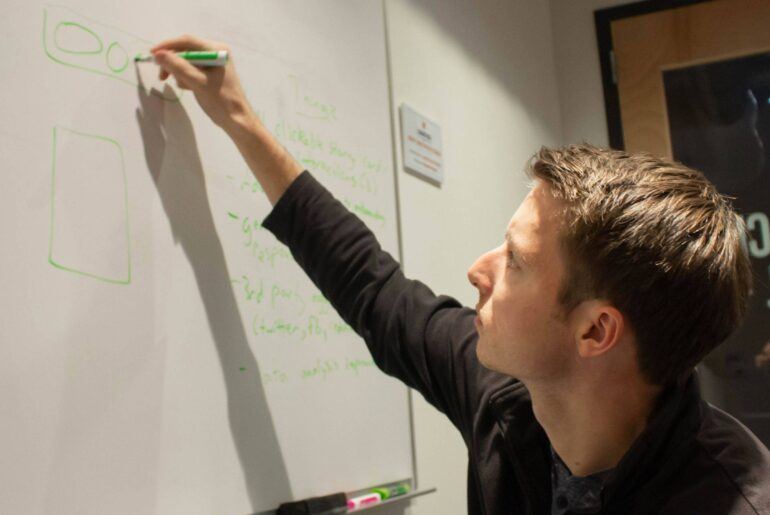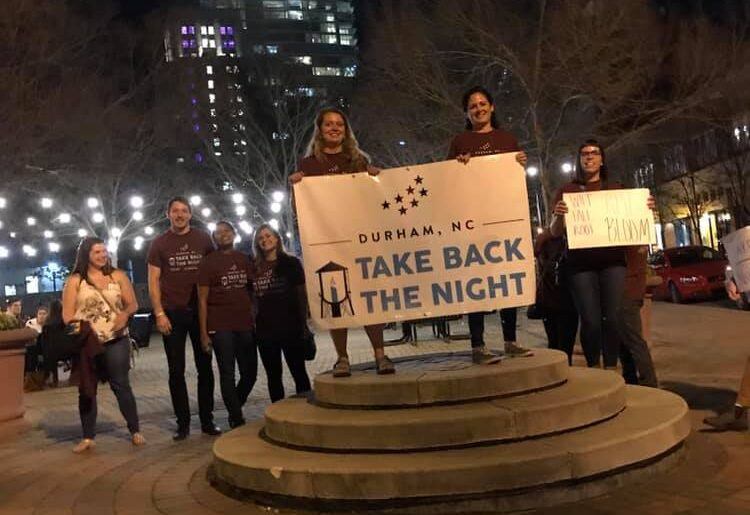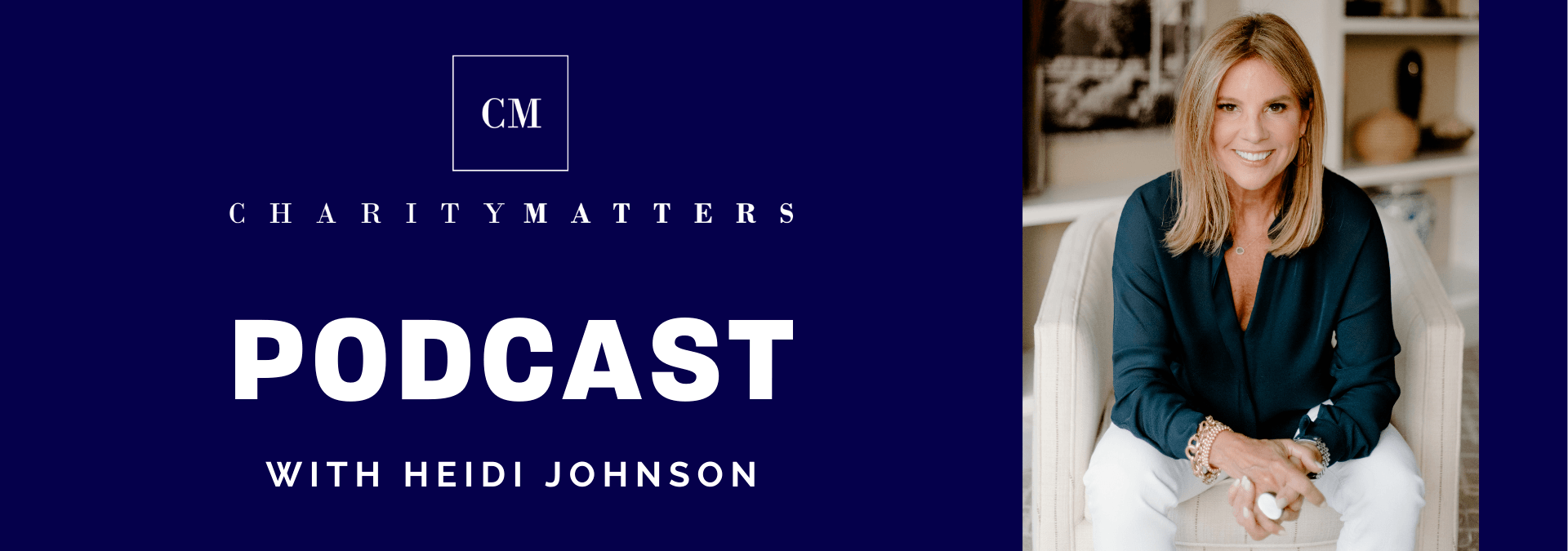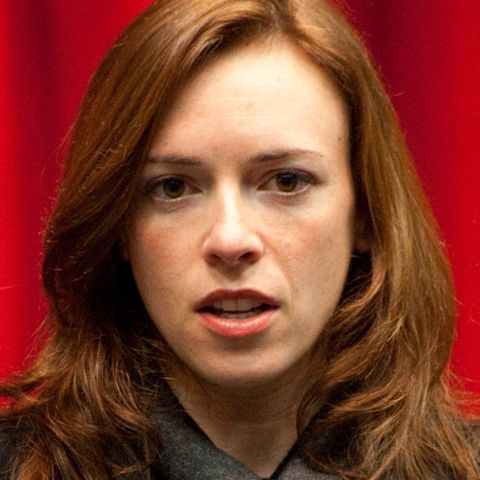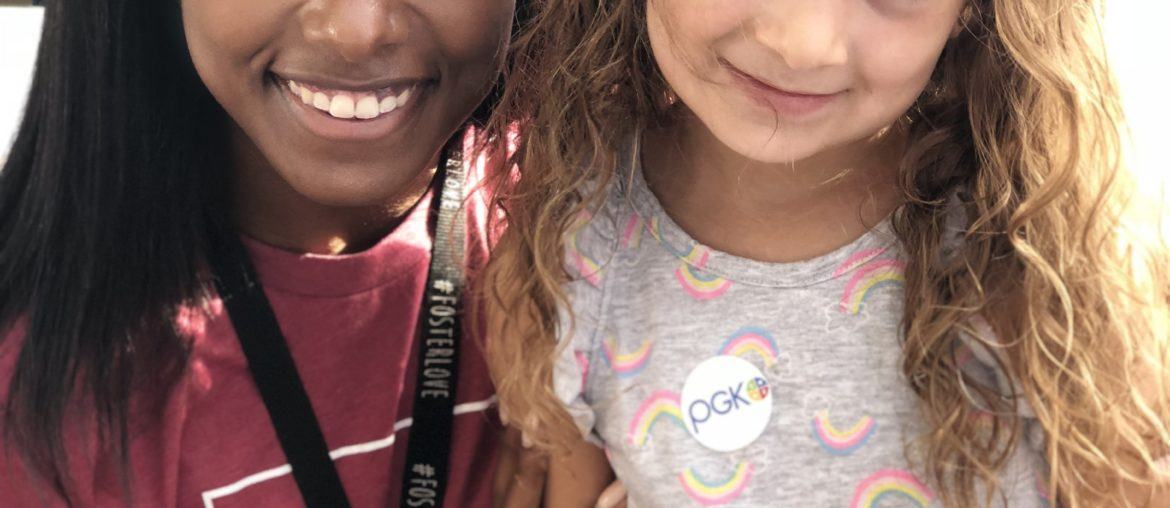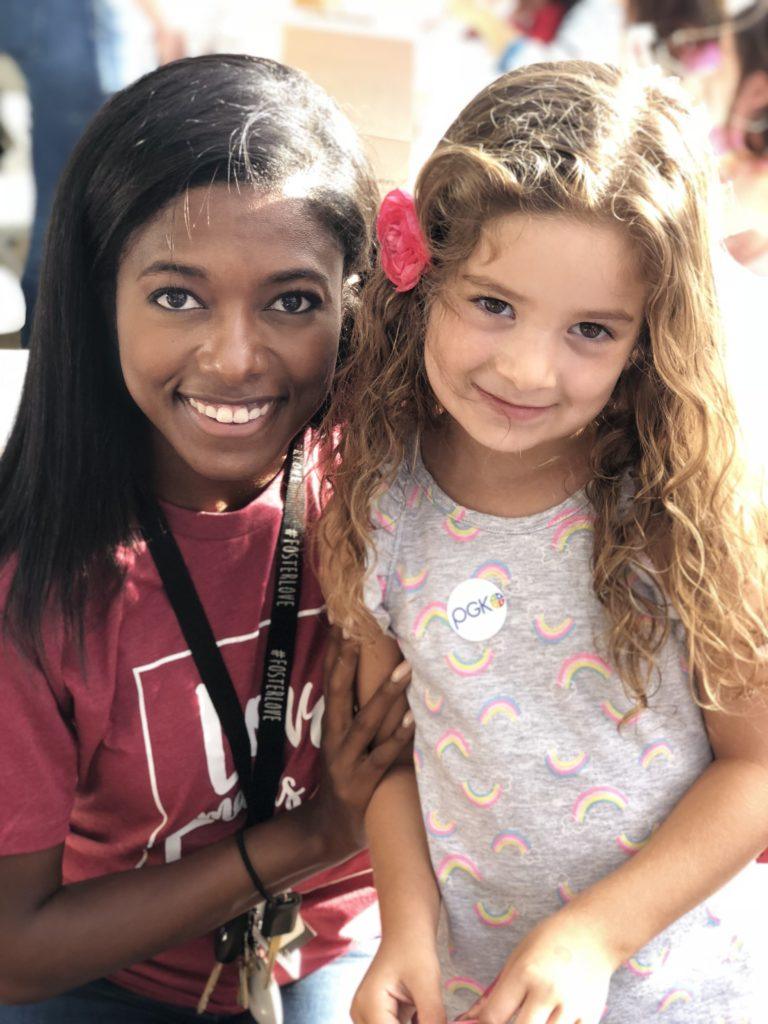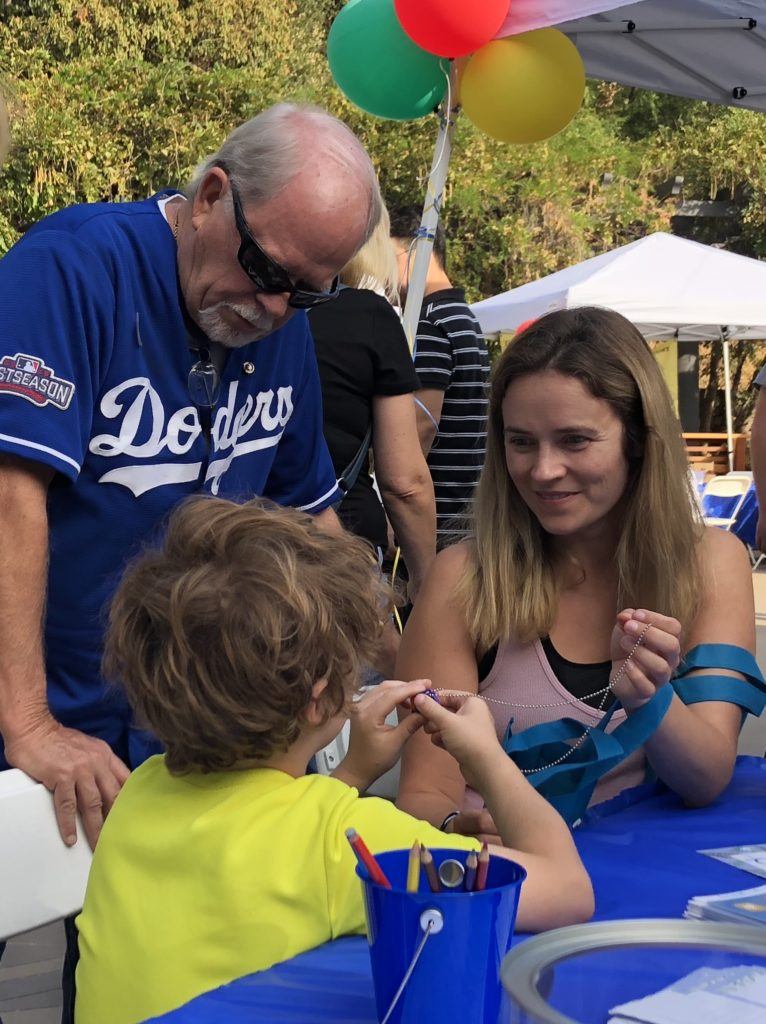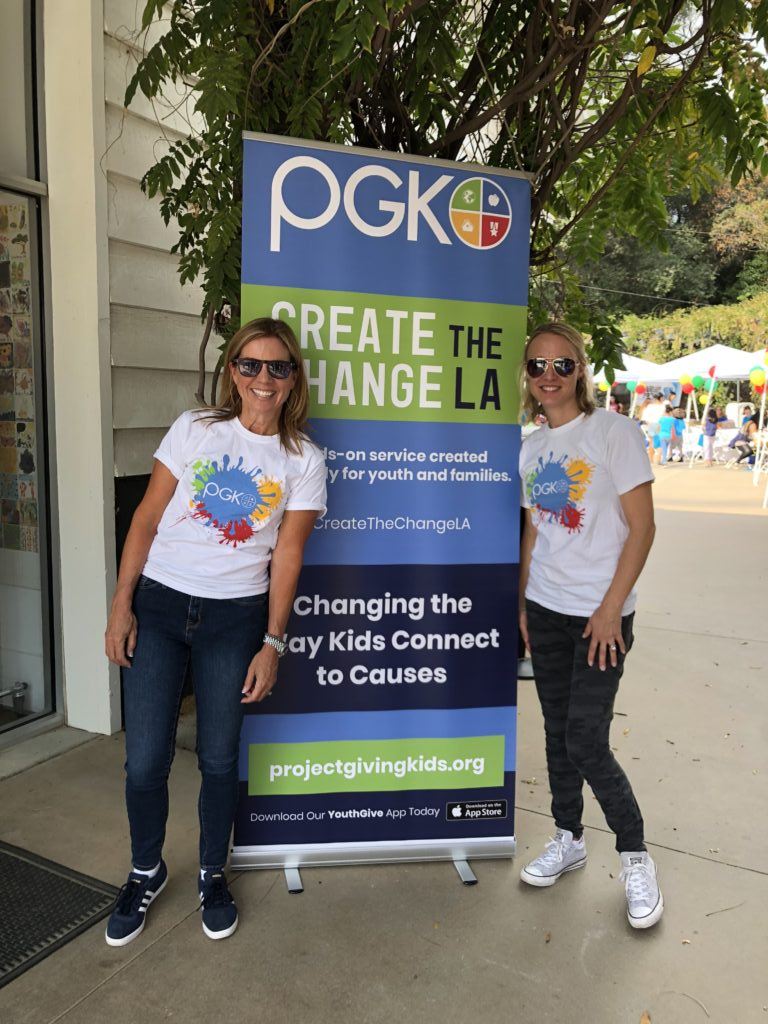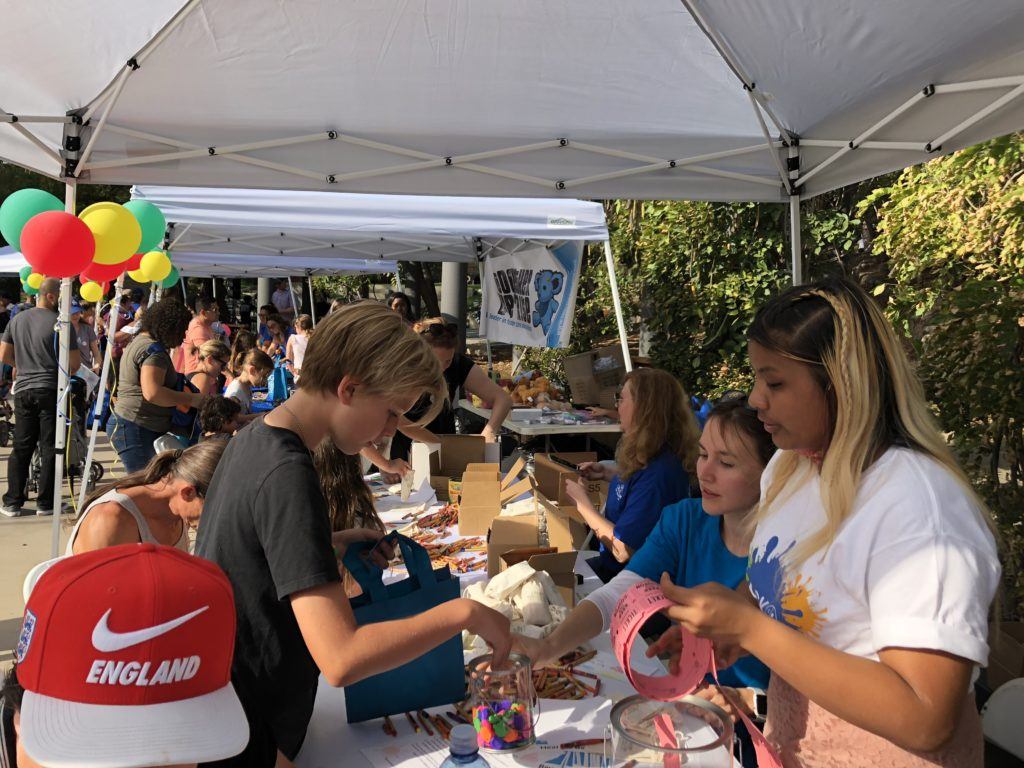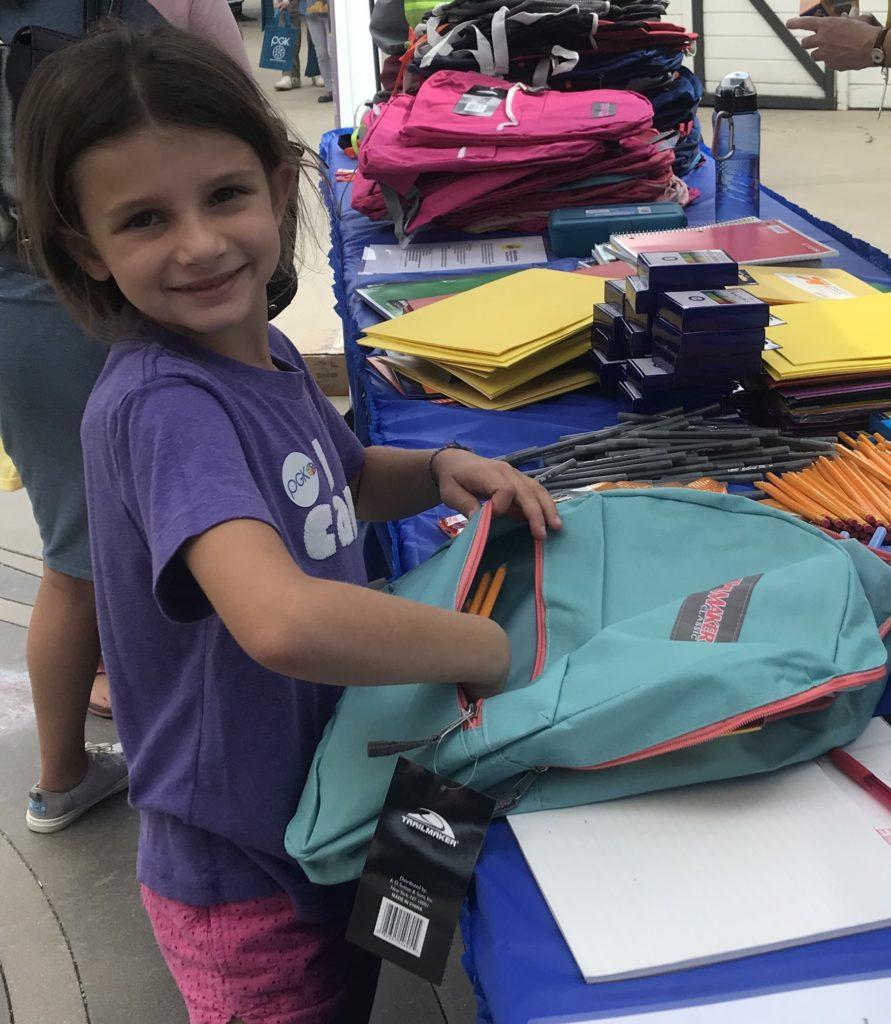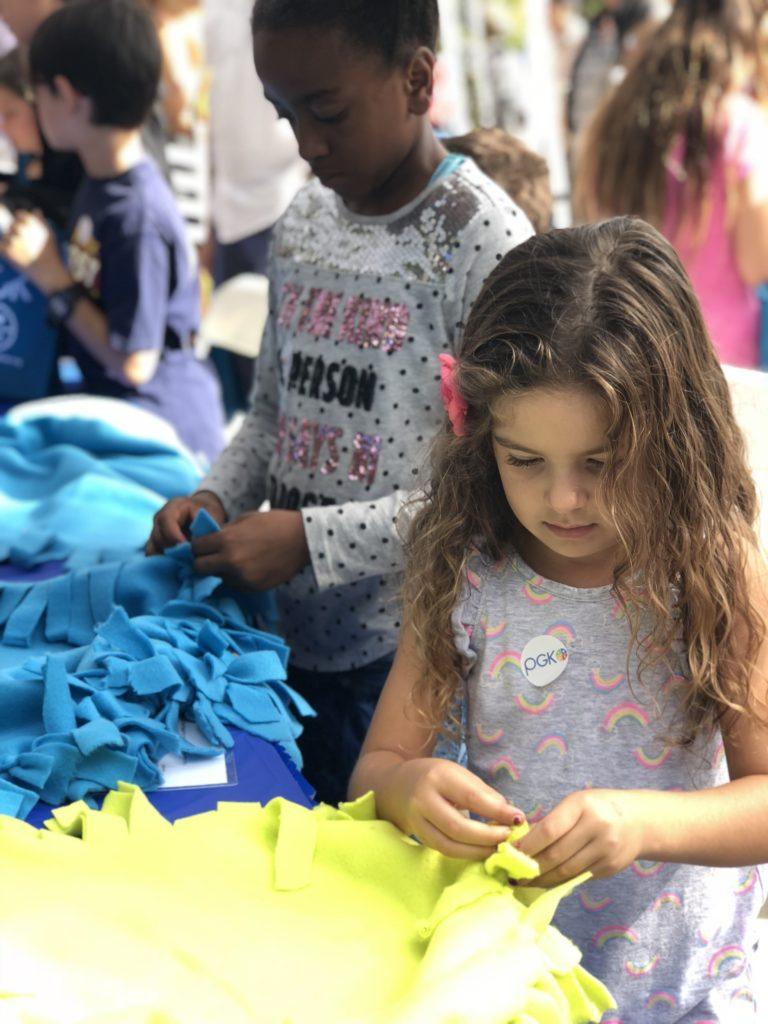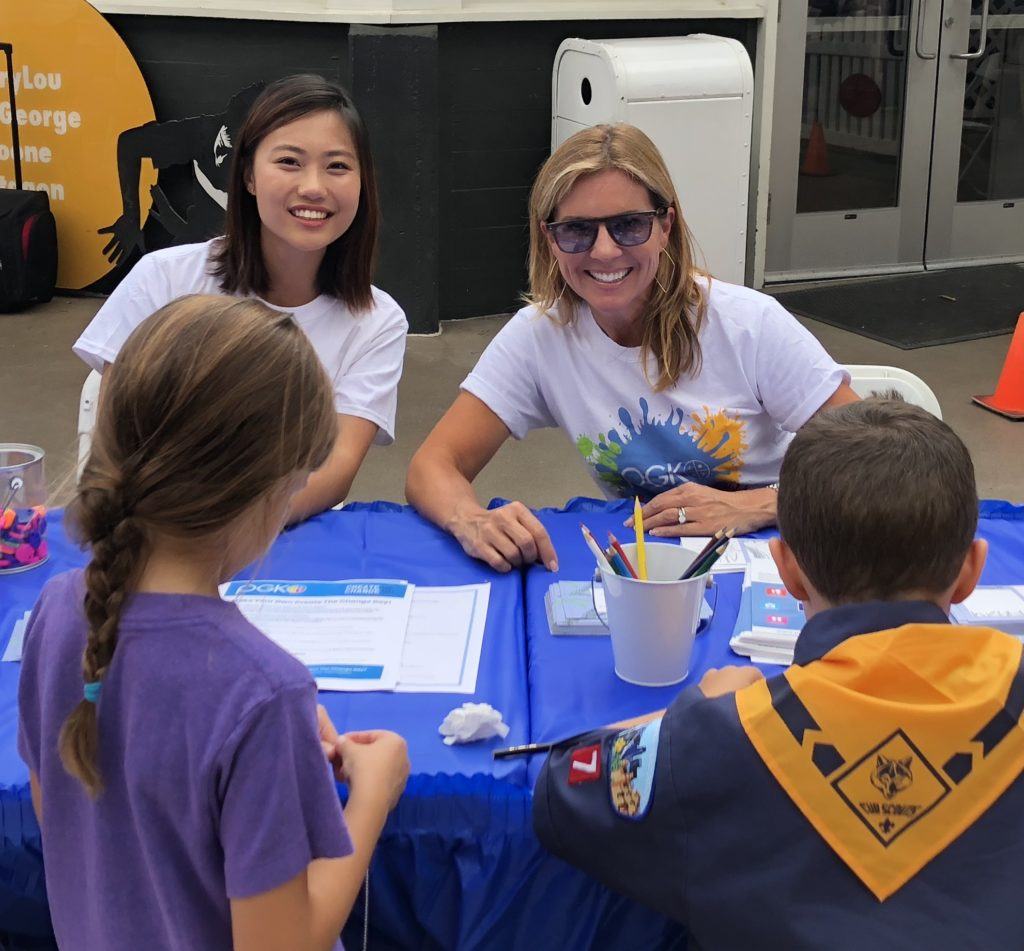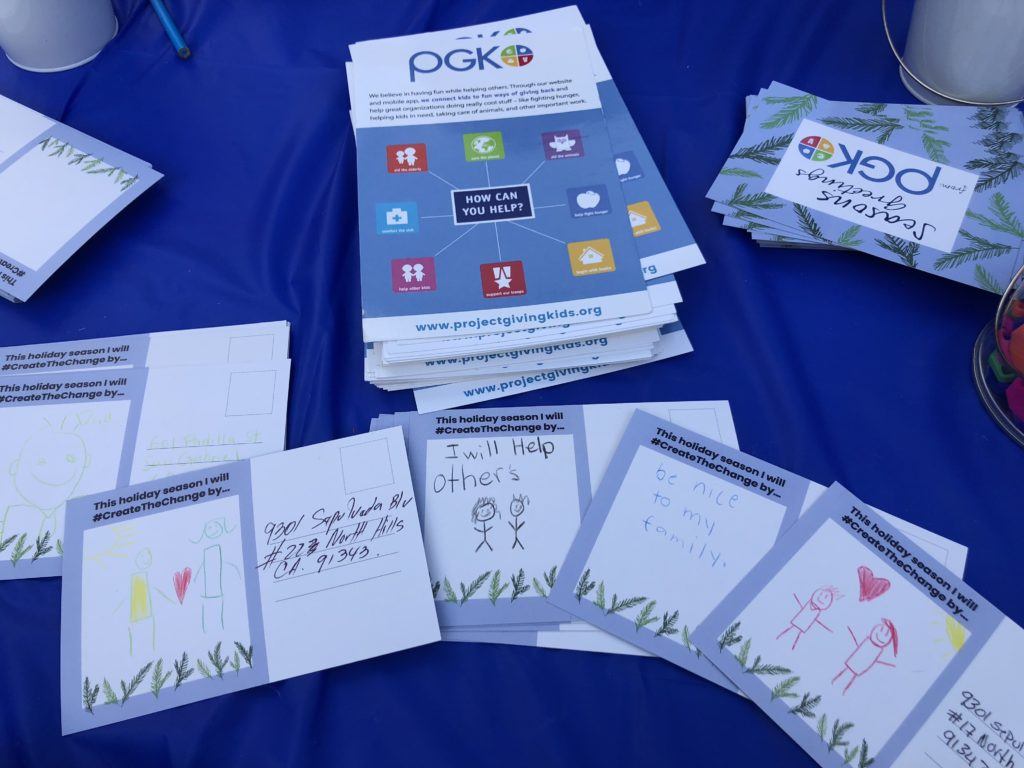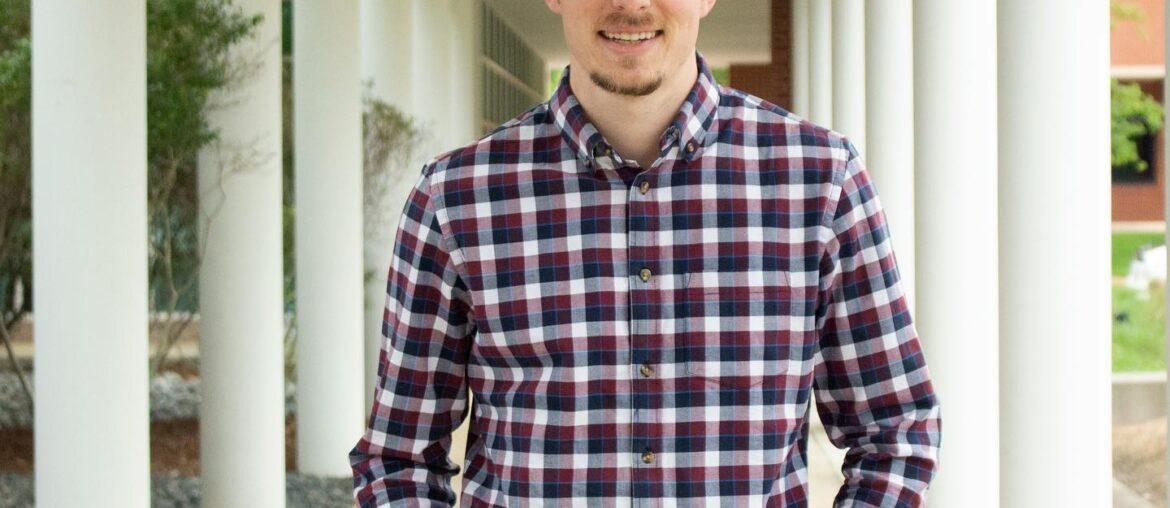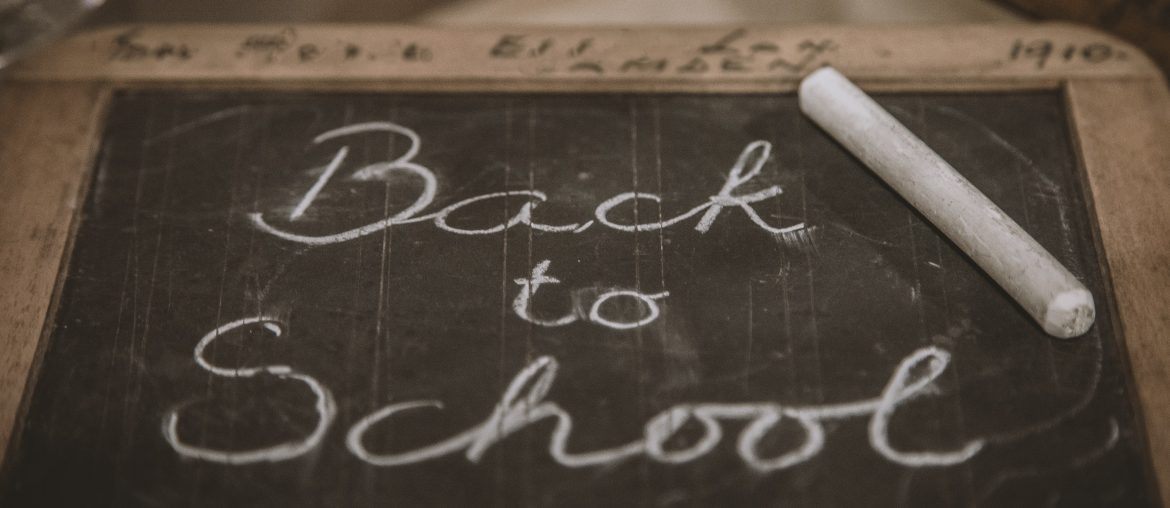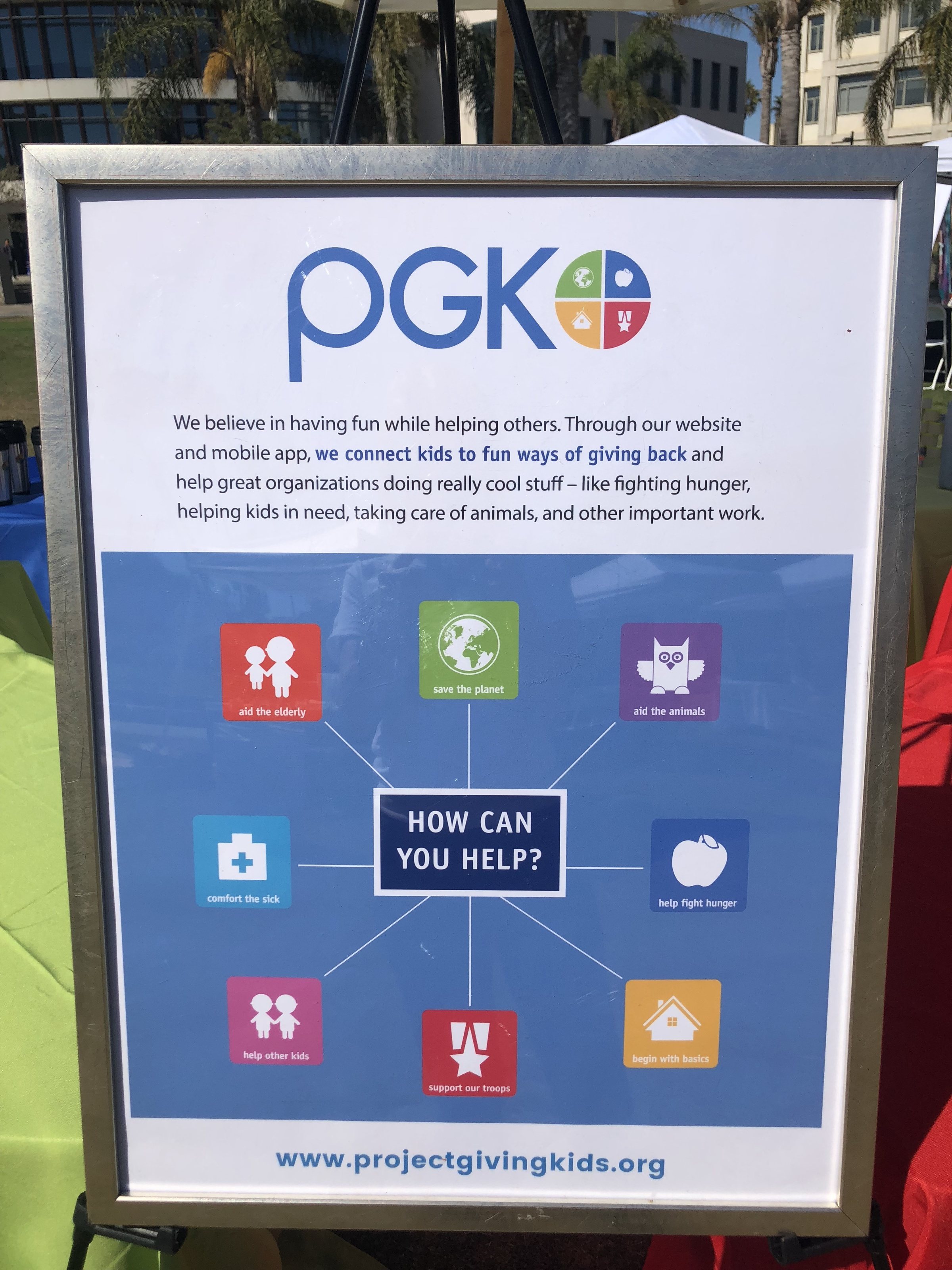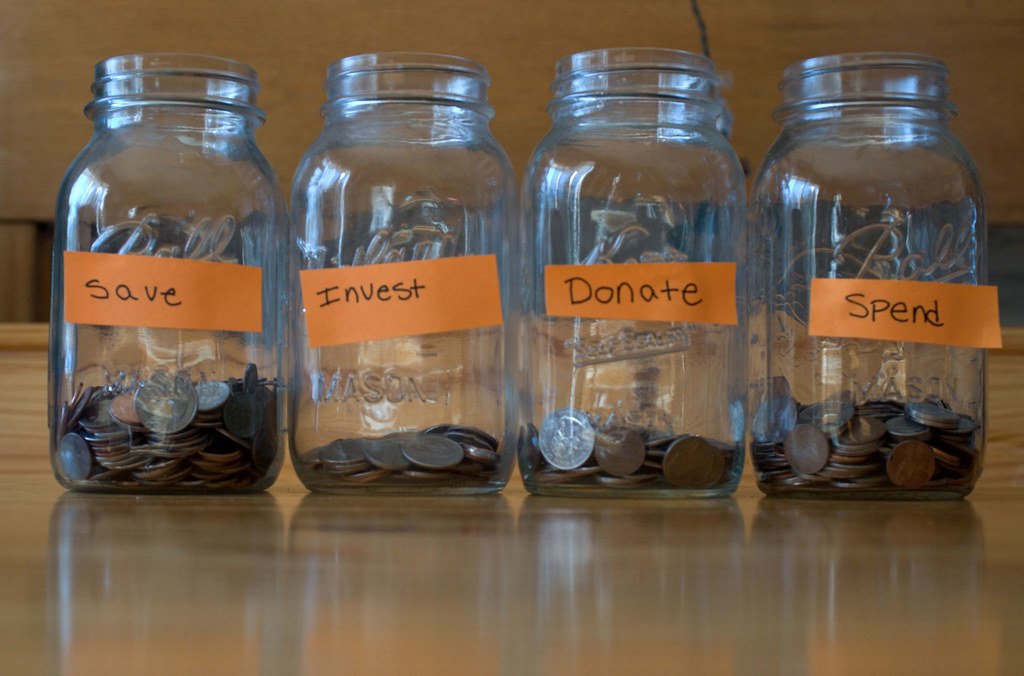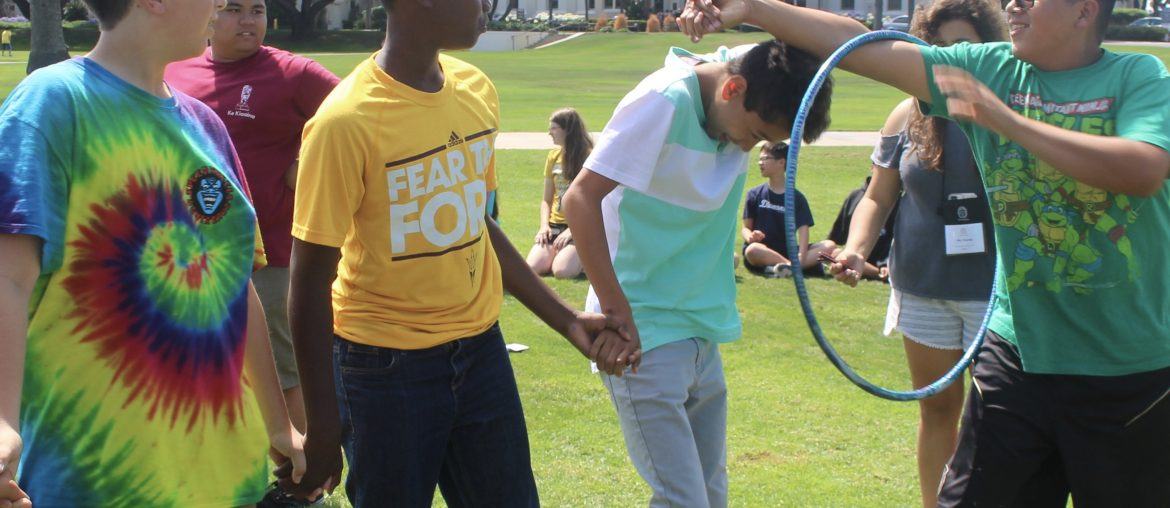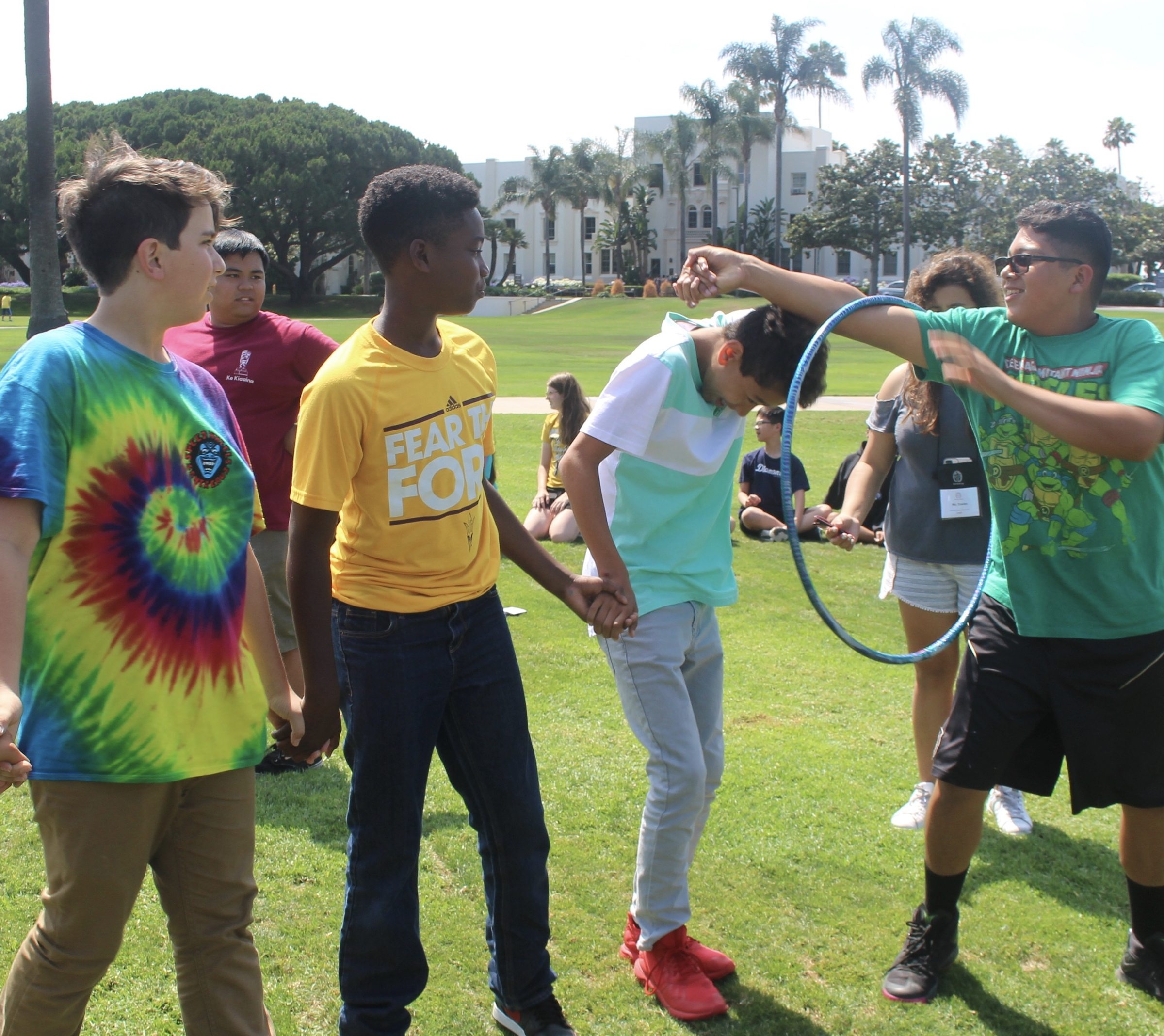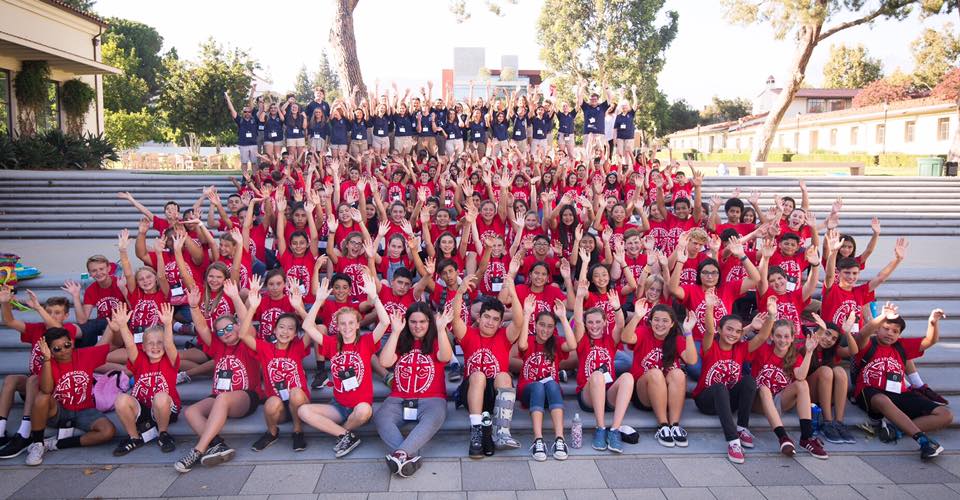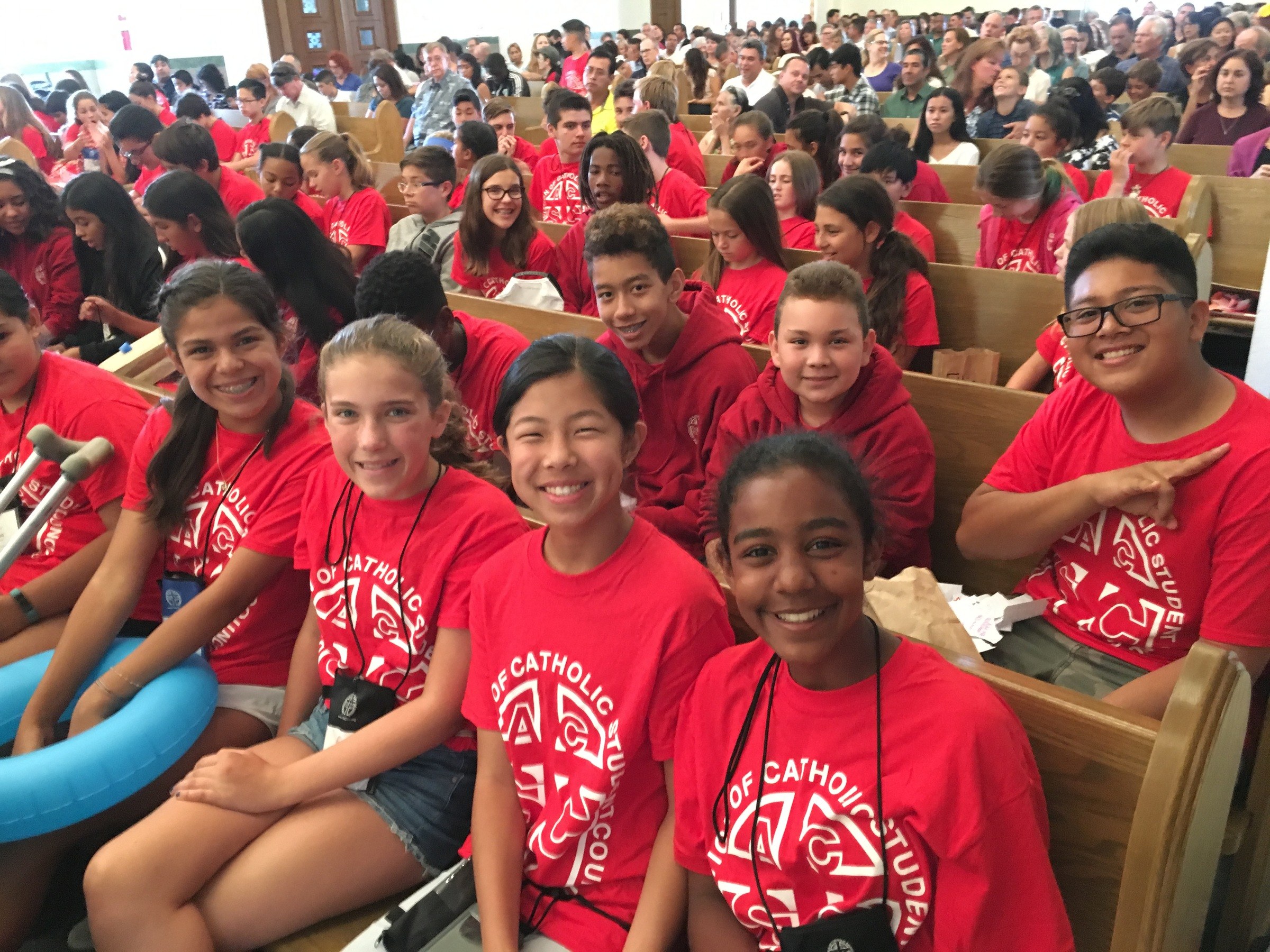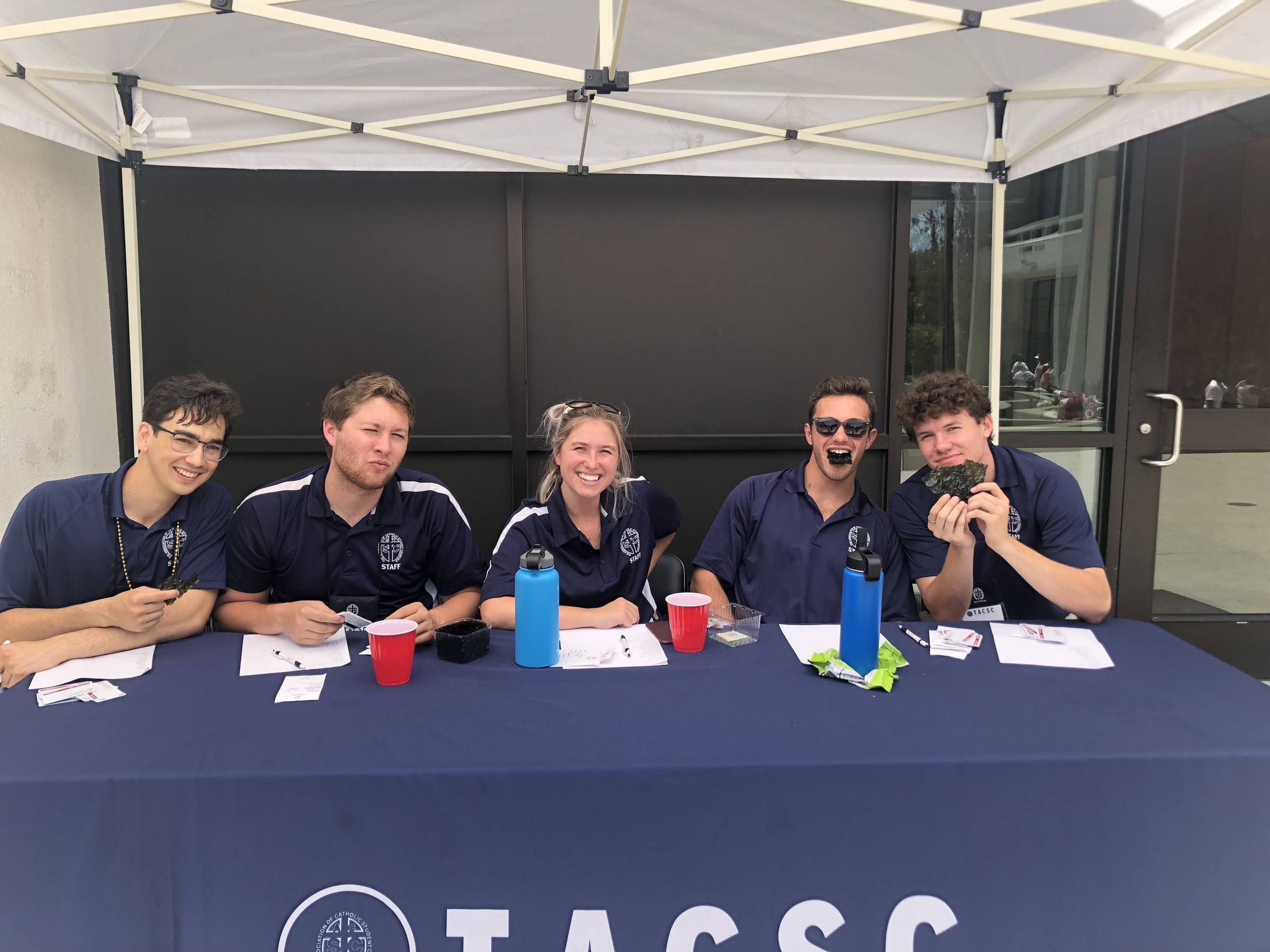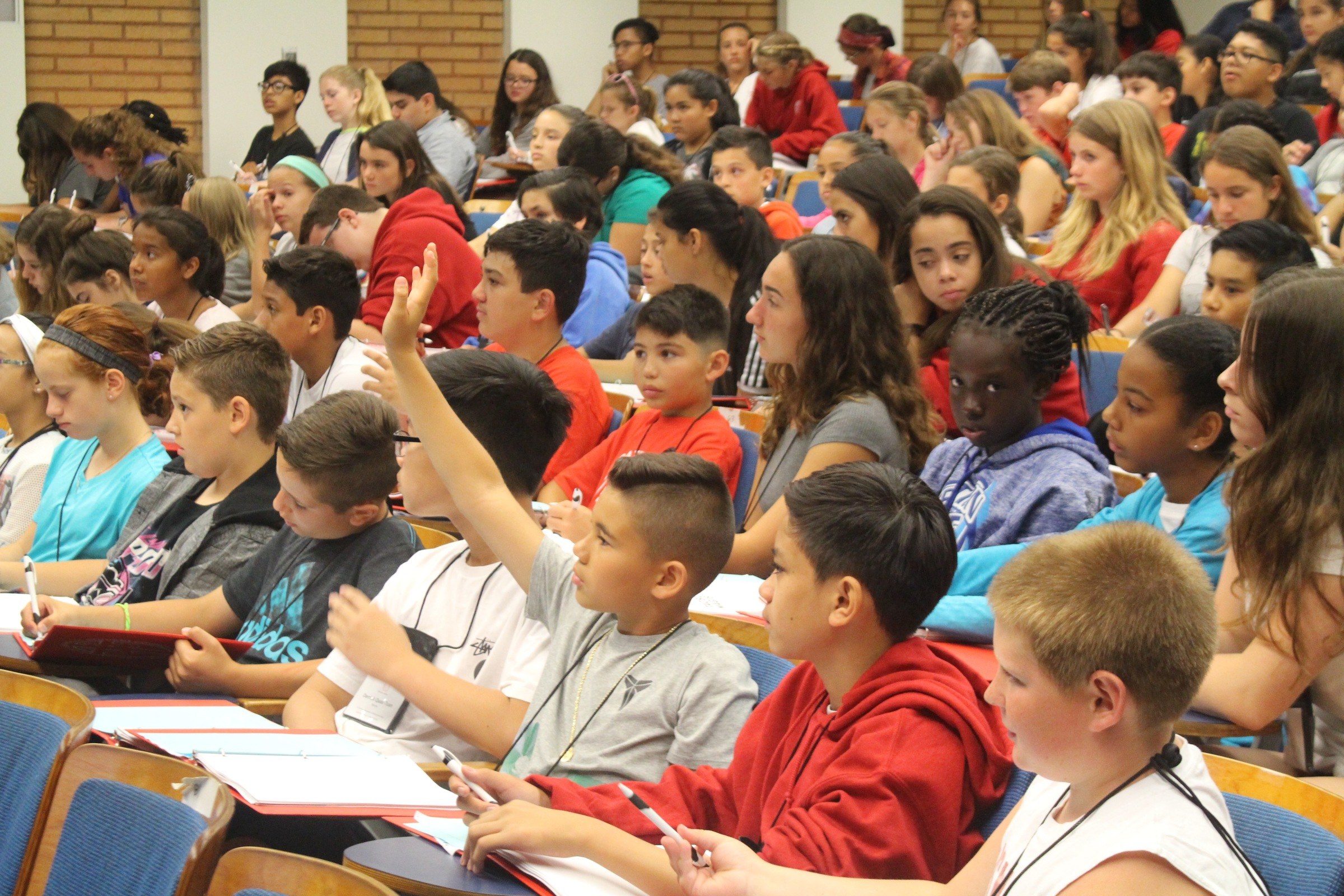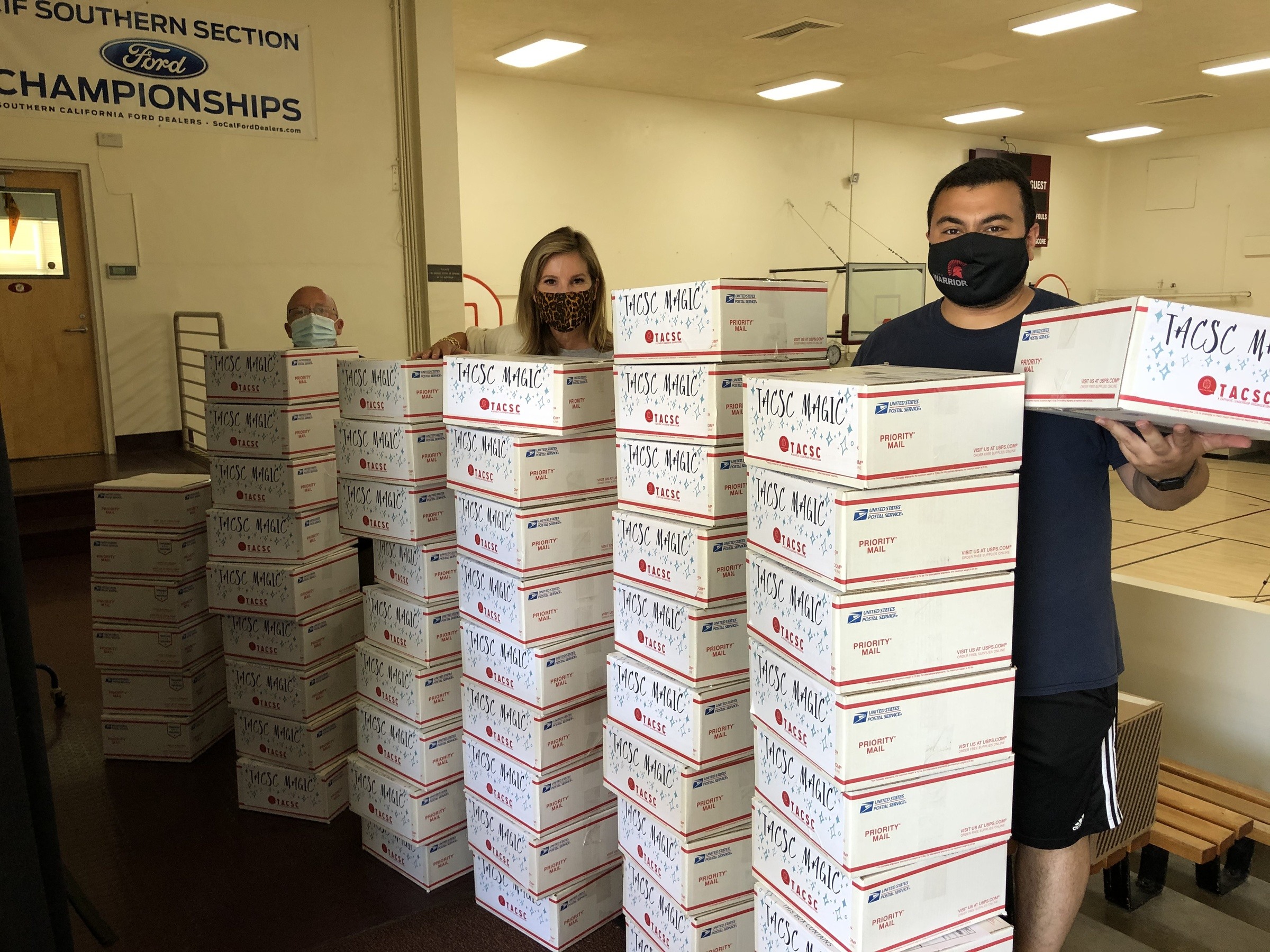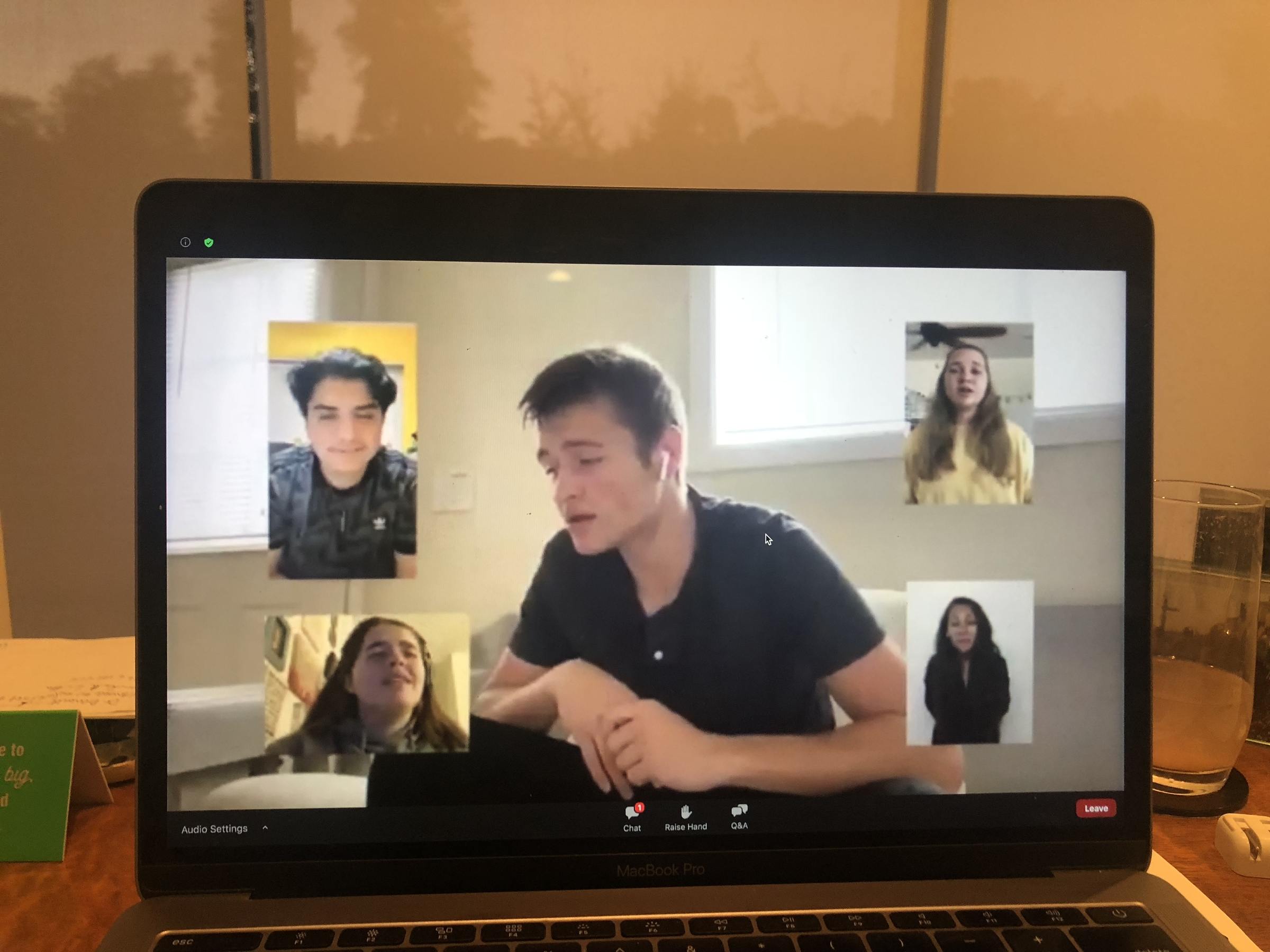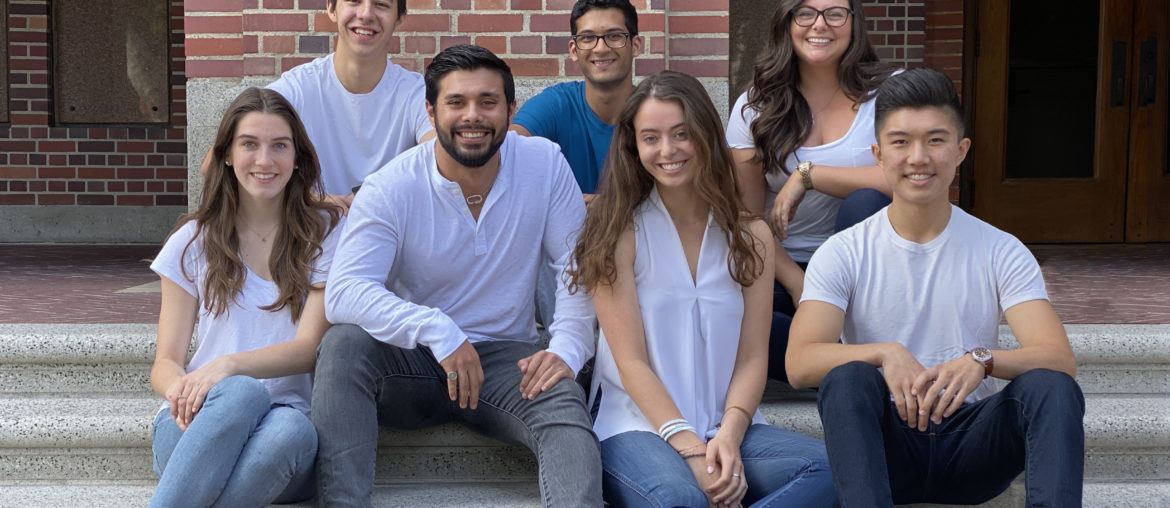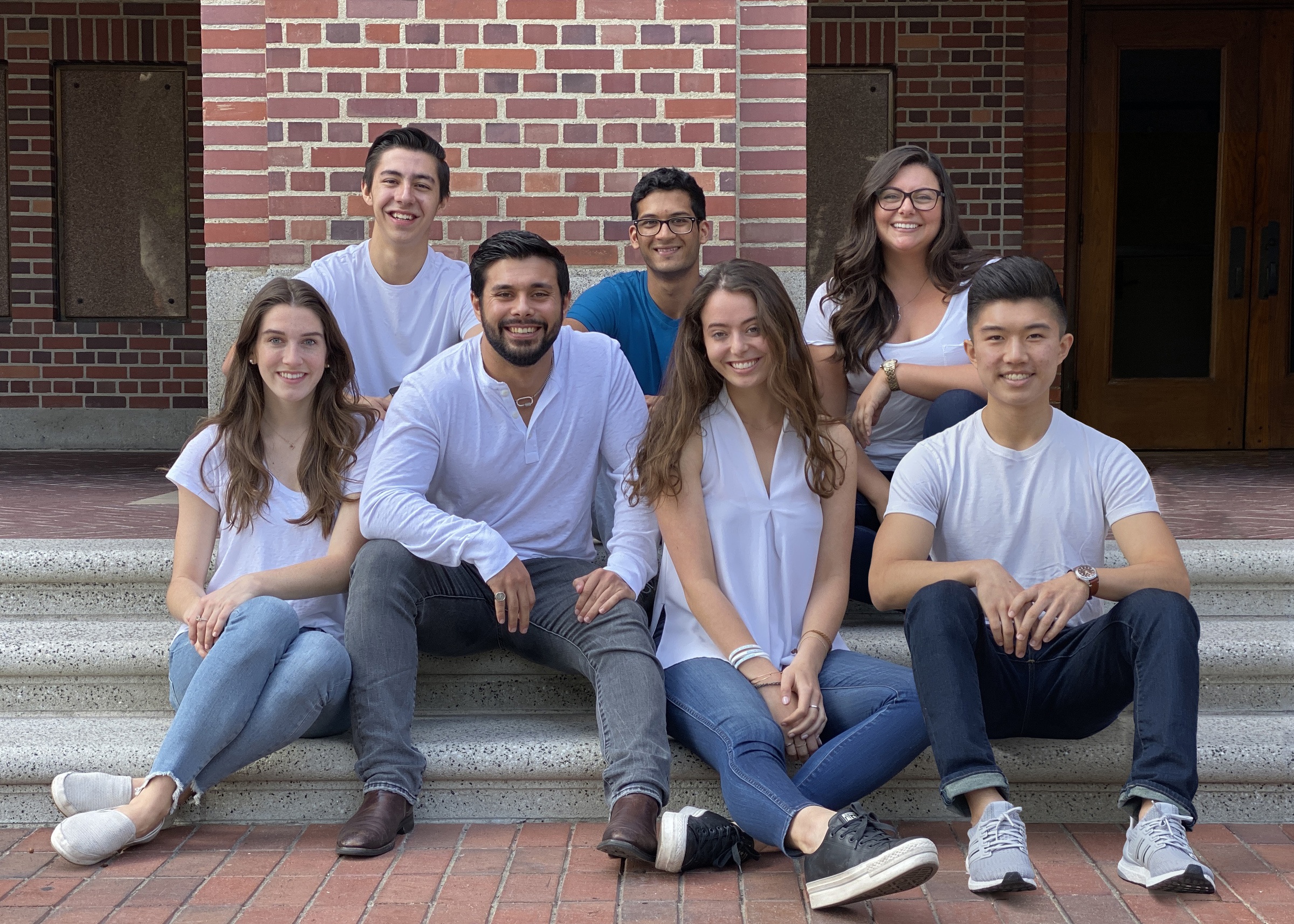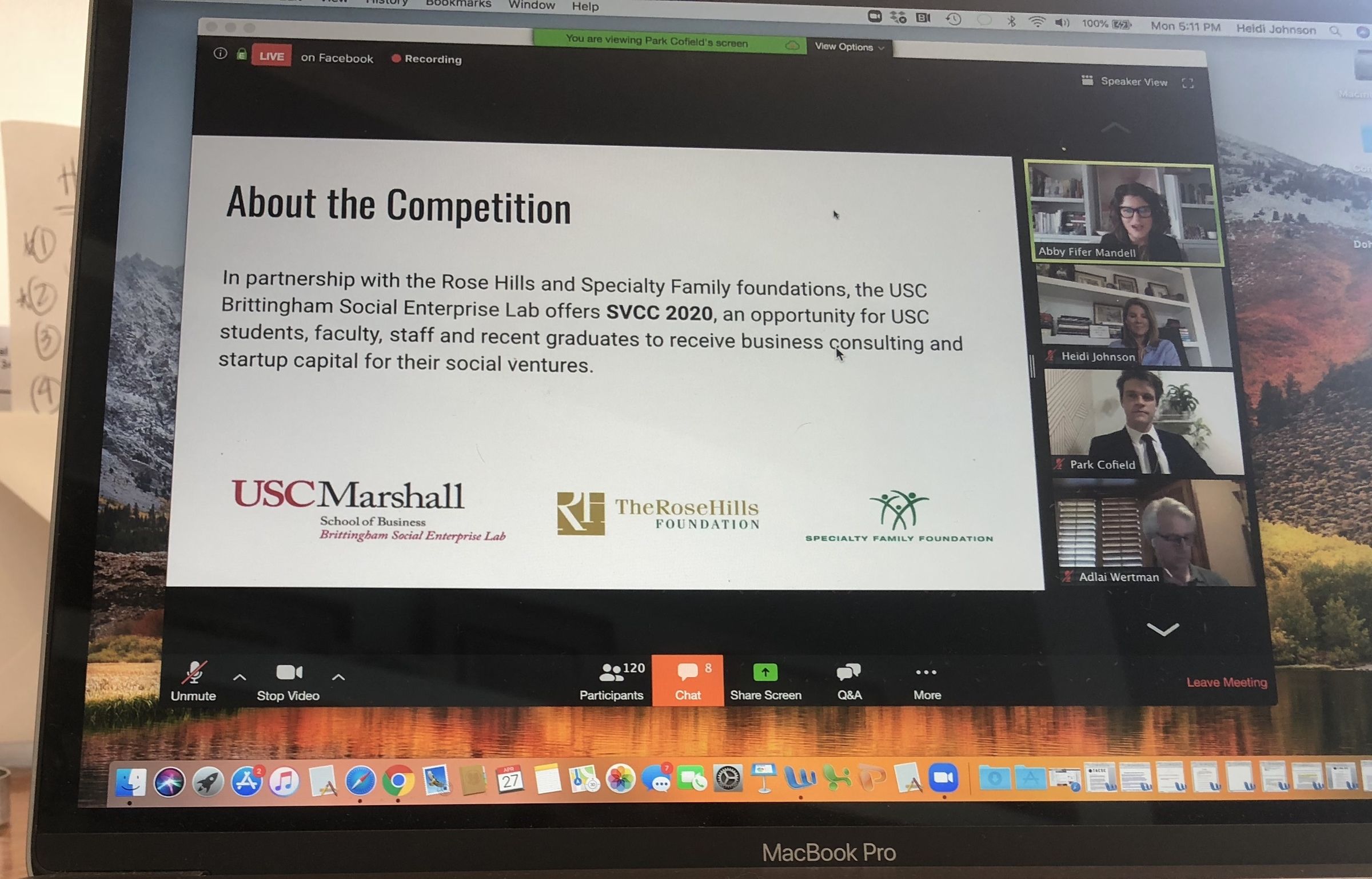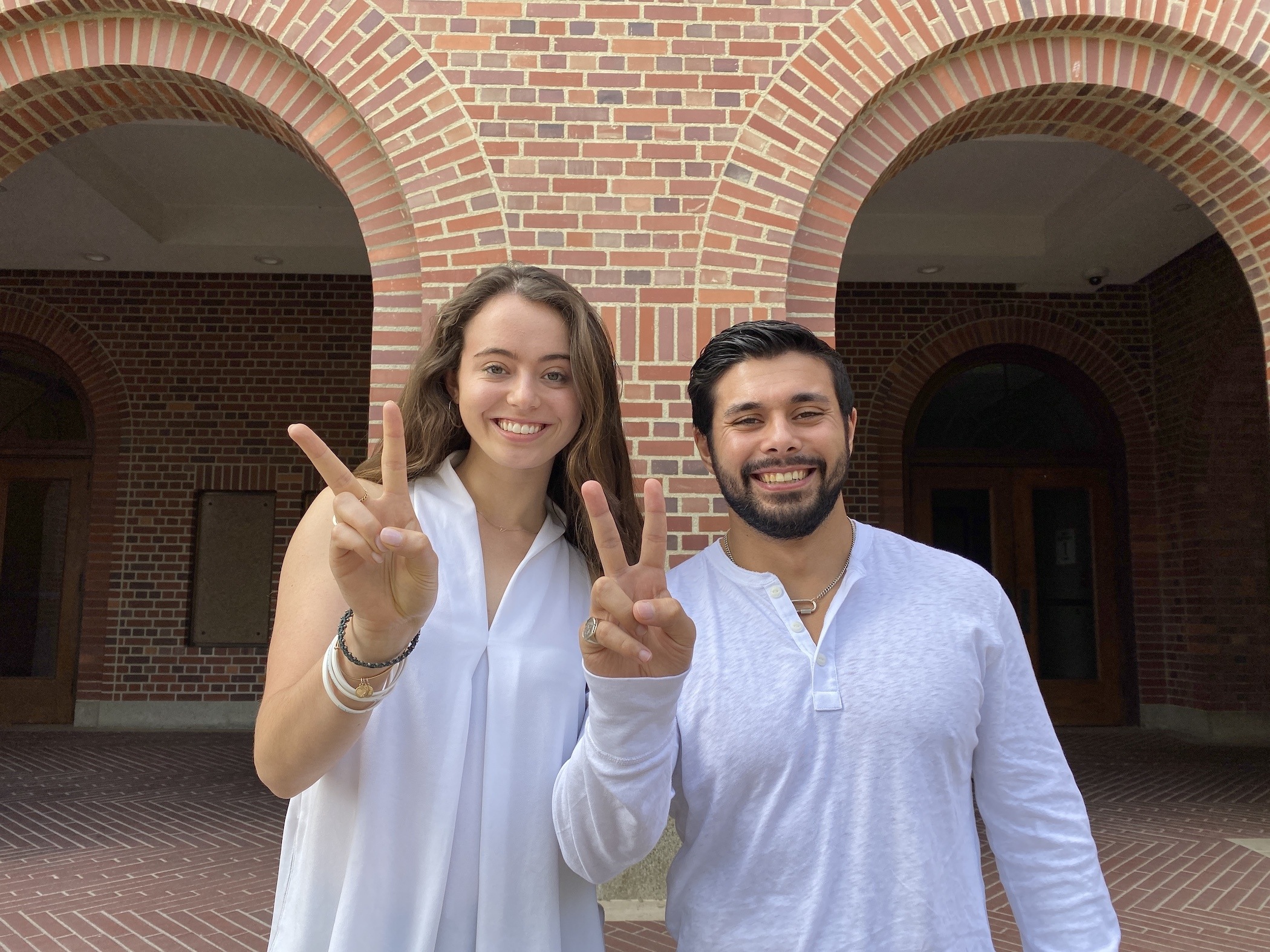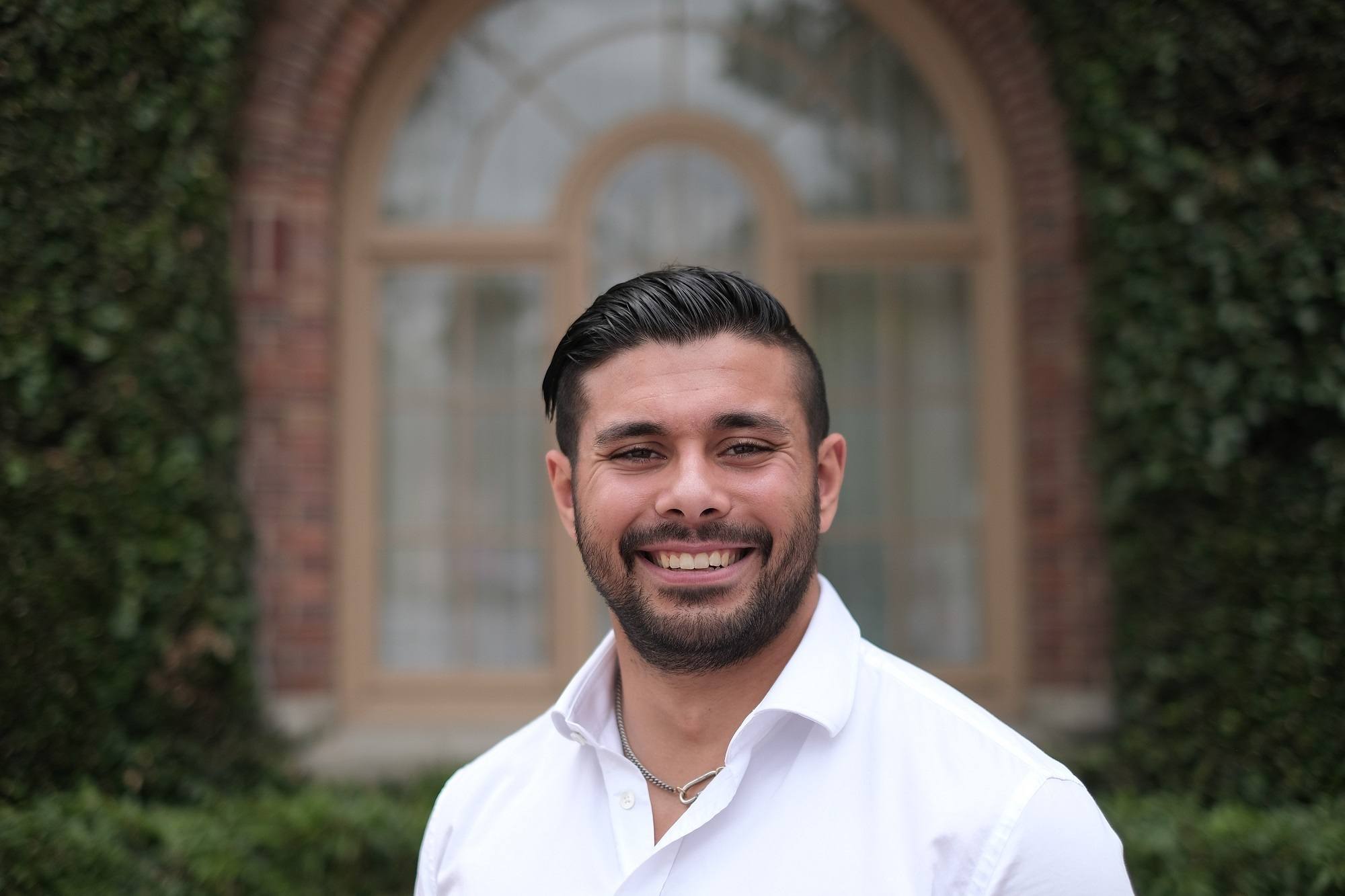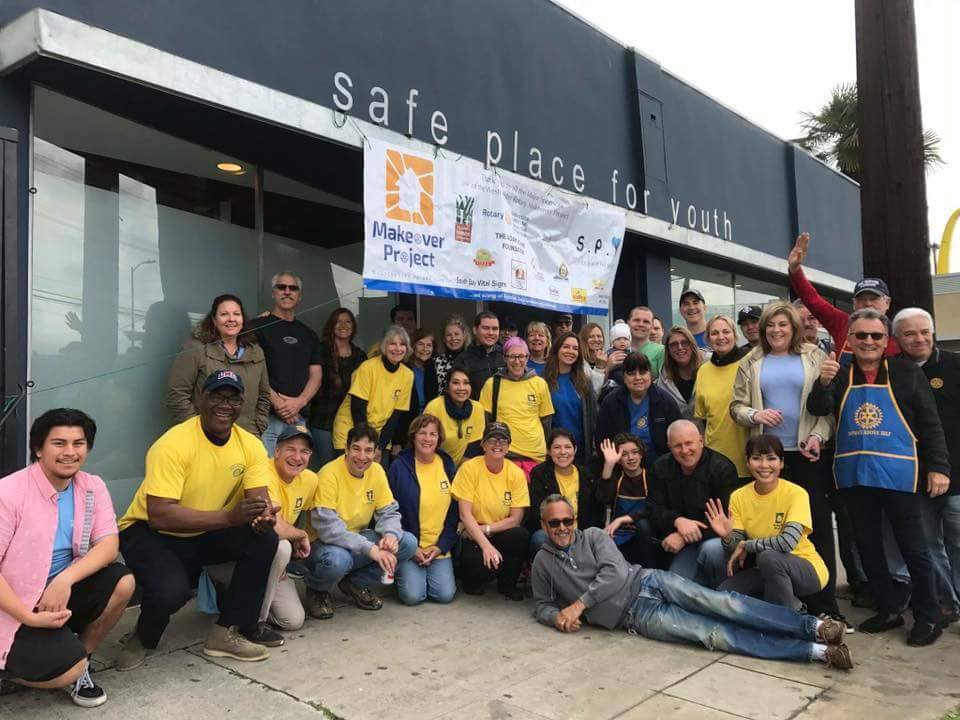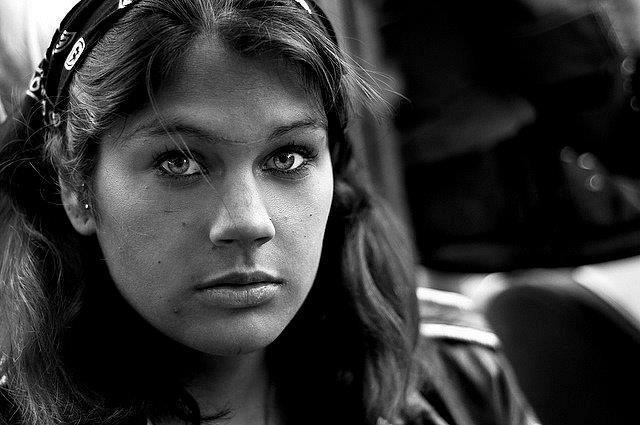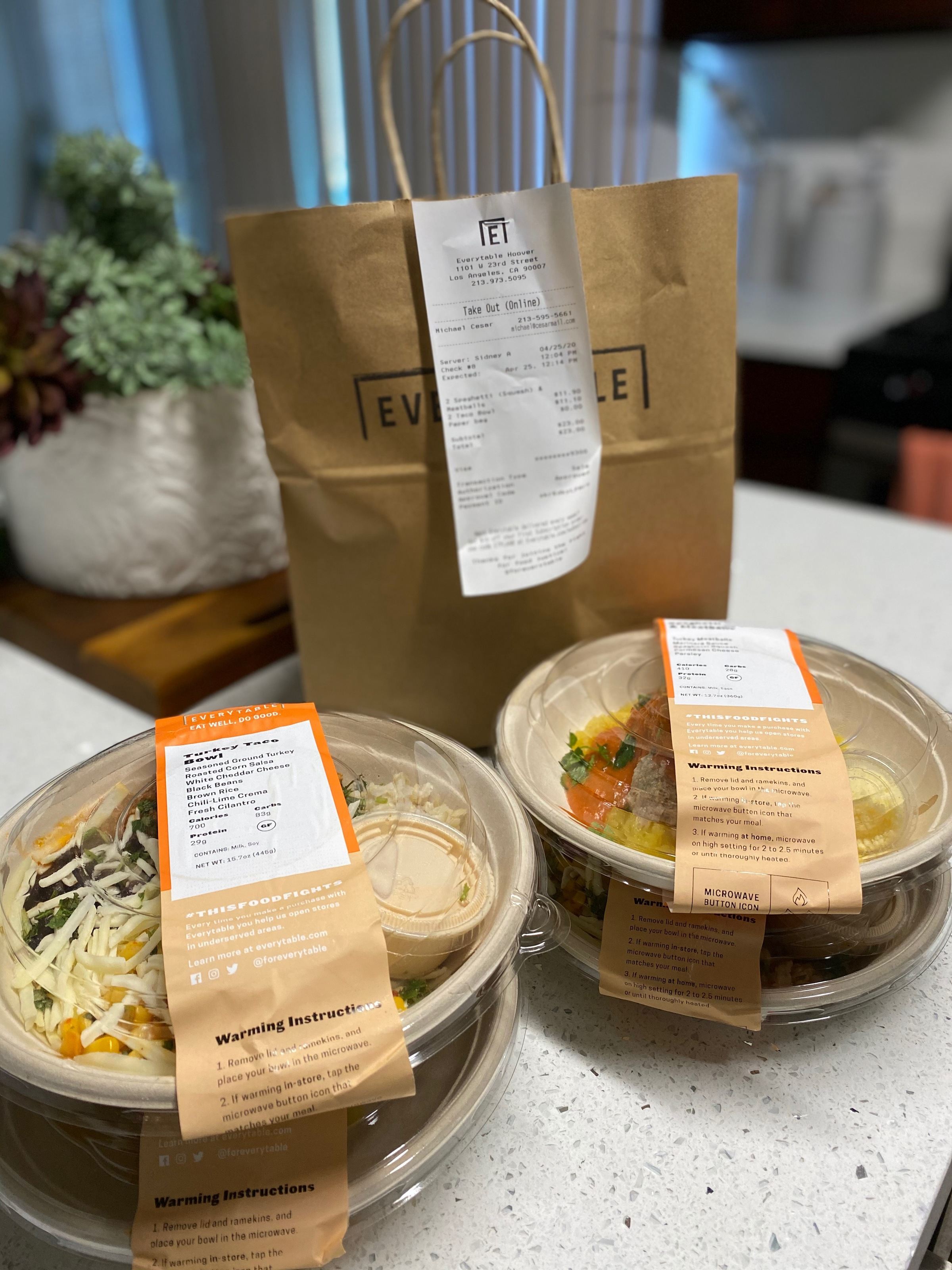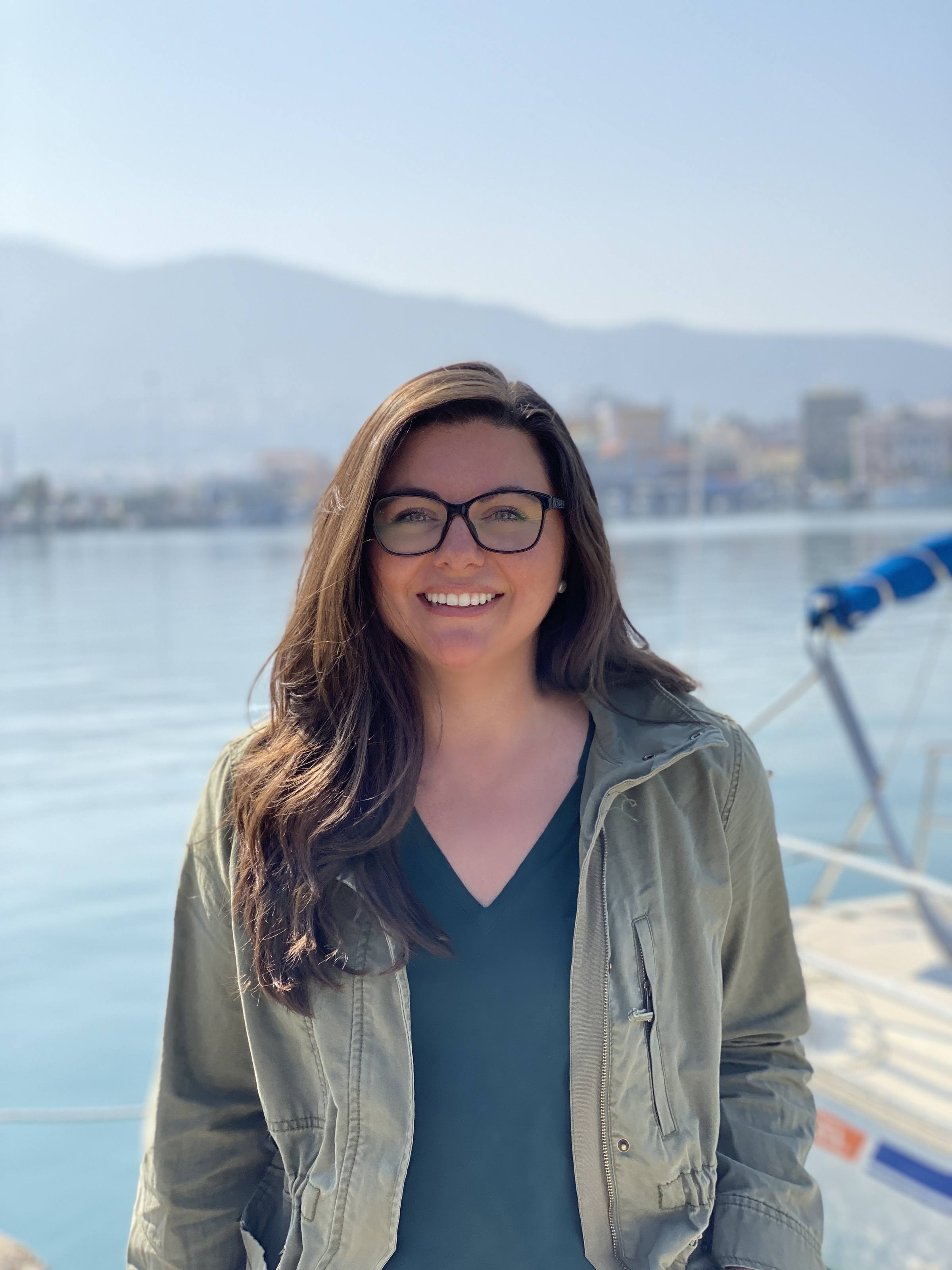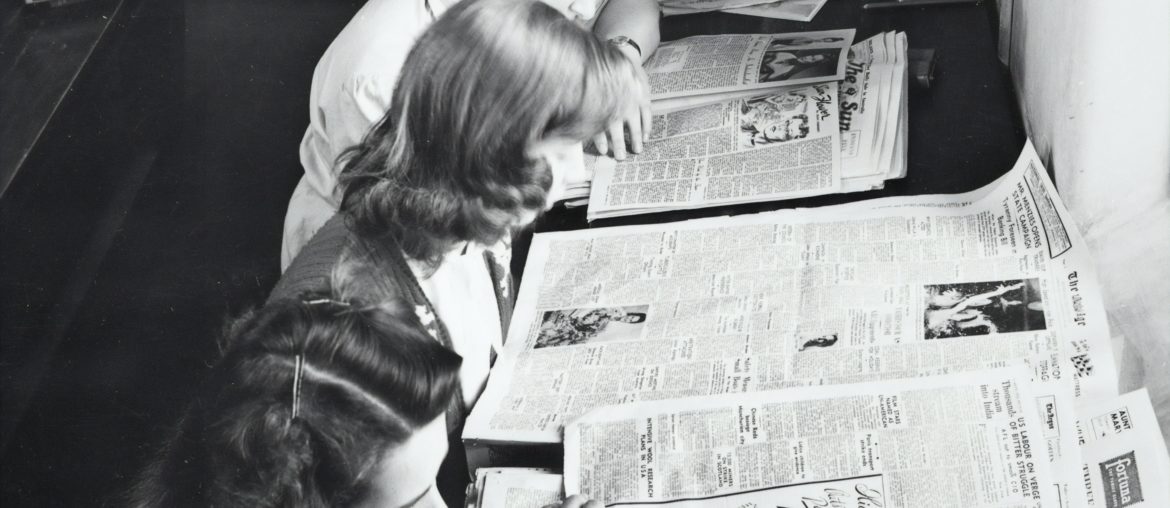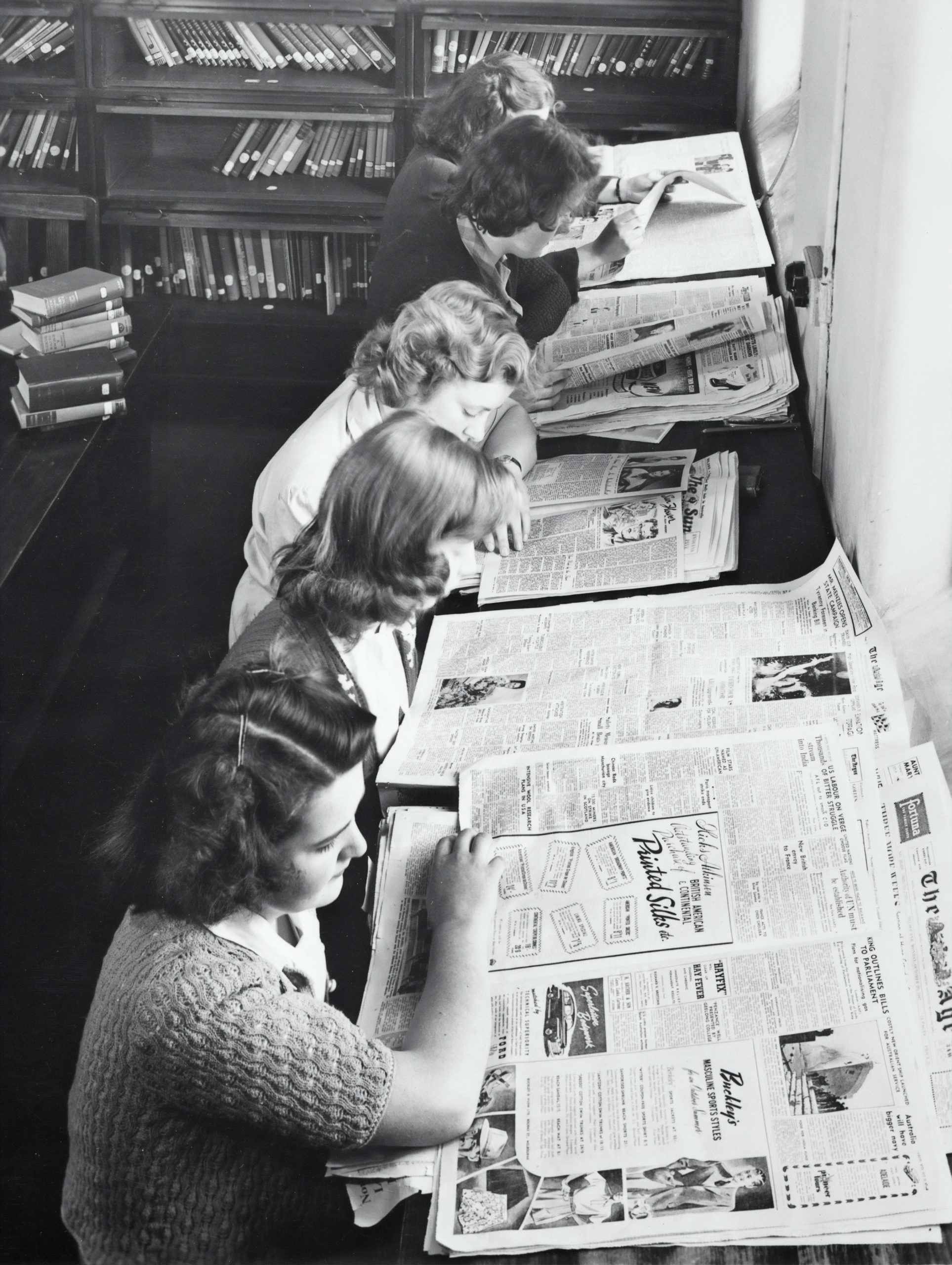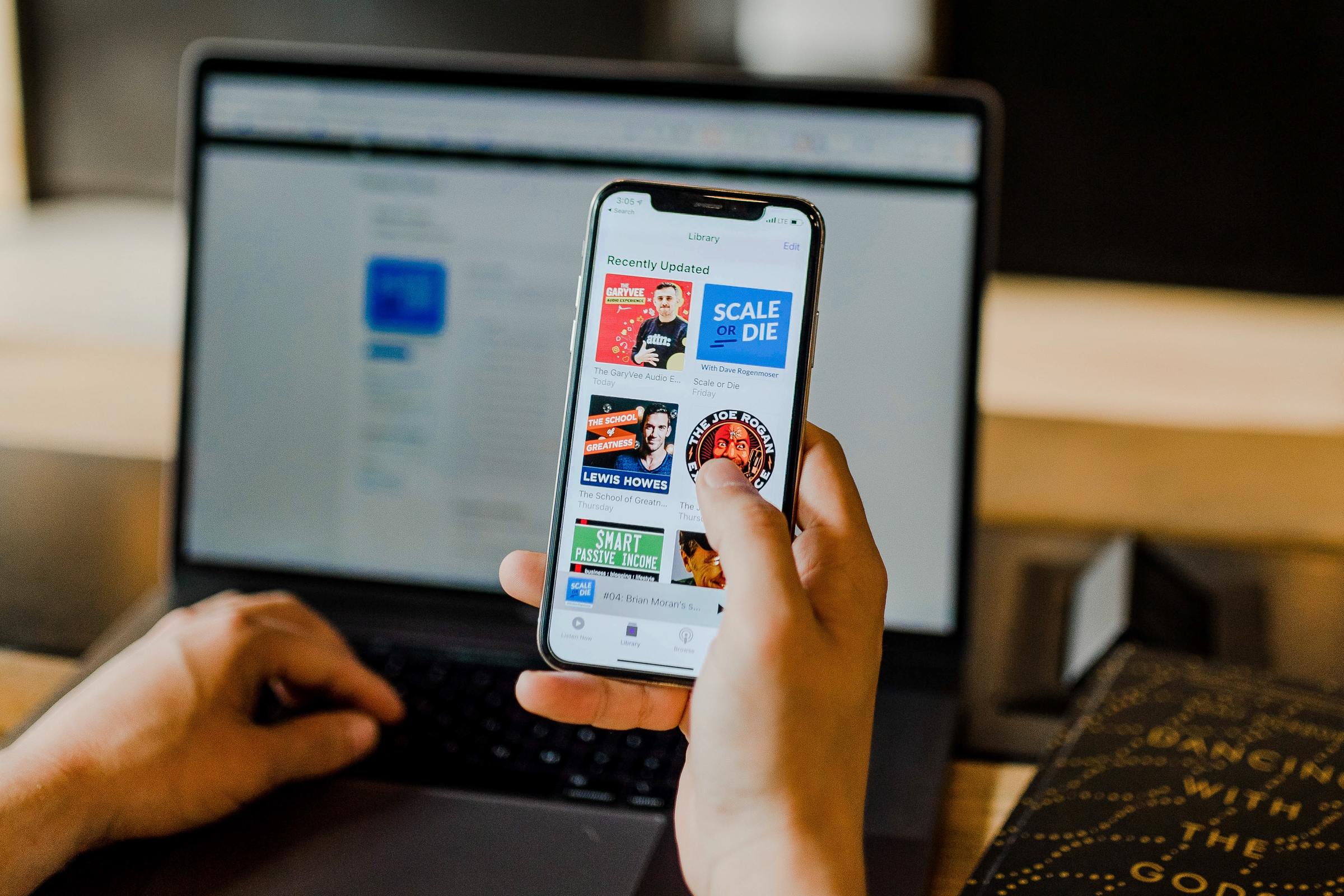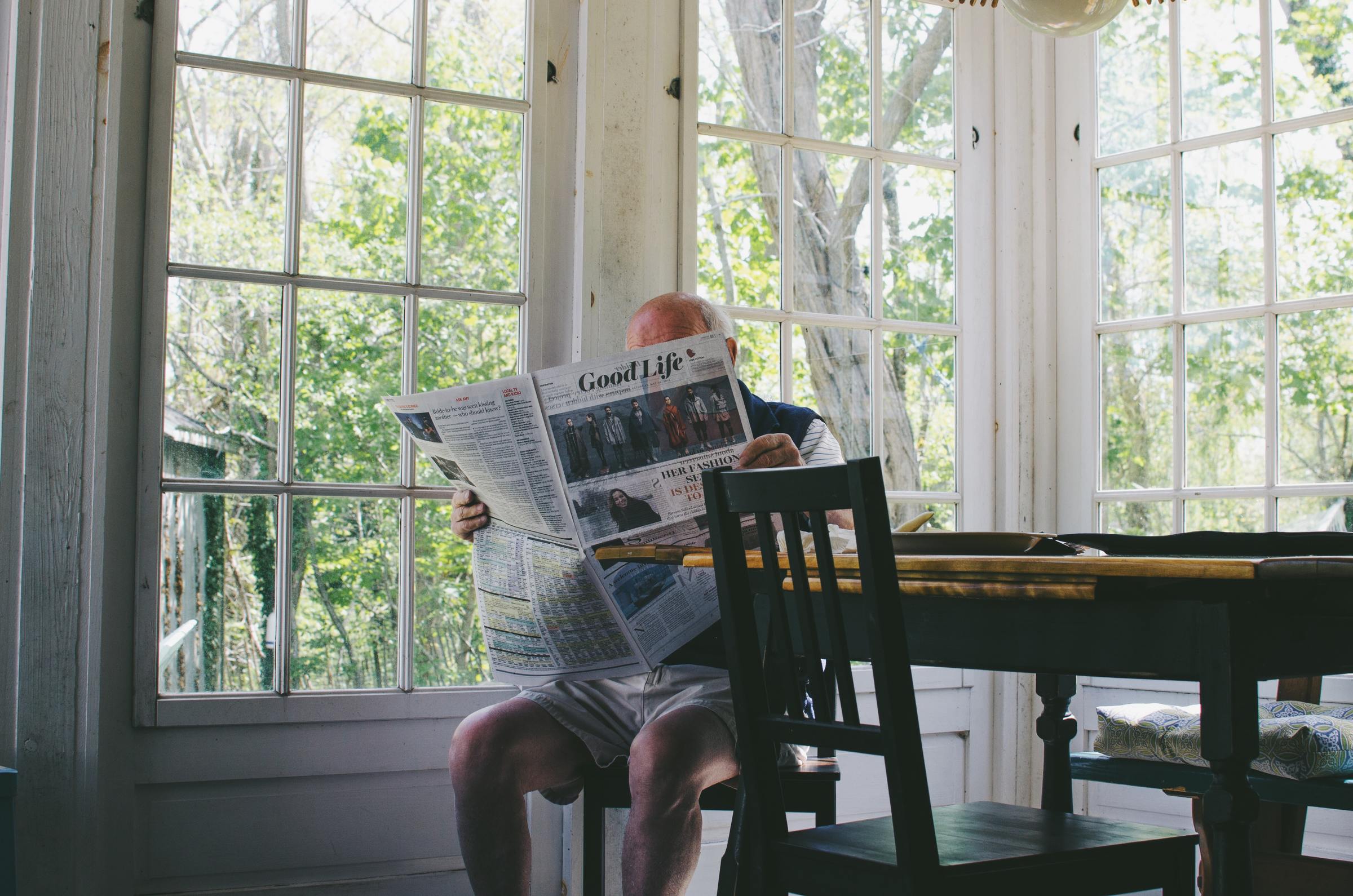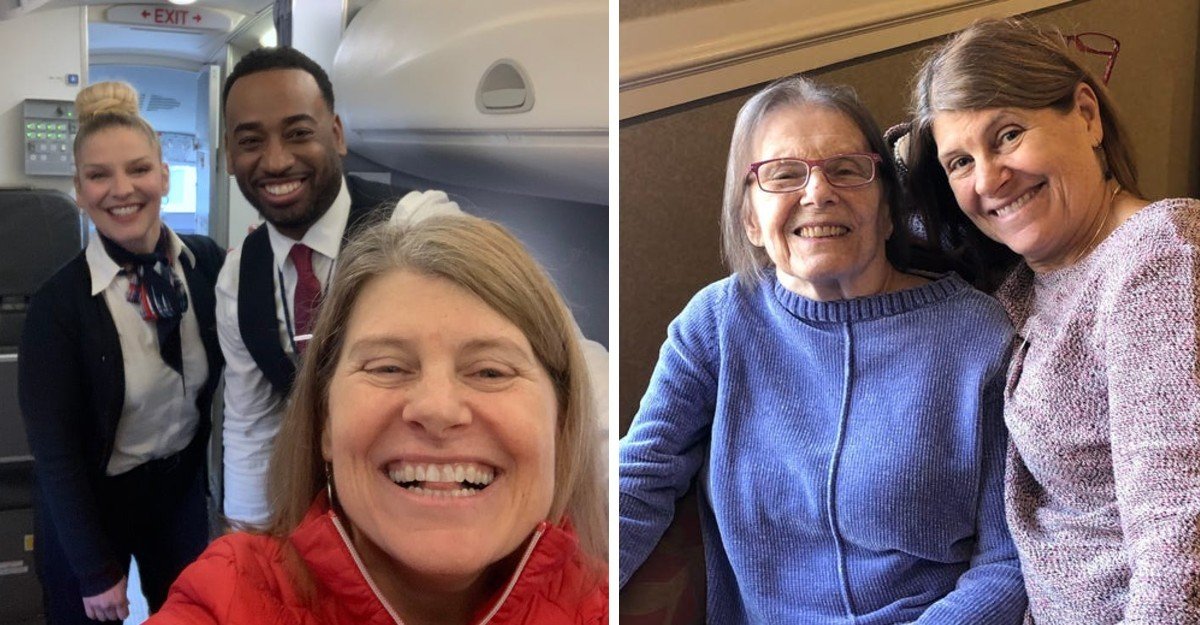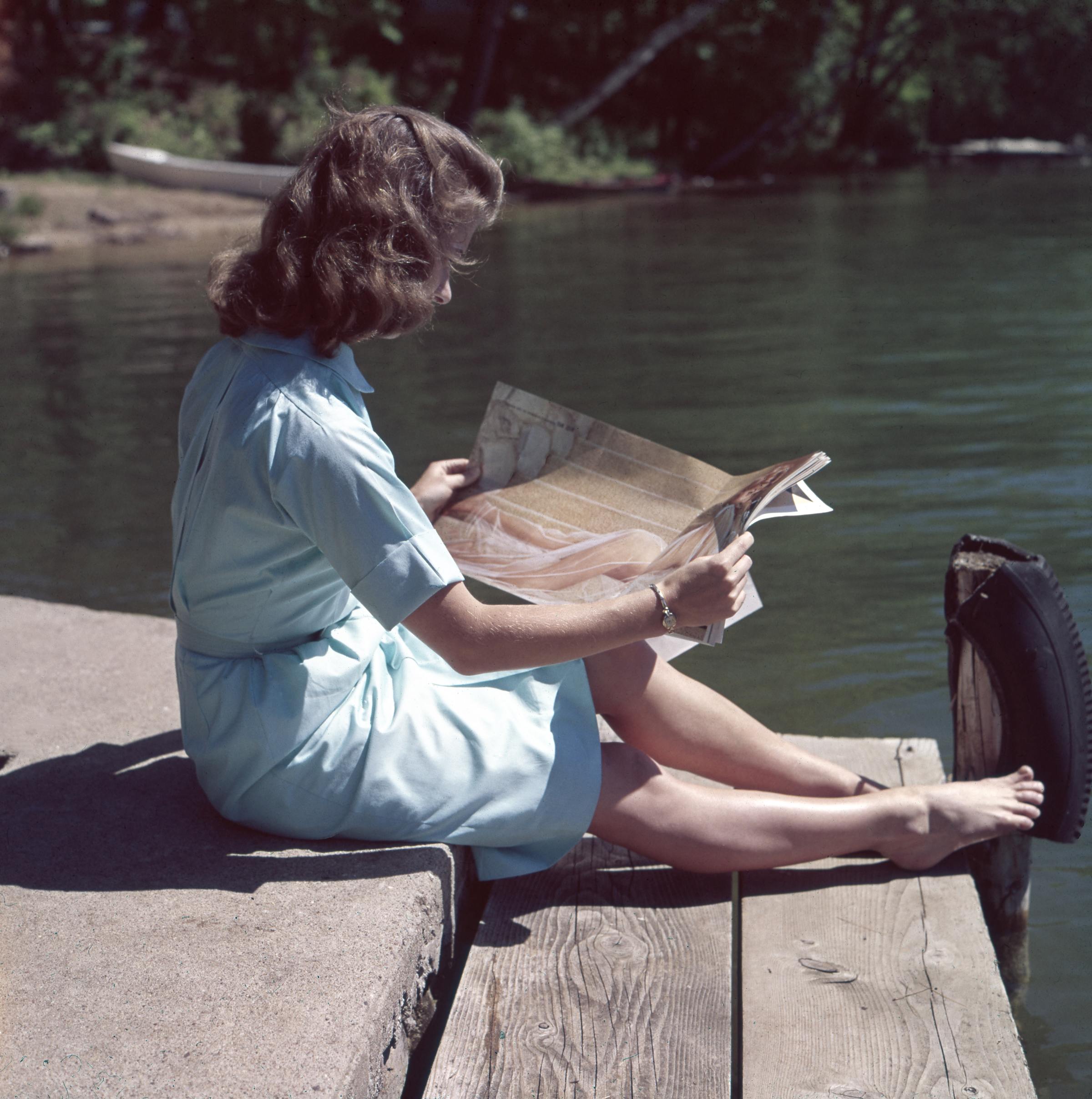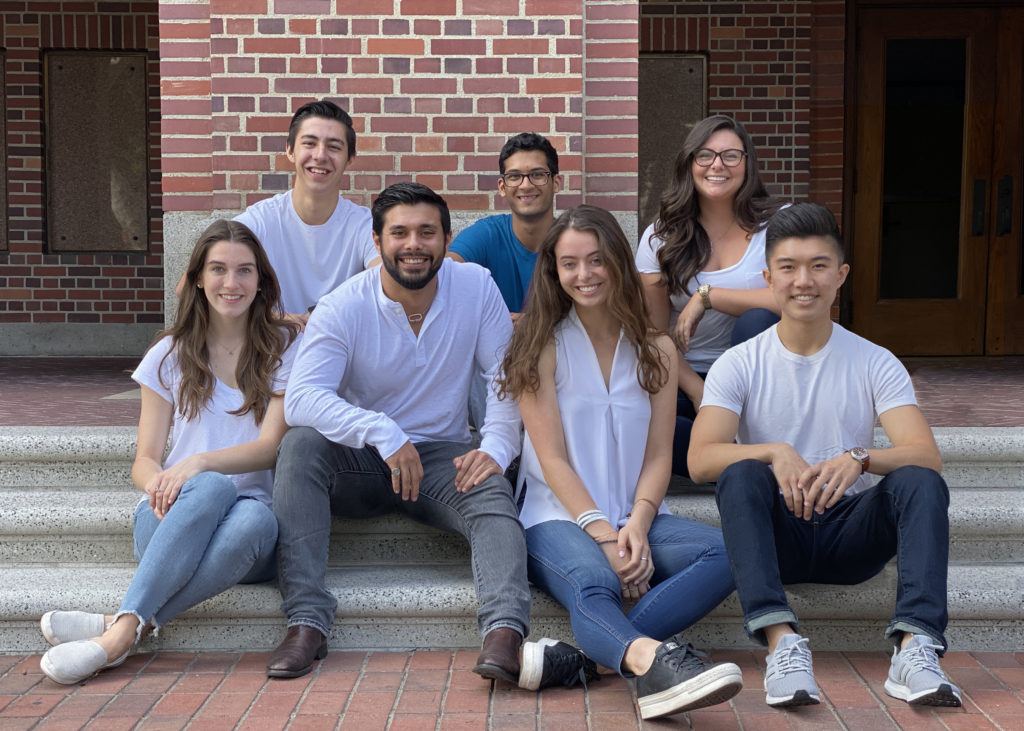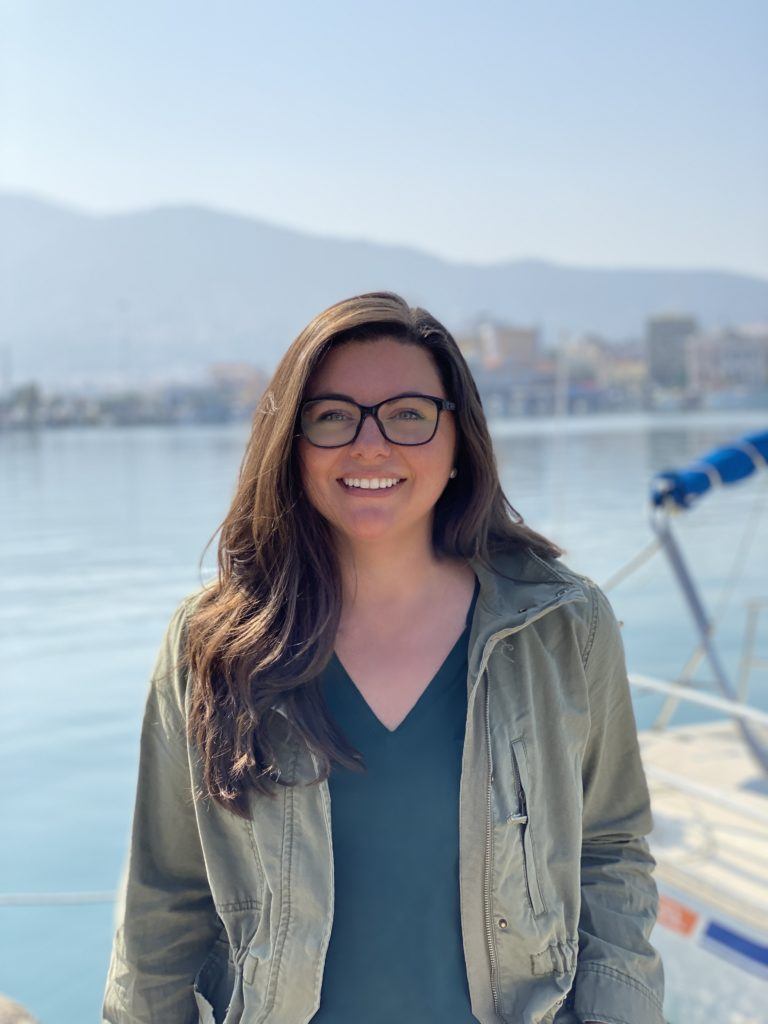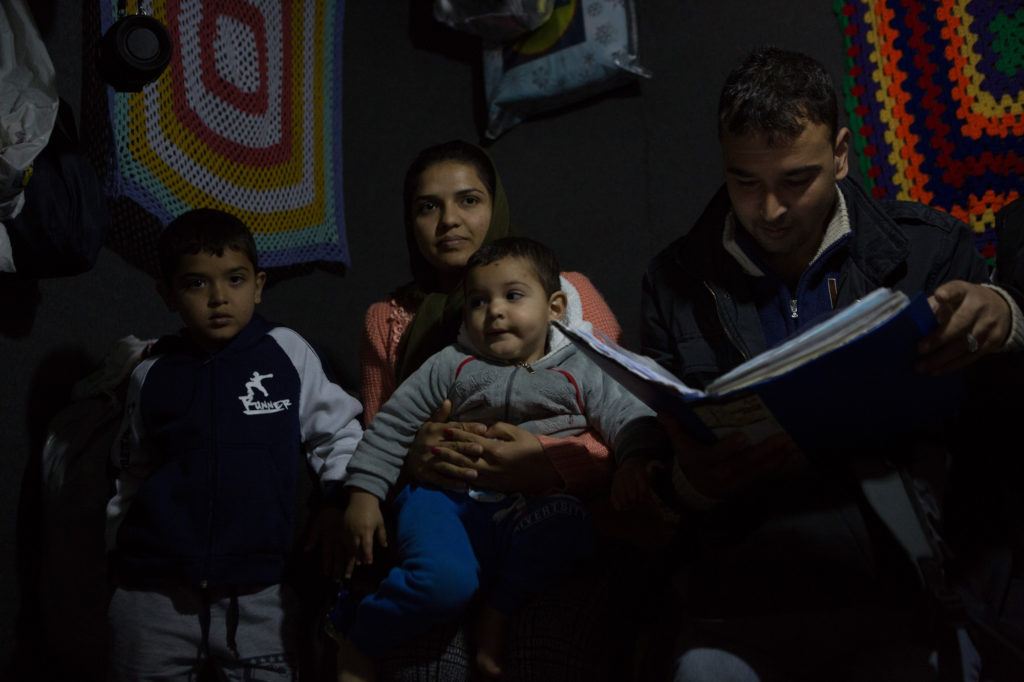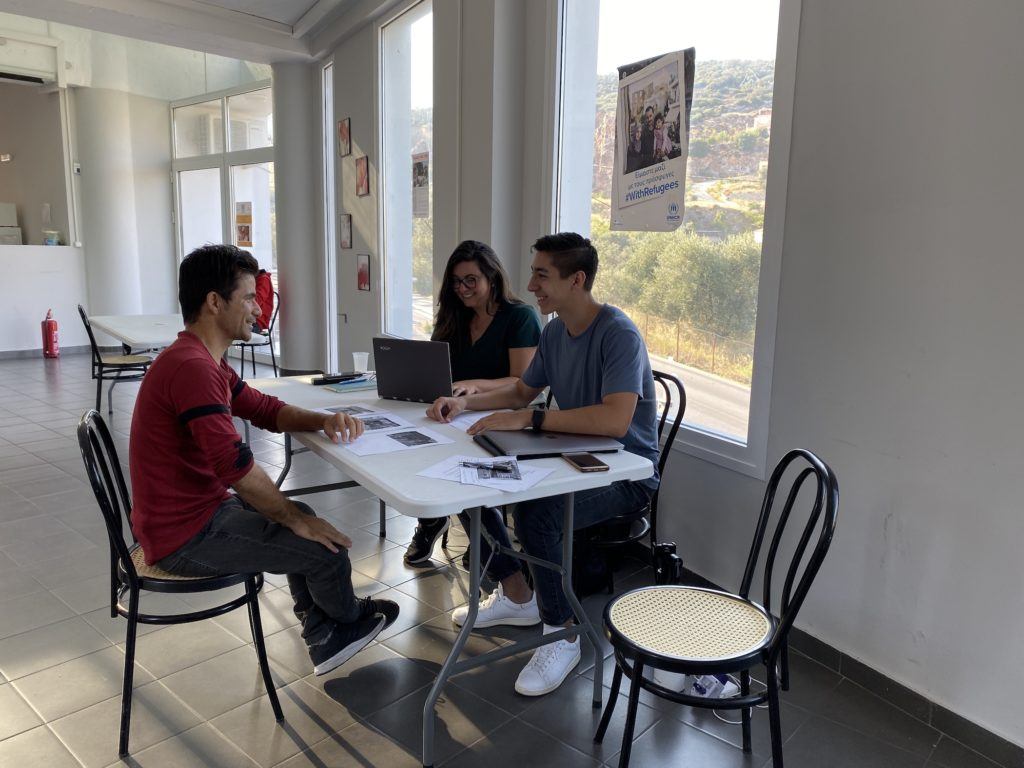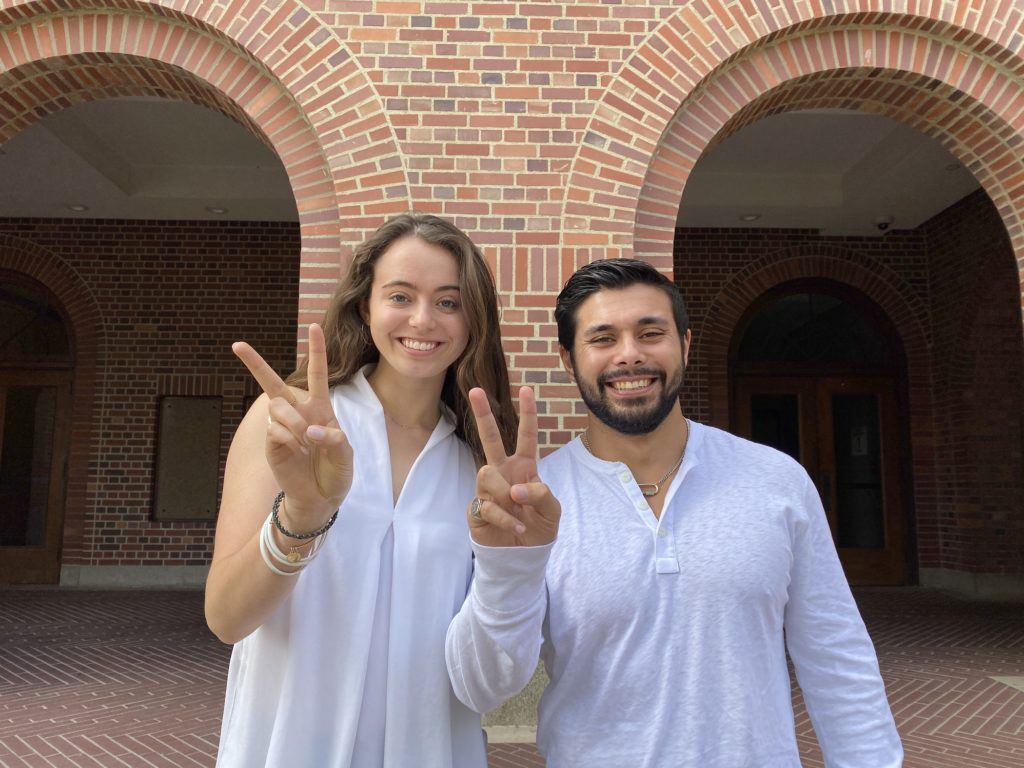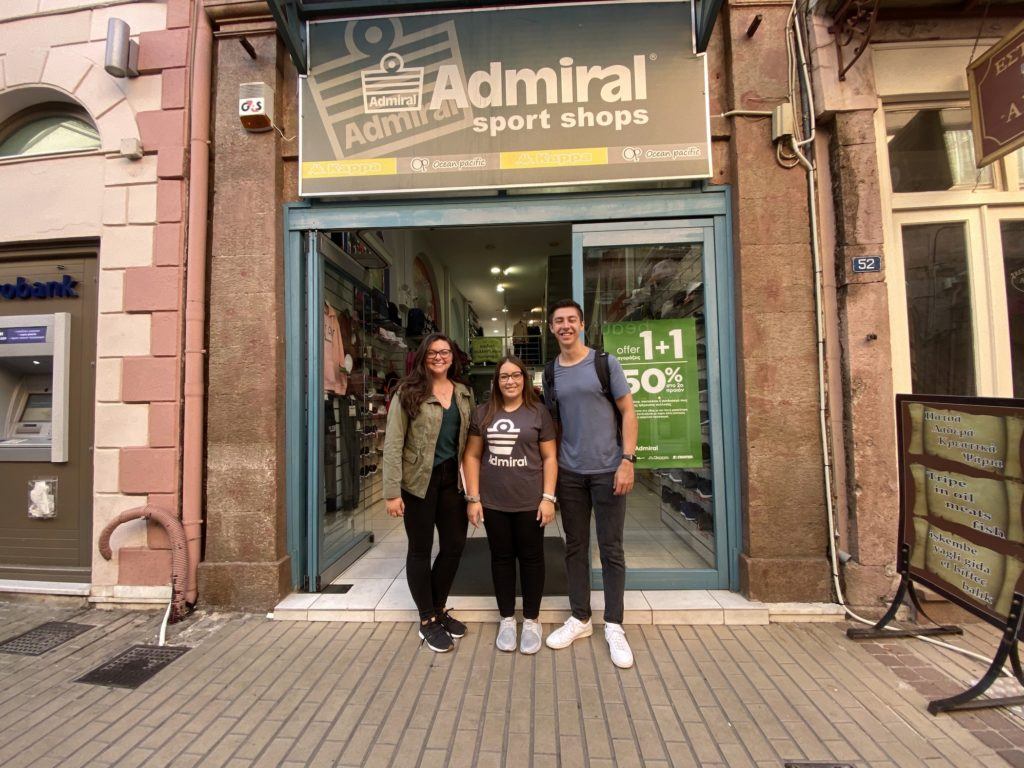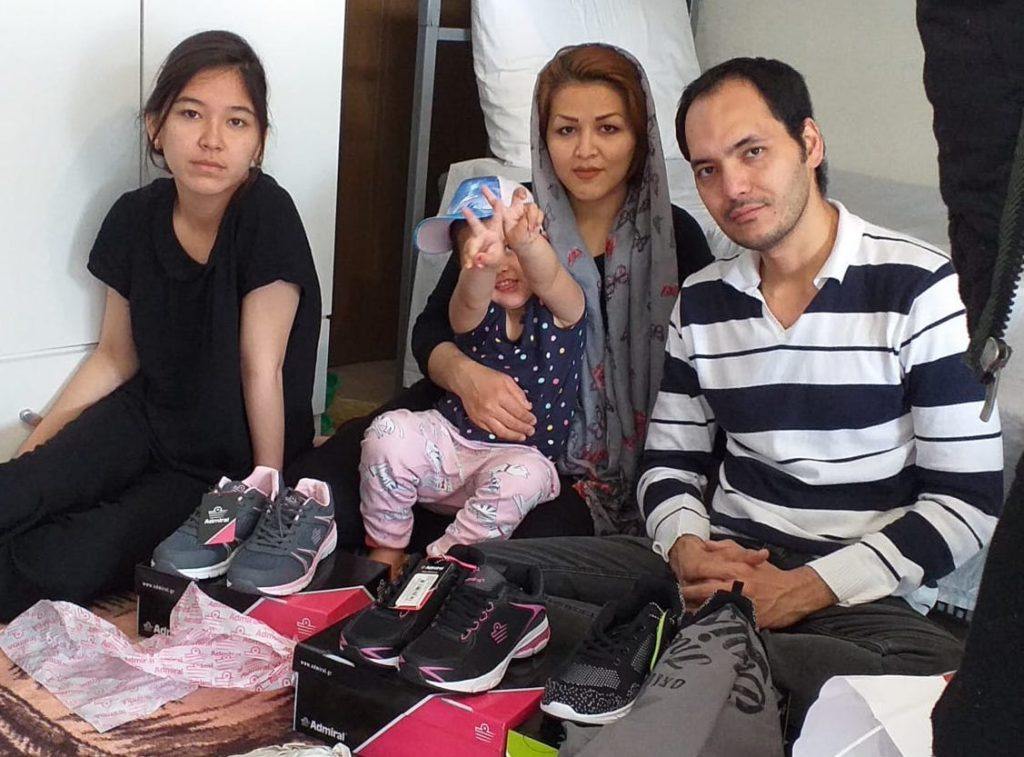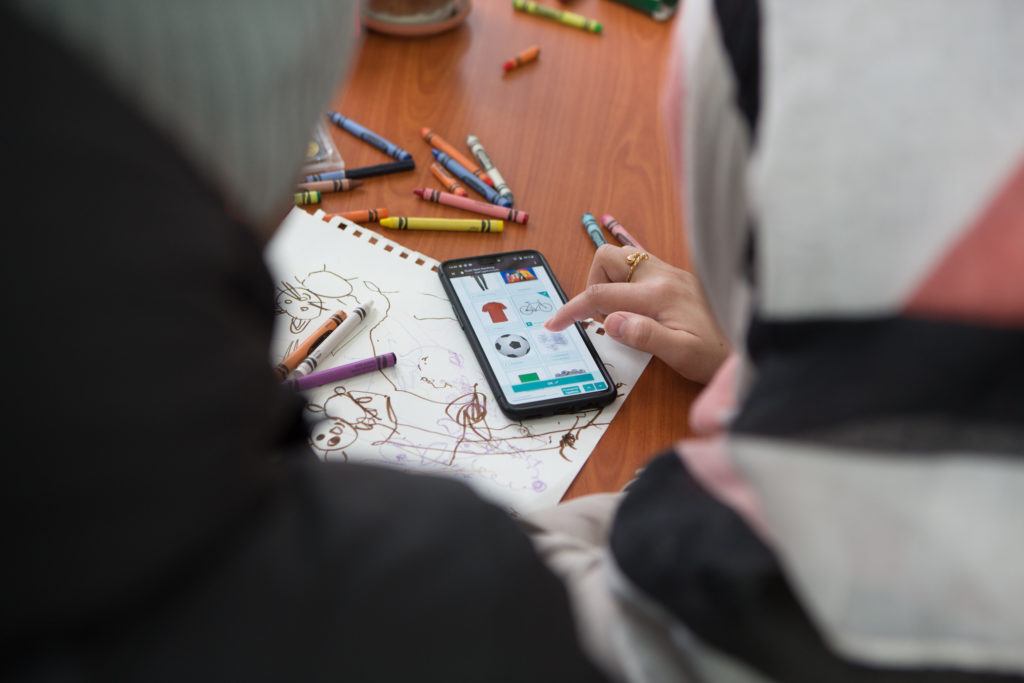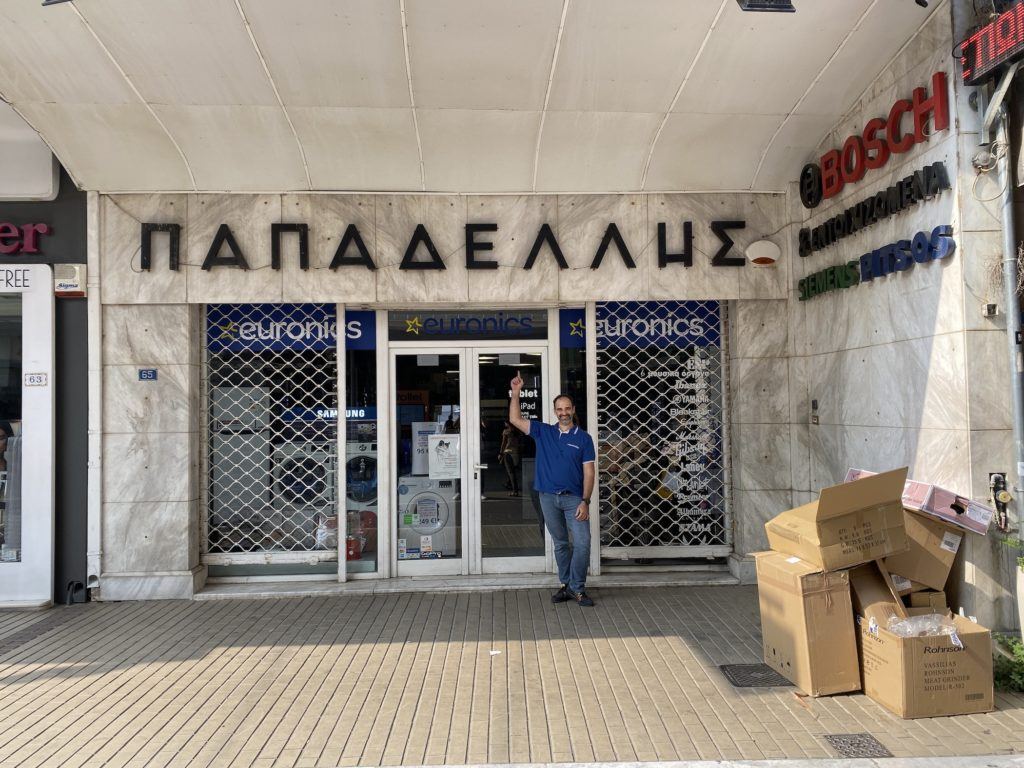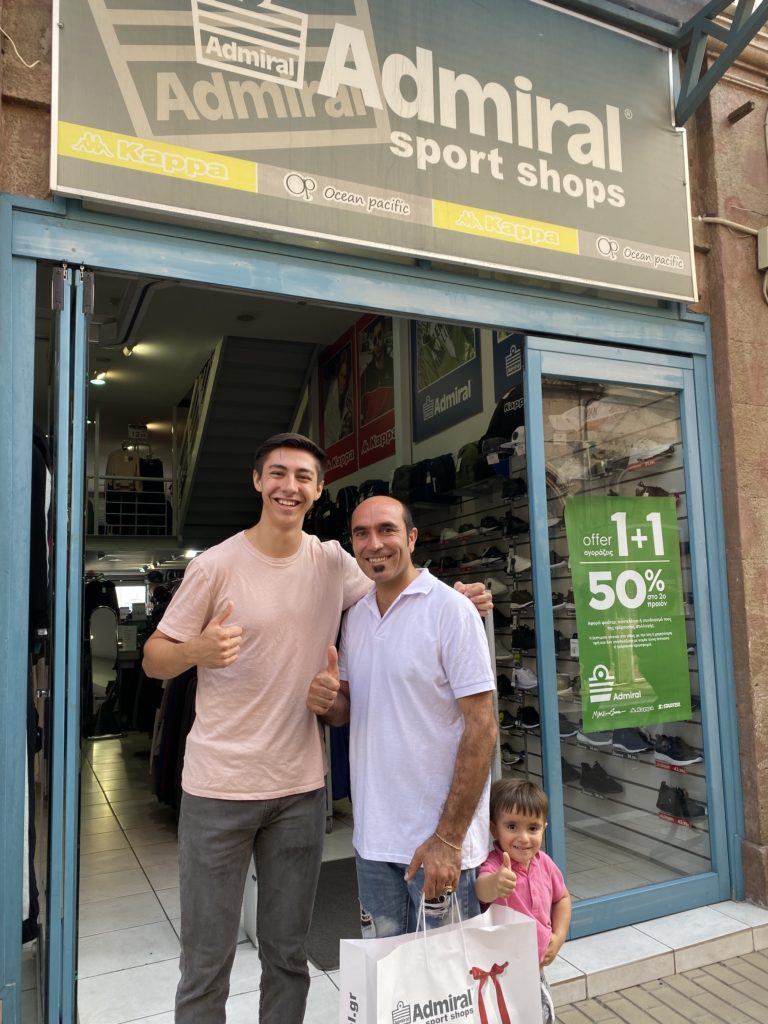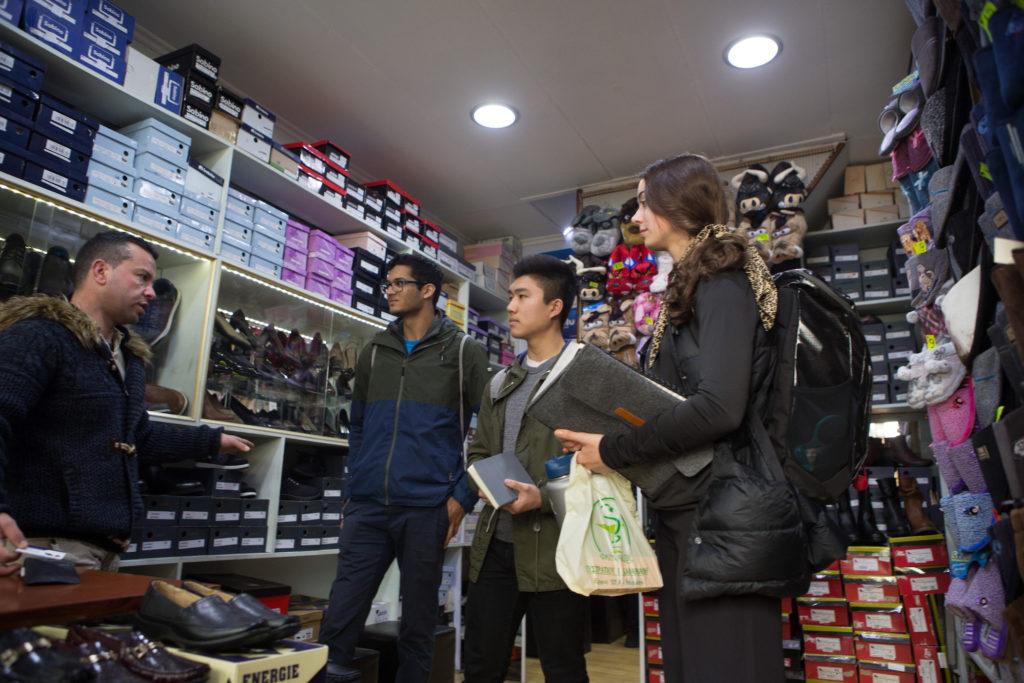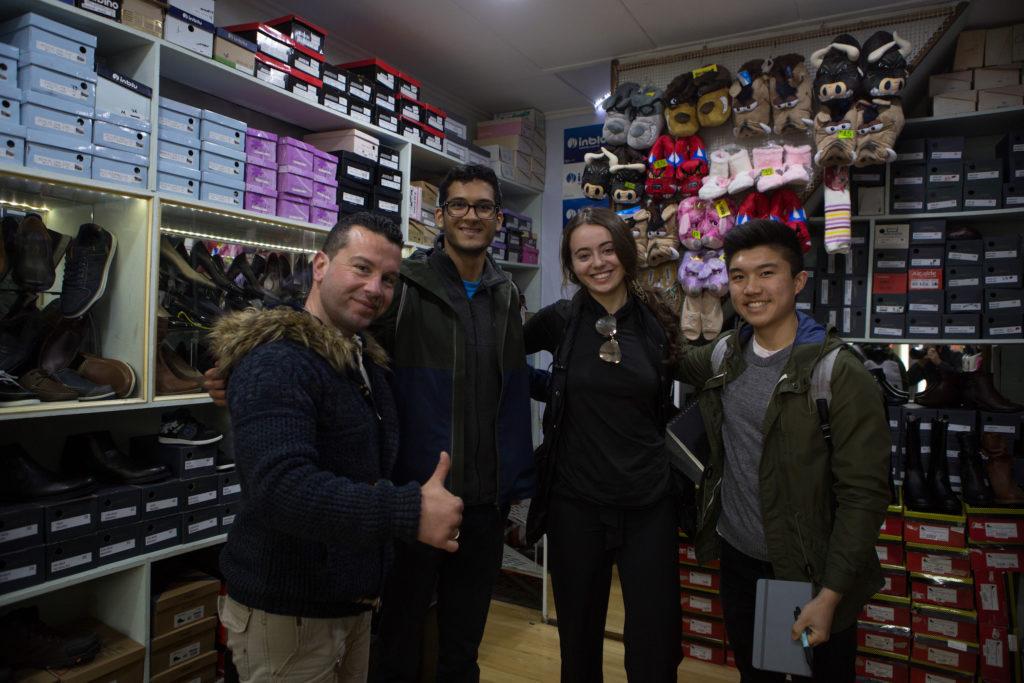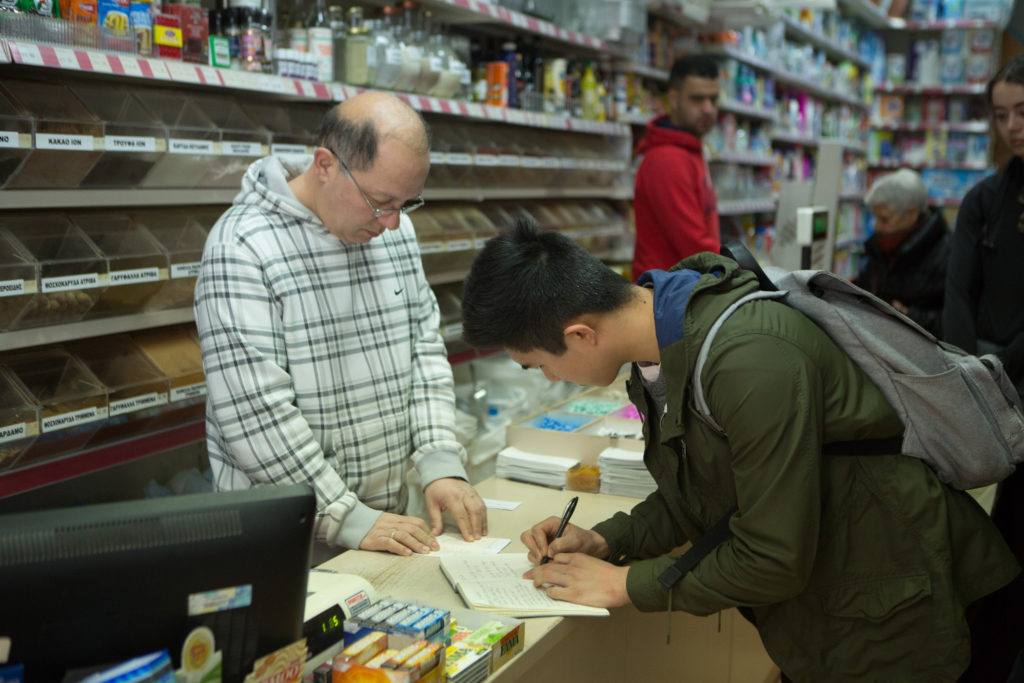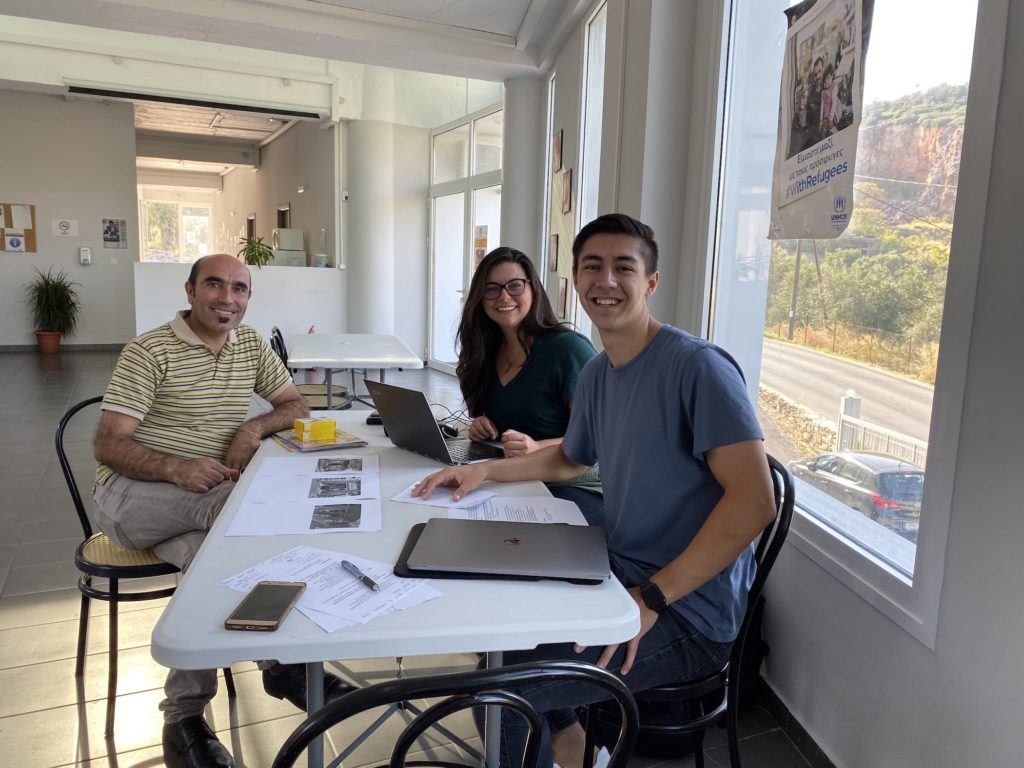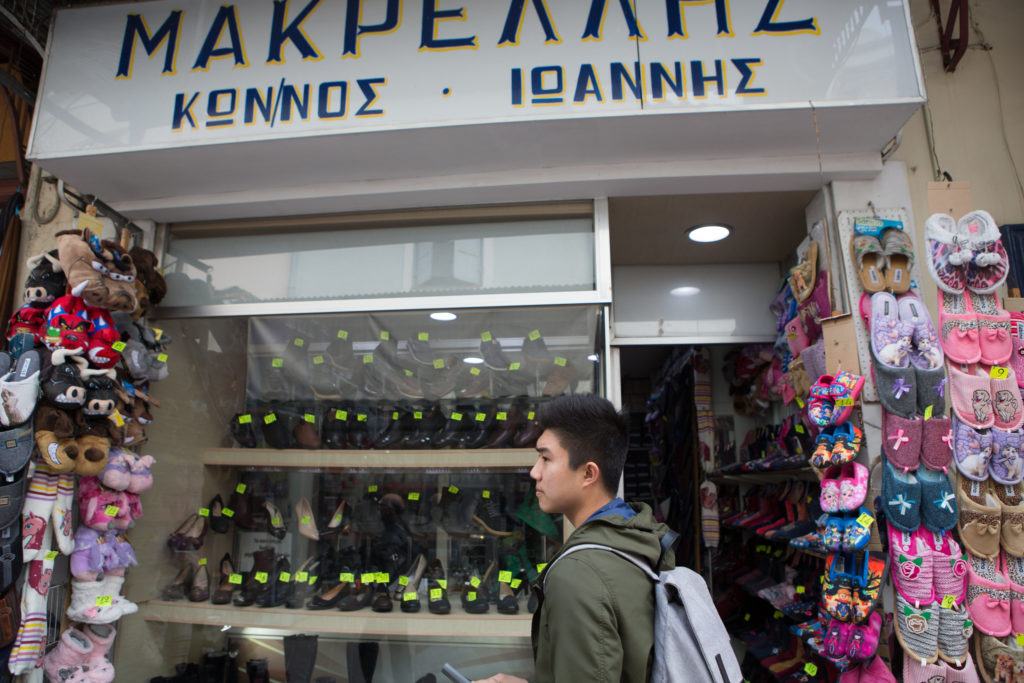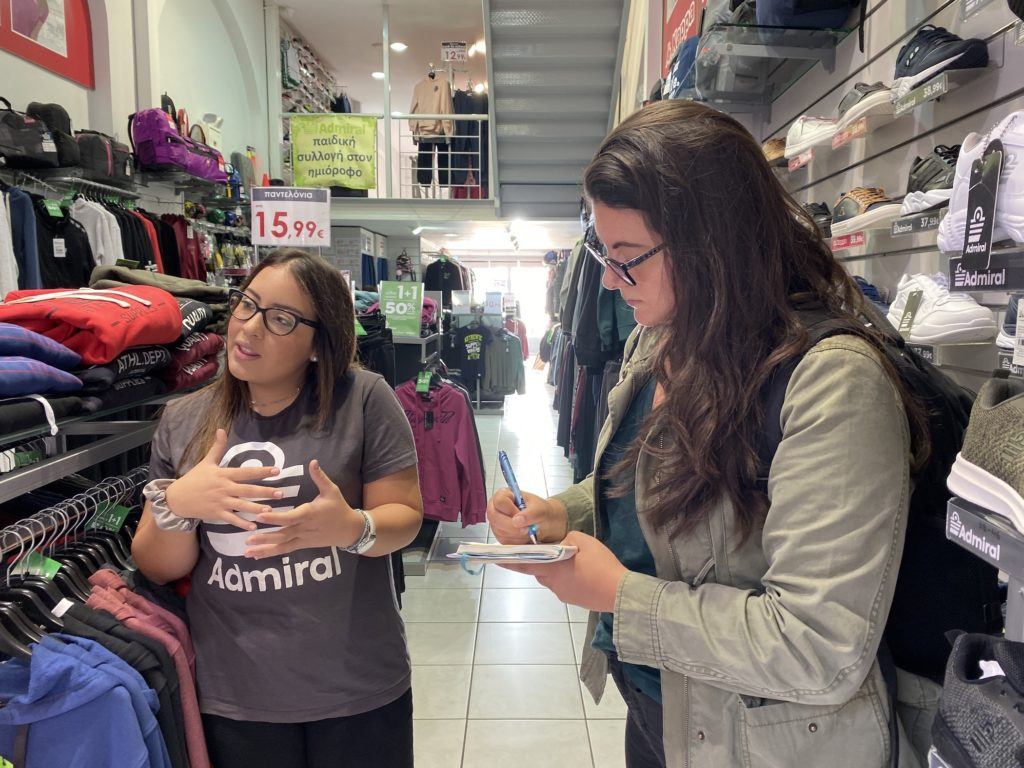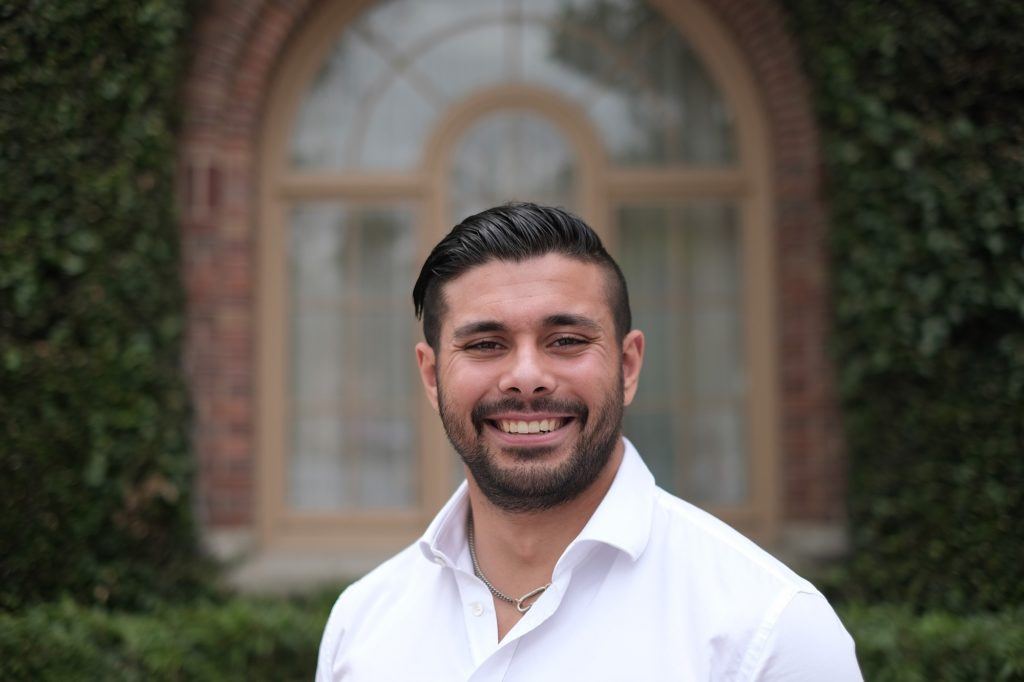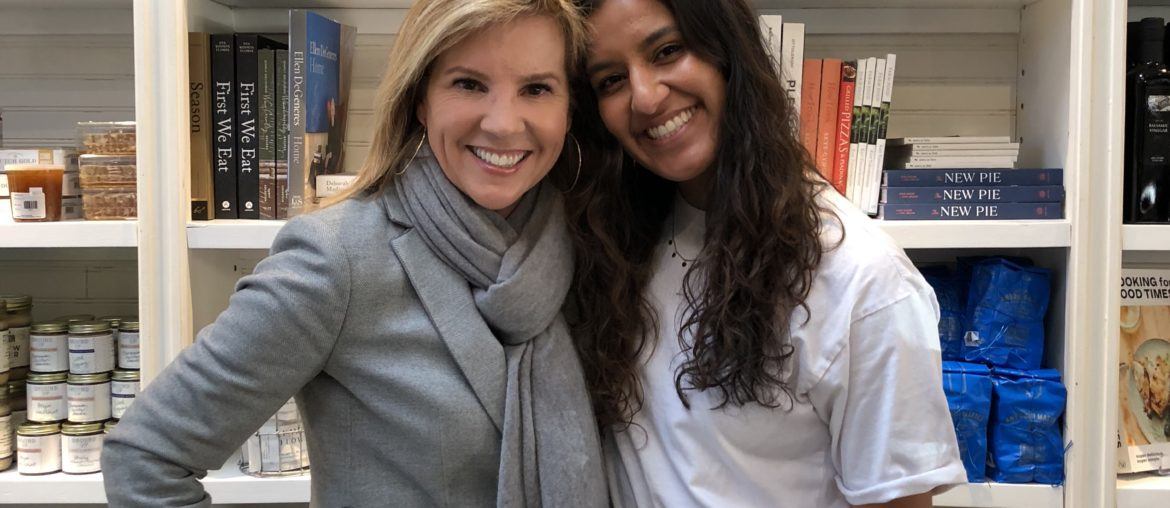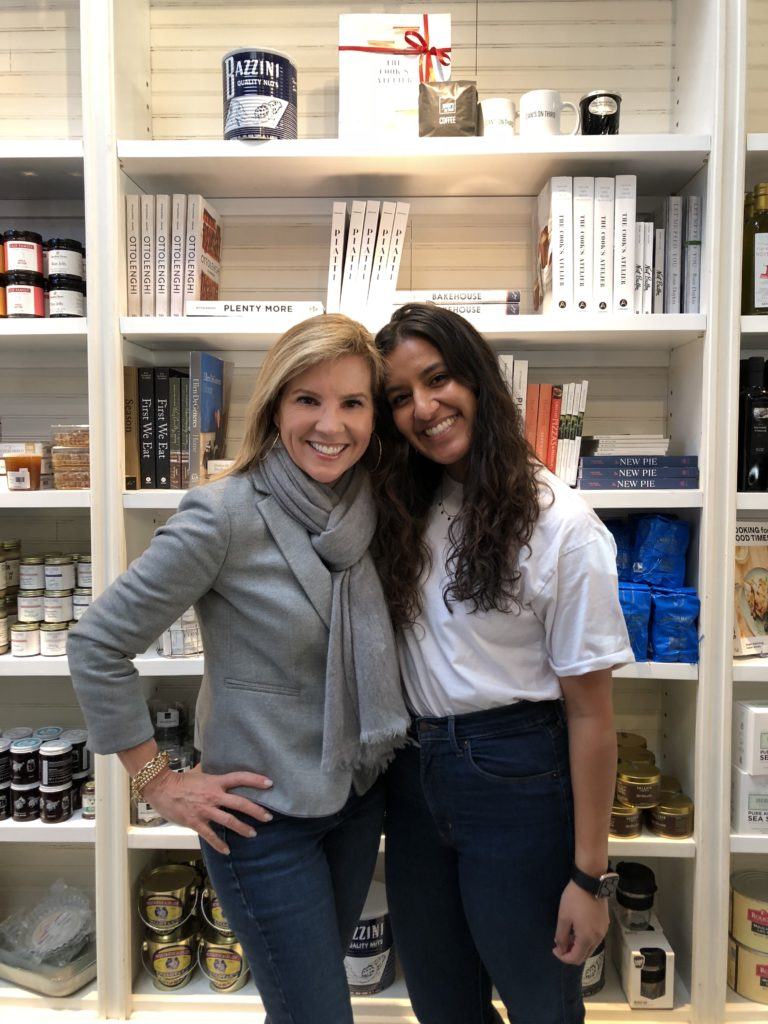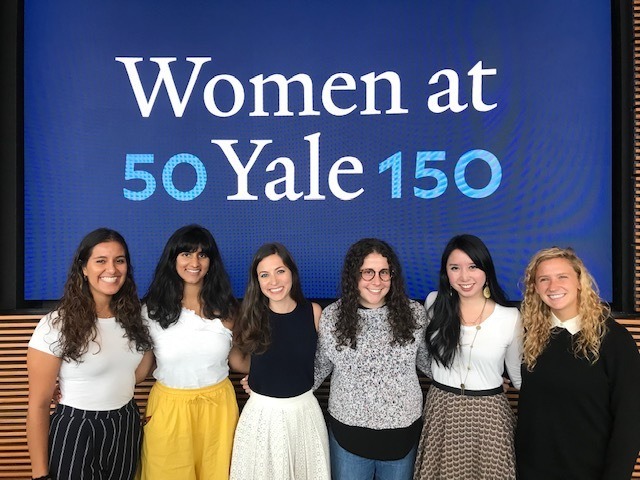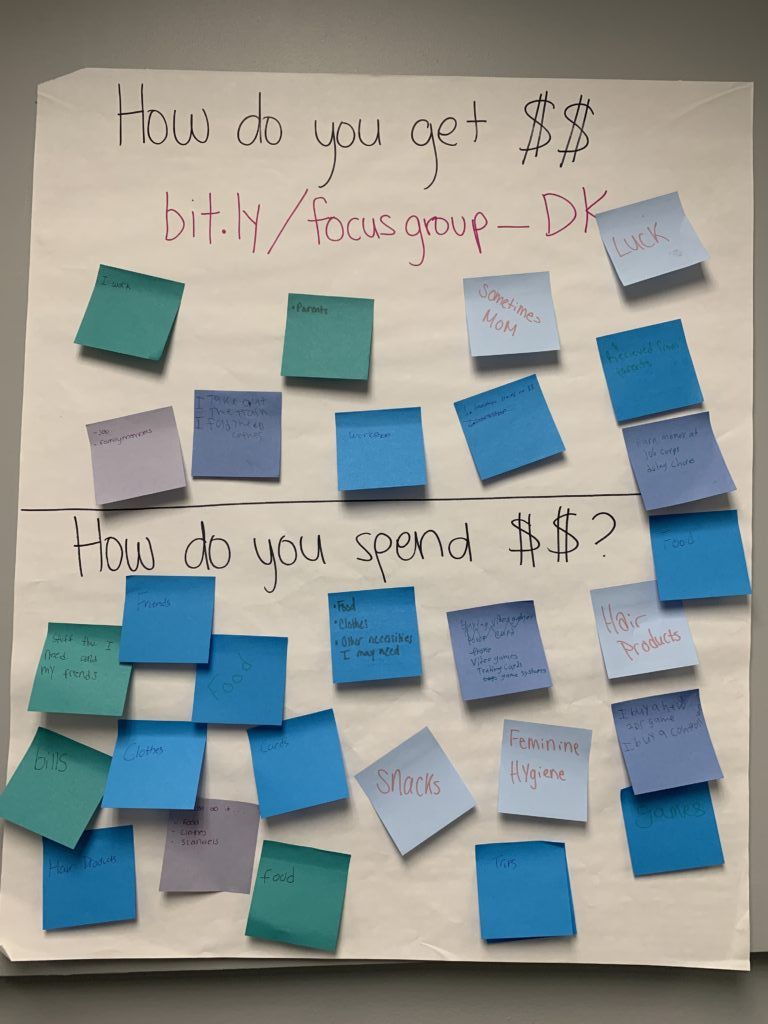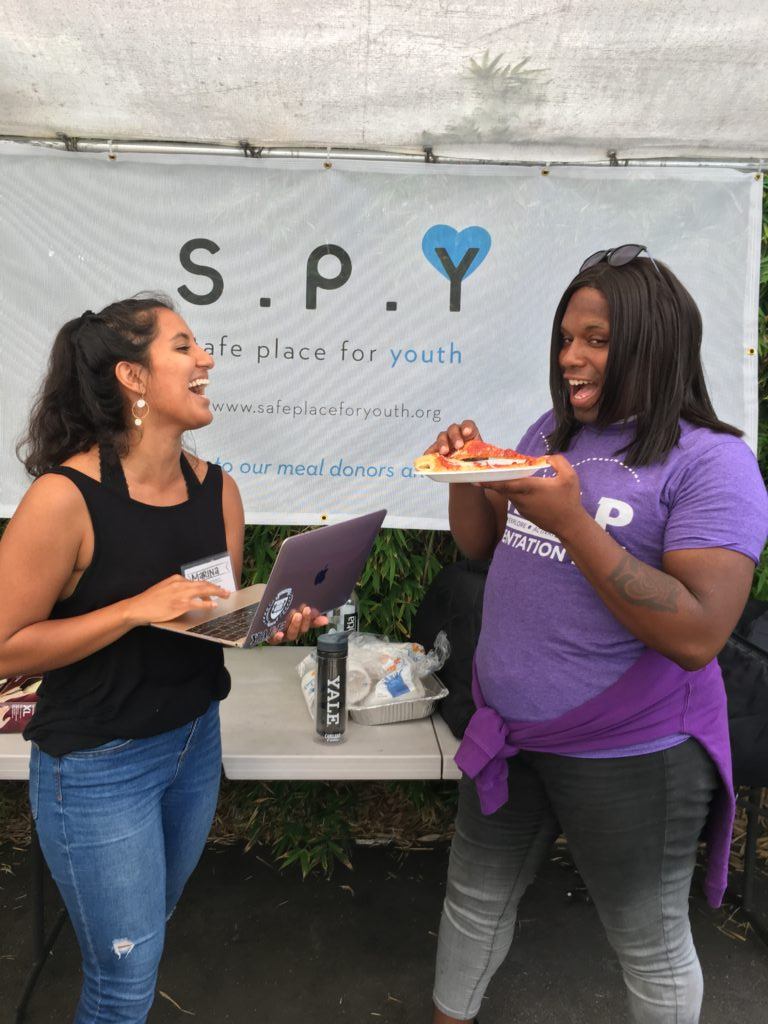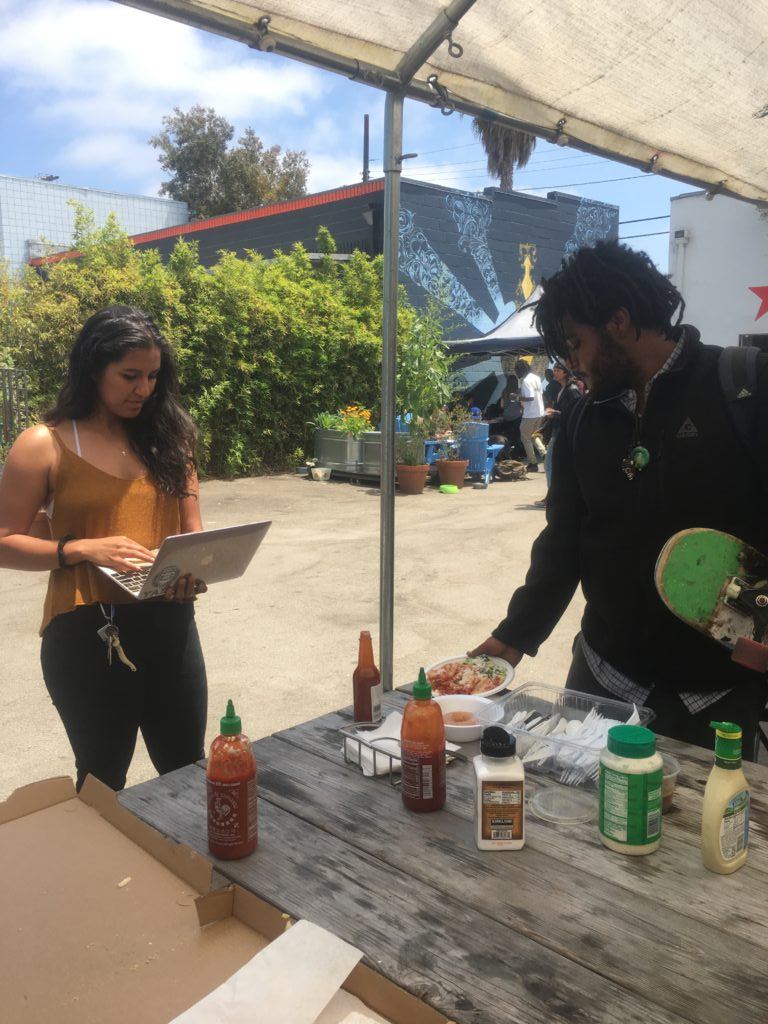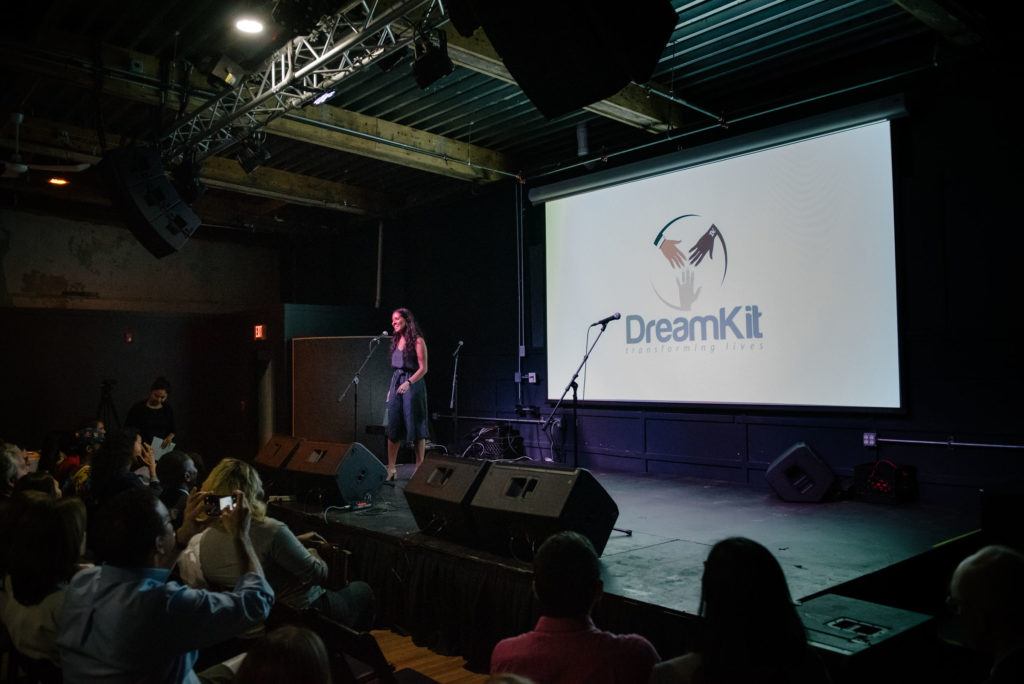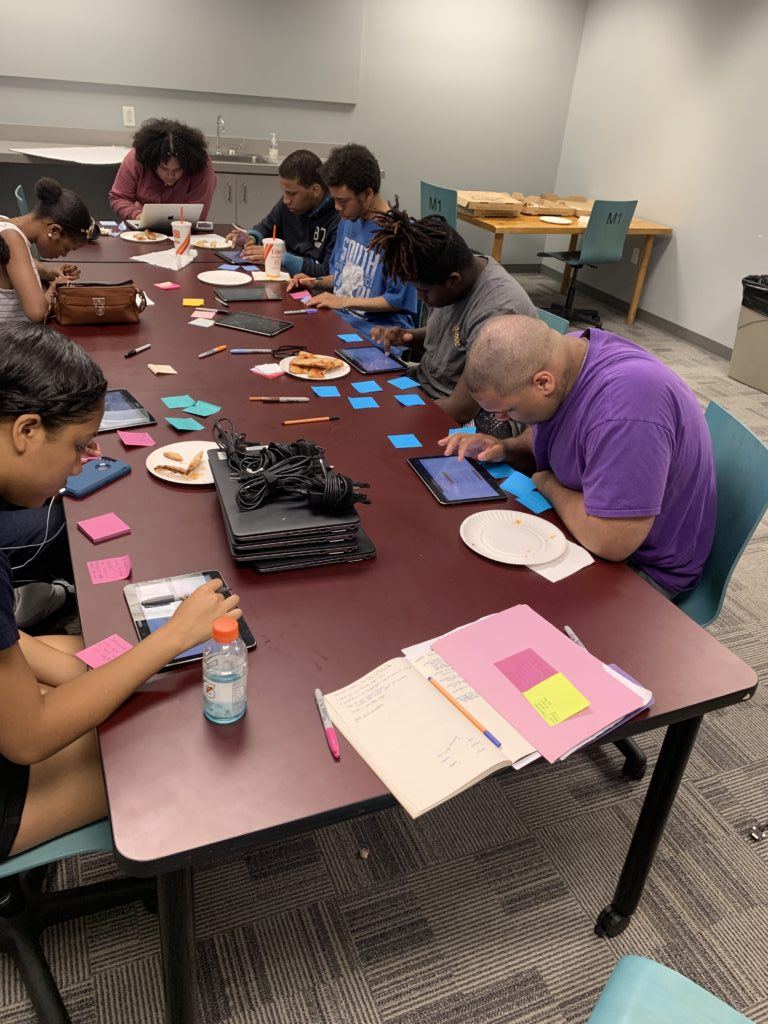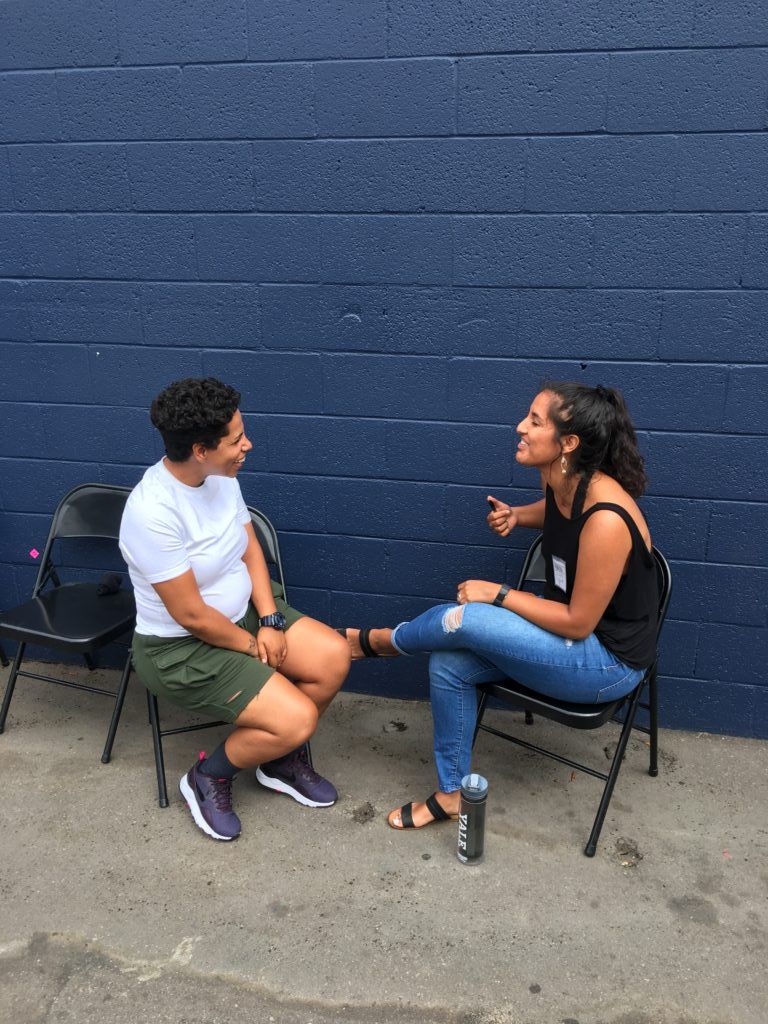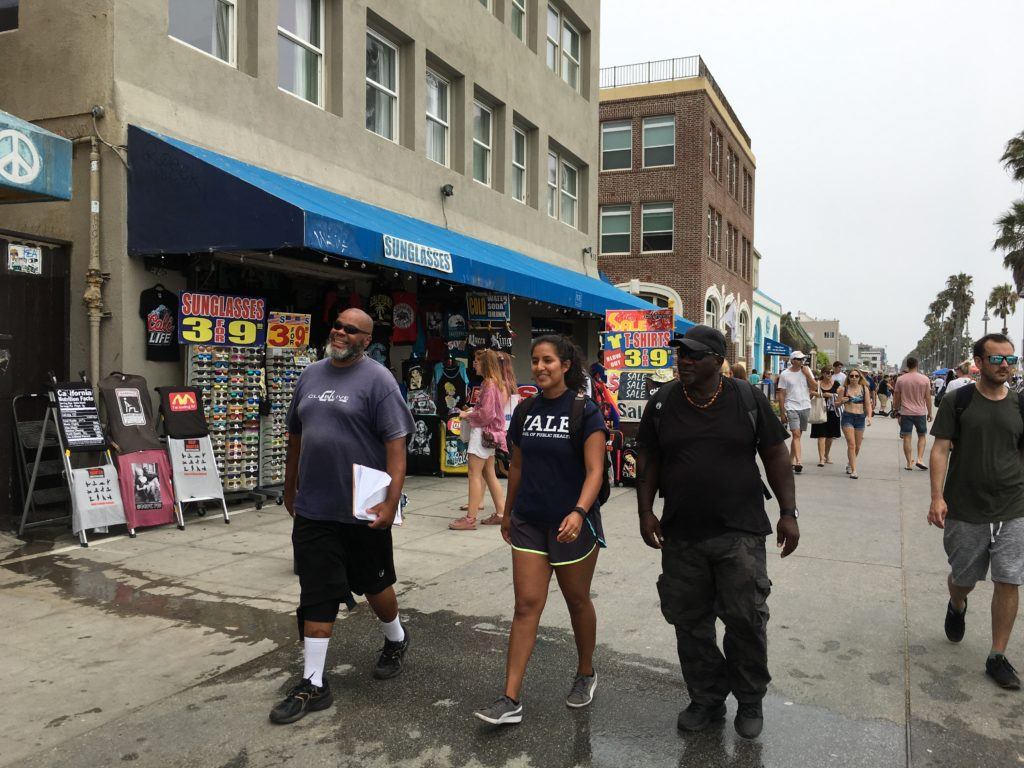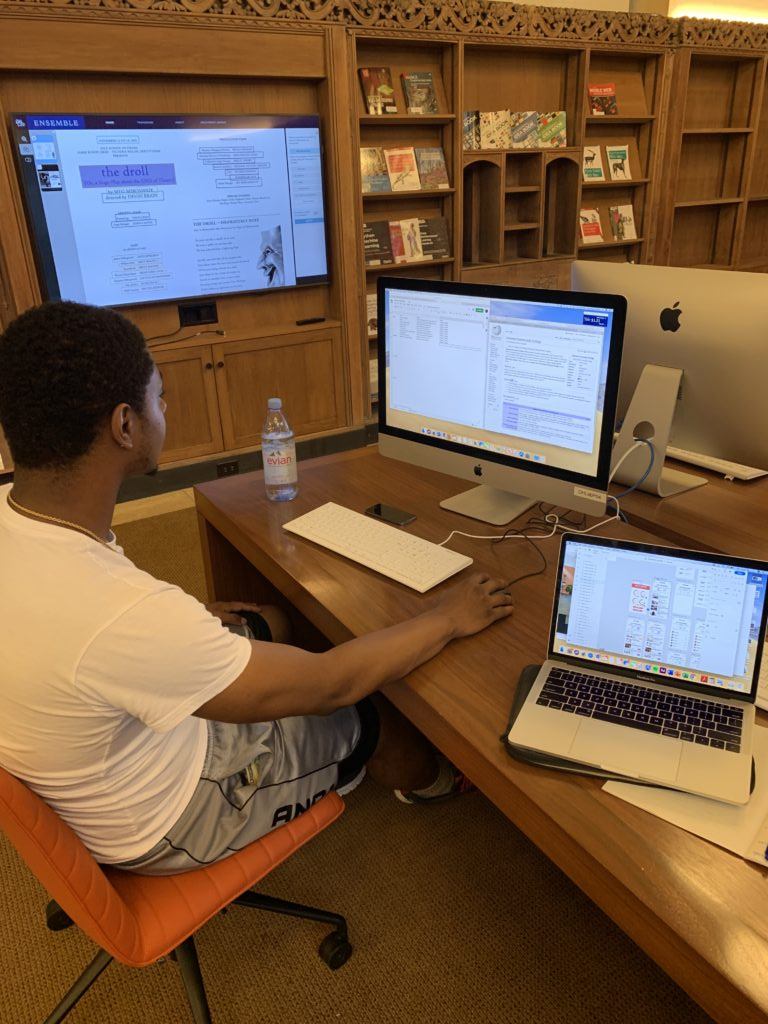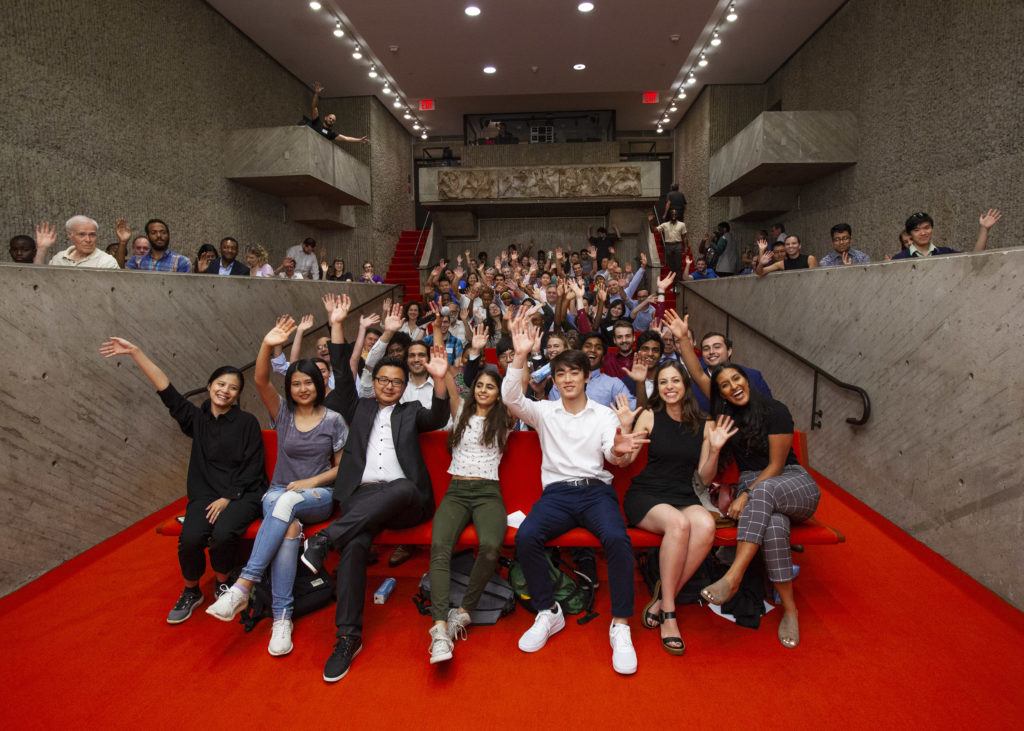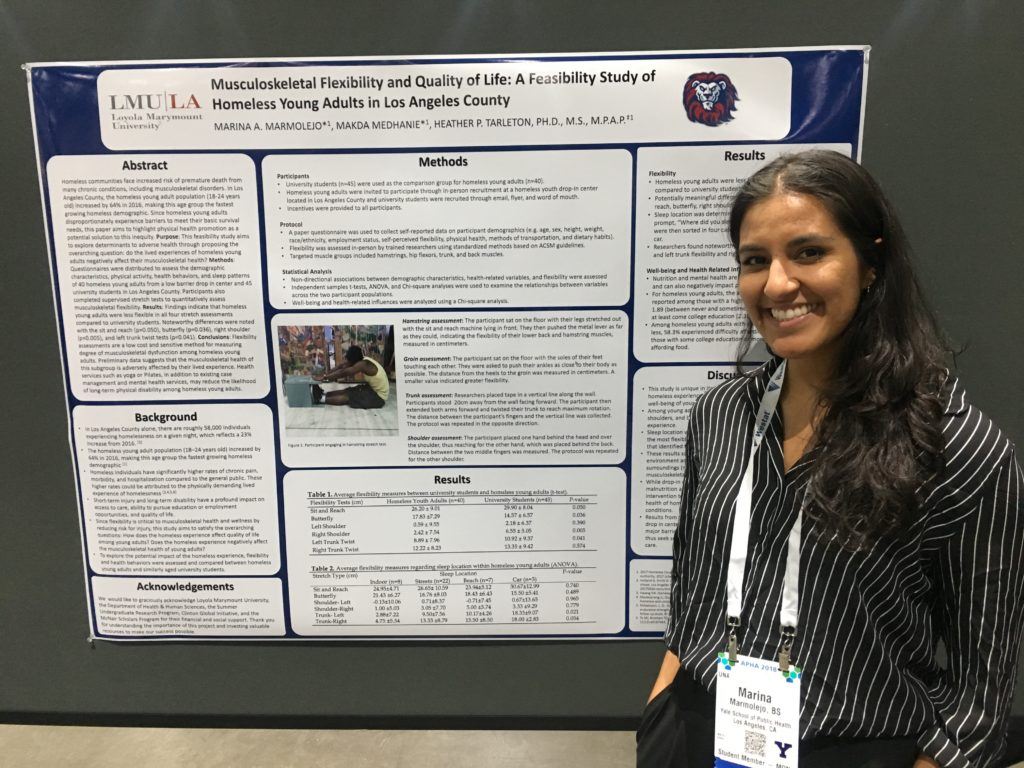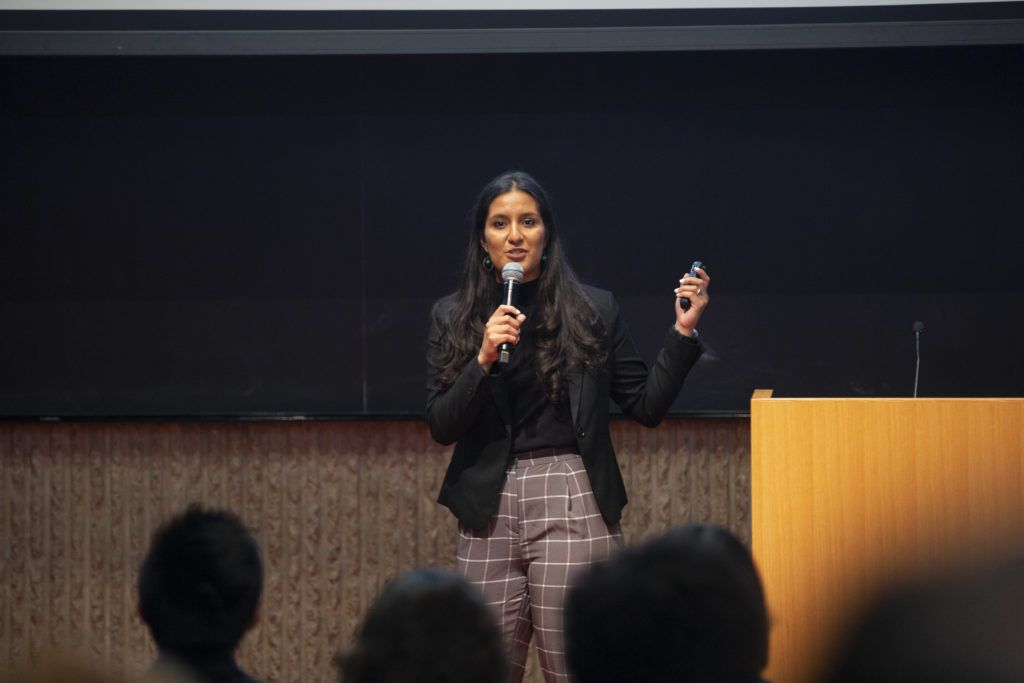I have to confess that I have a love-hate relationship with technology. I love being able to share these stories with you every week and I do not always care for some of the social media platforms needed to broadcast this work. However, when I heard about the nonprofit, Our Wave, and their commitment to use technology to build a community of people affected by sexual violence I needed to know more. It is an uncomfortable topic for sure but when you hear the amazing and inspiring stories of these founders, it is truly a story of hope.
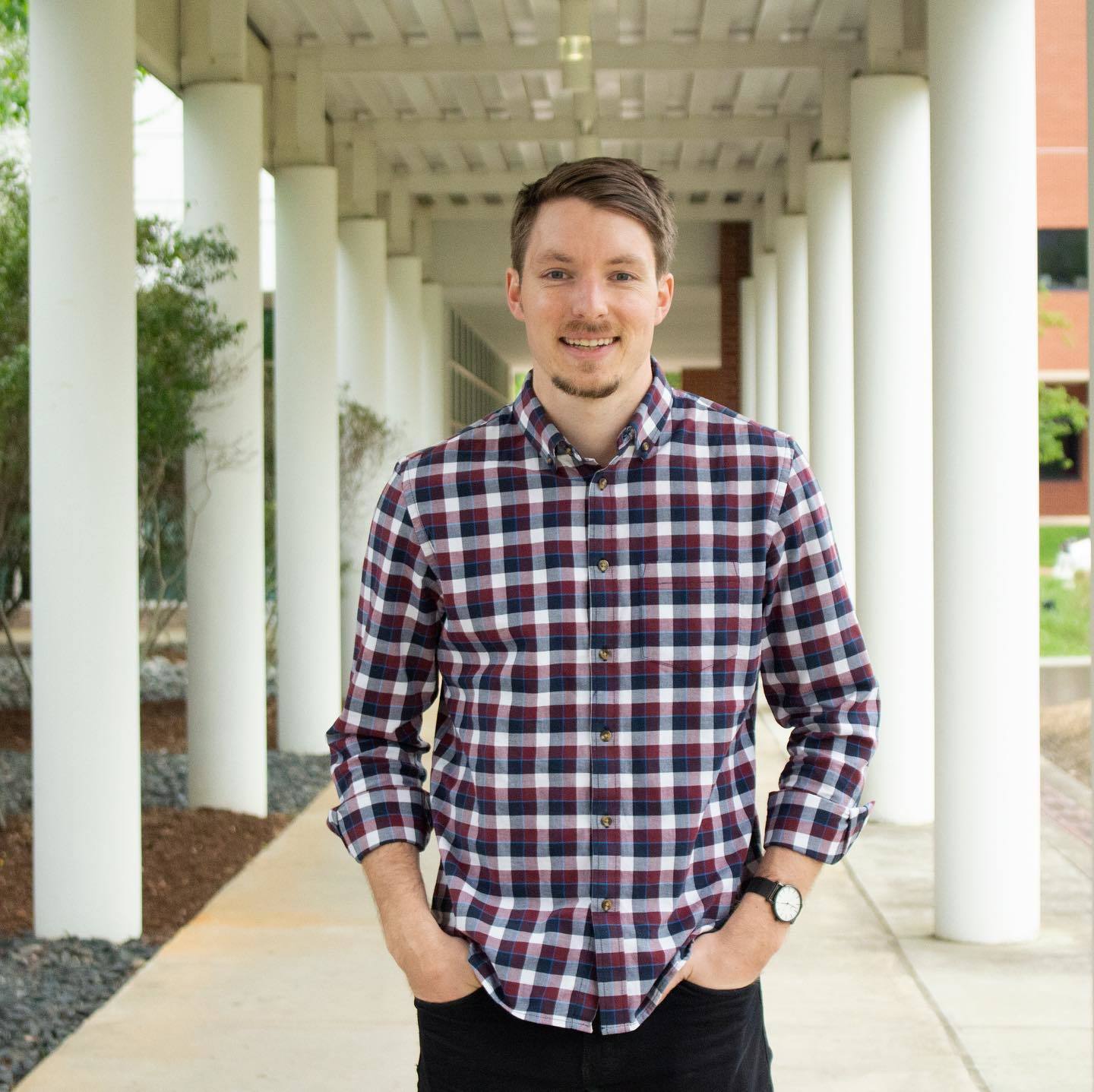
Charity Matters: Tell us a little about what Our Wave does?
Kyle Linton: We really started Our Wave in 2018 with the idea that we wanted to better support survivors of sexual trauma and give them a mechanism to anonymously share their stories. What we found was that there are all these opportunities for people to share their stories, which are incredible, but they’re very public. Survivors wanted to see other people’s stories, they wanted to share their own story, but they didn’t necessarily want to do so publicly.
Since we’re technology design people, couldn’t we create a platform where people could share their stories anonymously, but more so than just sharing? Could we try to lean into the healing components and leverage research to give people resources as they’re sharing their stories and finding the things that they need so that they can move past their previous instances of trauma?
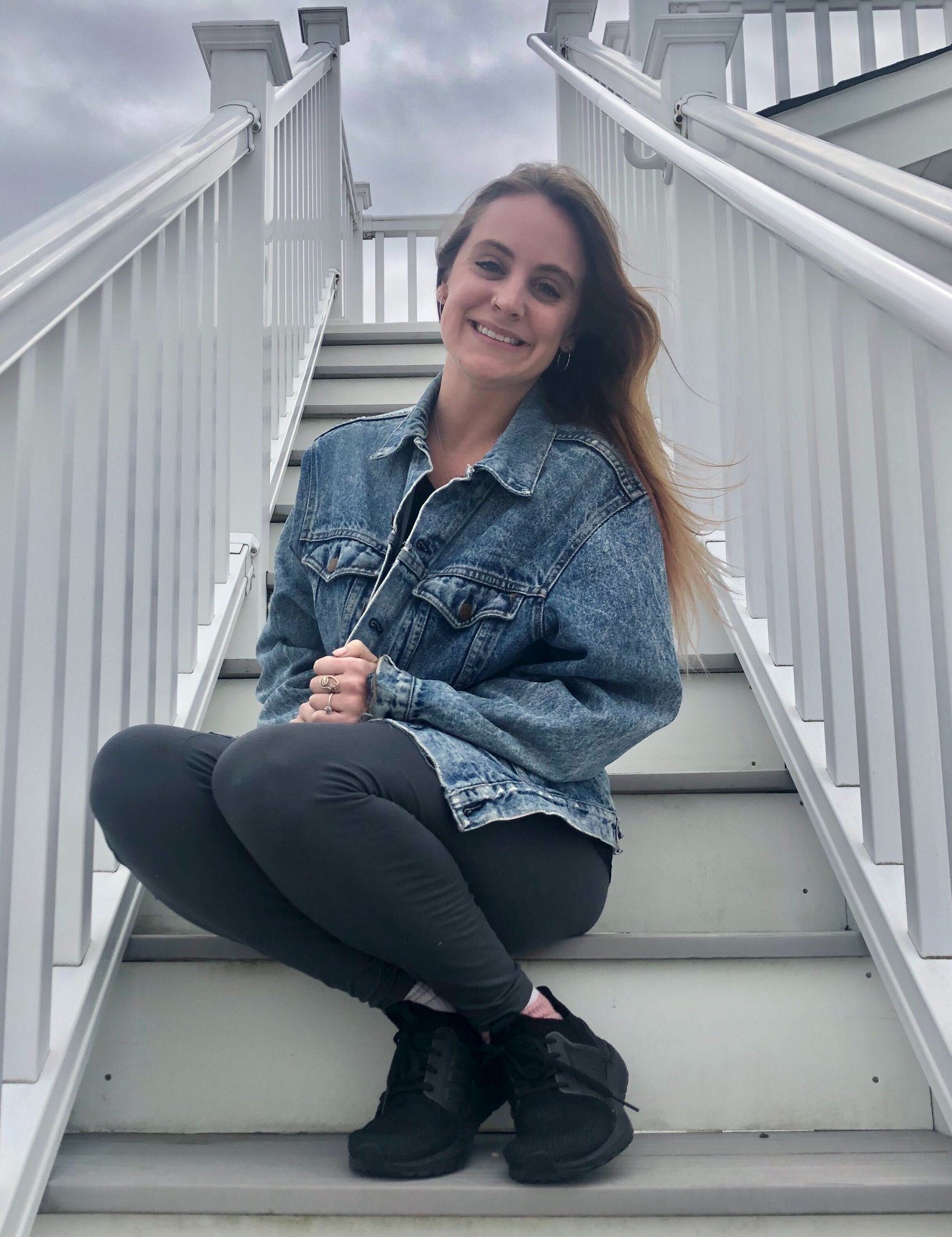
Laura Sinko:I had met Kyle at a sexual violence conference because unlike Kyle being tech and design, I am a nurse by training. I’m also a researcher. And so my research was in healing after sexual violence. When I was interviewing survivors, I noticed this gap where people were really longing for community and really longing for a place to really say their truth and also just process their truth. Because I think sometimes you keep it inside and you don’t really even know how to put words what happened.
So I had stumbled across them on a table and they were saying, we want to create this platform. And I was like, me too, but I have no skills and design or tech. I would say that the vision is really to help people tell their stories and then connect them to a community, help people learn from each other, what works for them and what doesn’t.
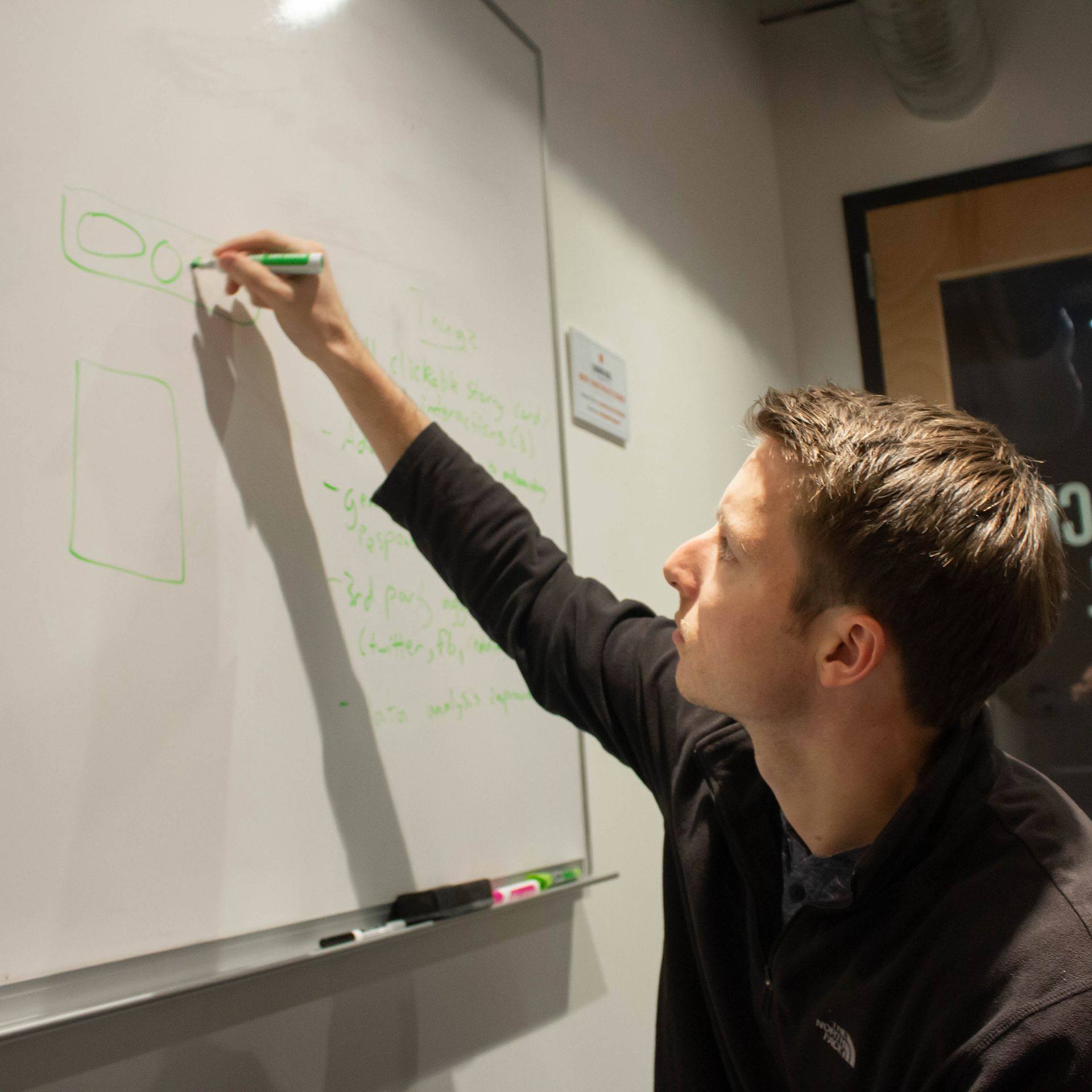
Charity Matters: What was the moment you knew you needed to act and start Our Wave?
Kyle Linton: In October 2018, someone in my life, directly experienced sexual violence. Somebody that was very close with and, for me, it was a really difficult period. Because I was trying to figure out a bunch of different things. I was like, how do I support this person? How do I help them? And even as I’m feeling all of these things, I can’t even imagine what this other person is feeling who experienced it firsthand.
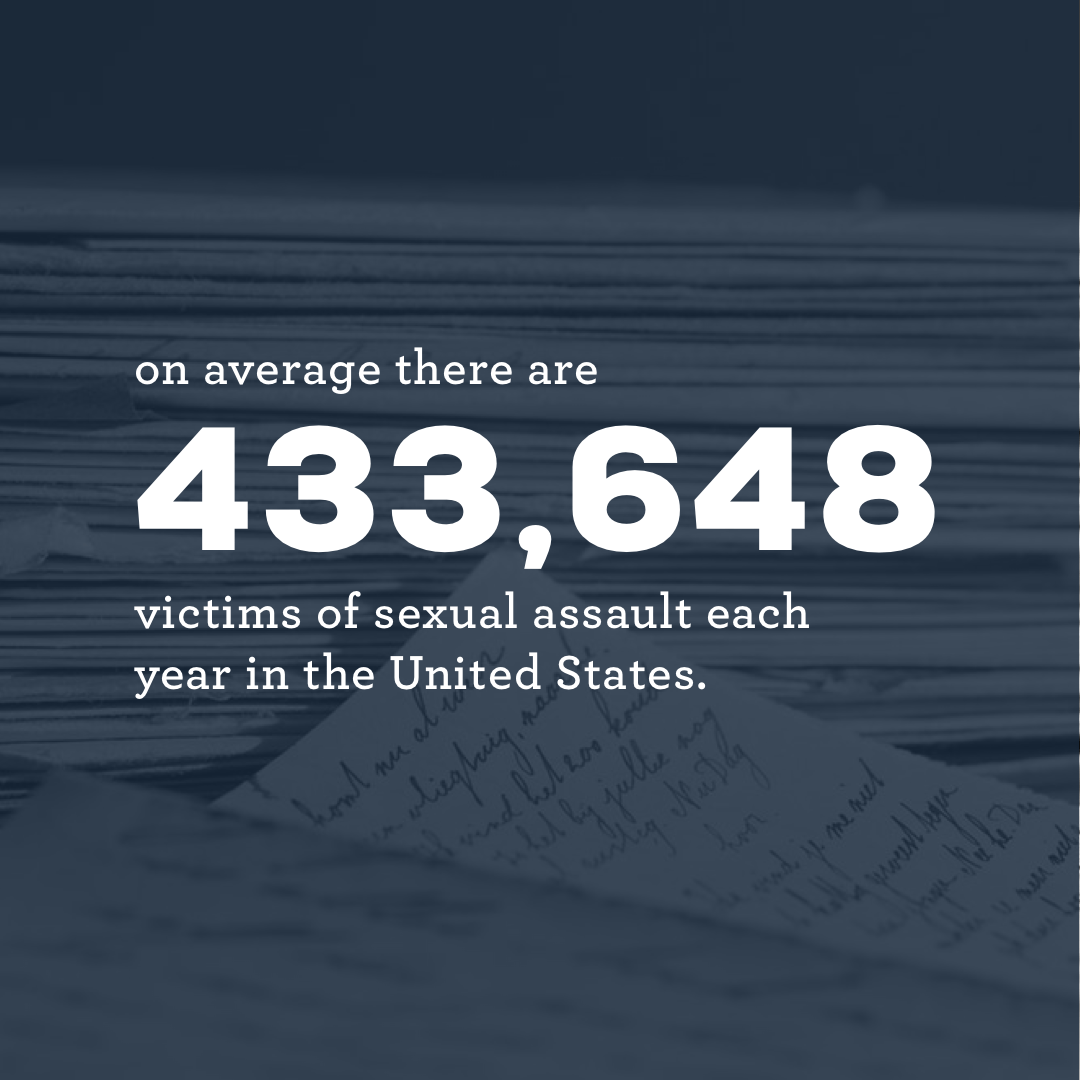
Then I realized that I am privileged enough that I have the opportunity and experience building companies and products. So I said, “Well, I have the capacity to do something here.” So, I kind of got this idea of, what if we could create a place where somebody like this person very close to me could go and see other survivors and get support and find healing resources?
I started just kind of pulling people from my life and in saying, “I would love your support on this. If you have time?”. Then we found Laura at a conference. I said, “let’s bring it all together into this thing that can help survivors, and then let’s try to scale it like crazy?” So, that’s really where it started.
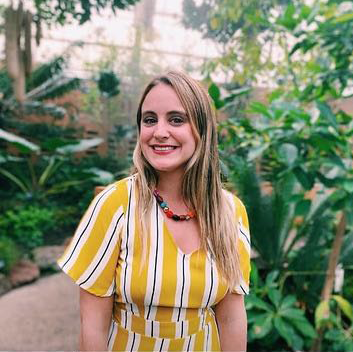
Charity Matters: Was there a back story that led you to this type of work?
Laura Sinko: Unfortunately, being a woman on a college campus, I felt like it was happening to so many of my friends were experiencing these sexual violence experiences. So I got really interested in sexual violence since there are so many people in my life that were struggling to find healing. A lot of the work especially in medicine and nursing is focused on that deficit, like you have trauma, you have depression, anxiety, and there’s so little focus on the healing aspect.
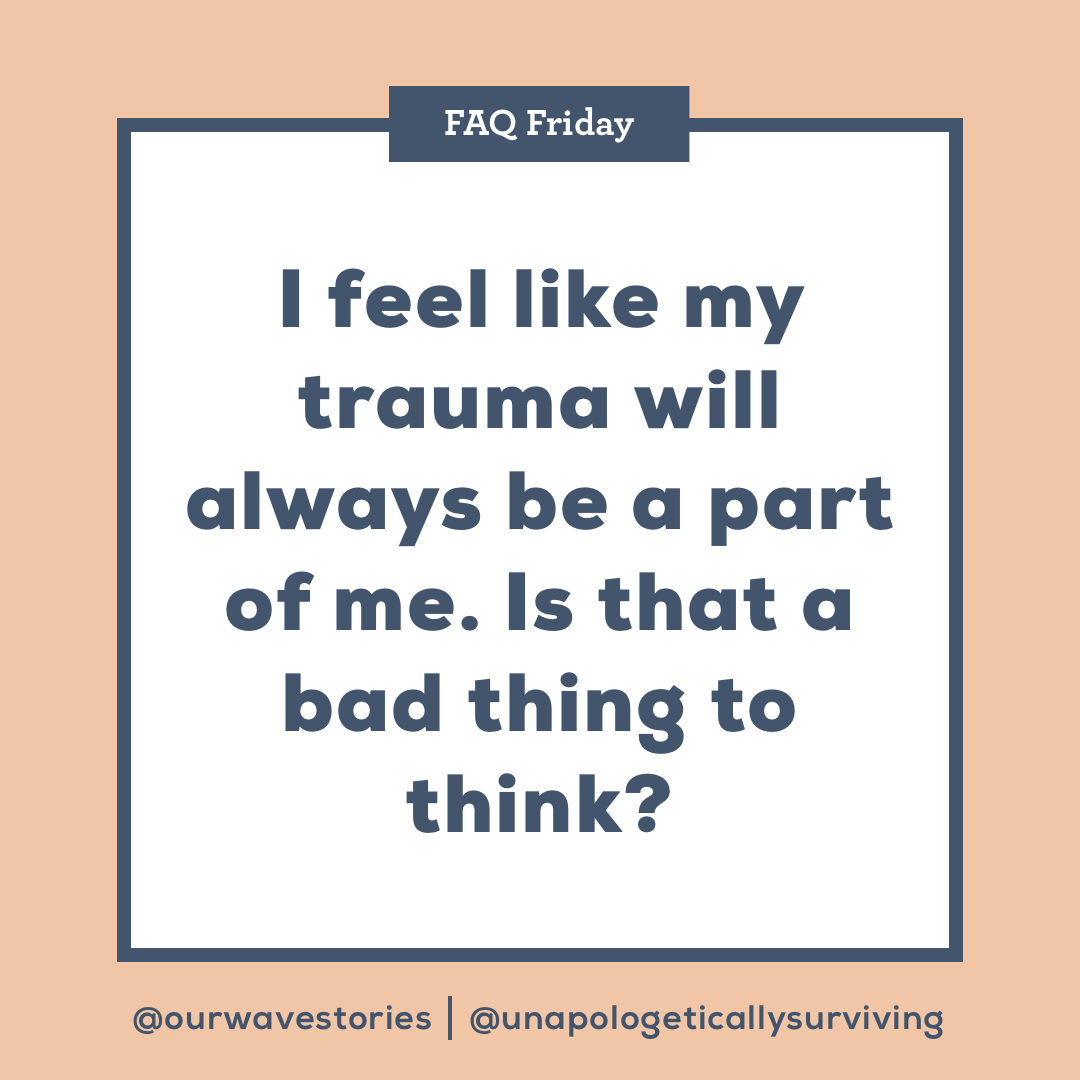
I was getting my Ph.D. in nursing, smack in the middle of my program, when I had my own experience of sexual violence. It was interesting because being a quote-unquote, “expert”, right? You think oh, I’m an expert in healing after the violence. I’m gonna be set. I can do all these amazing things because I know what to do. I have all the tools and it’s different when it’s yourself. It’s a totally different beast.
And so that’s why, for me, it’s really important to really build that community because you can often feel like you’re all alone if you don’t get to share your story in some way. That is that moment when you know this isn’t okay. This just isn’t okay.
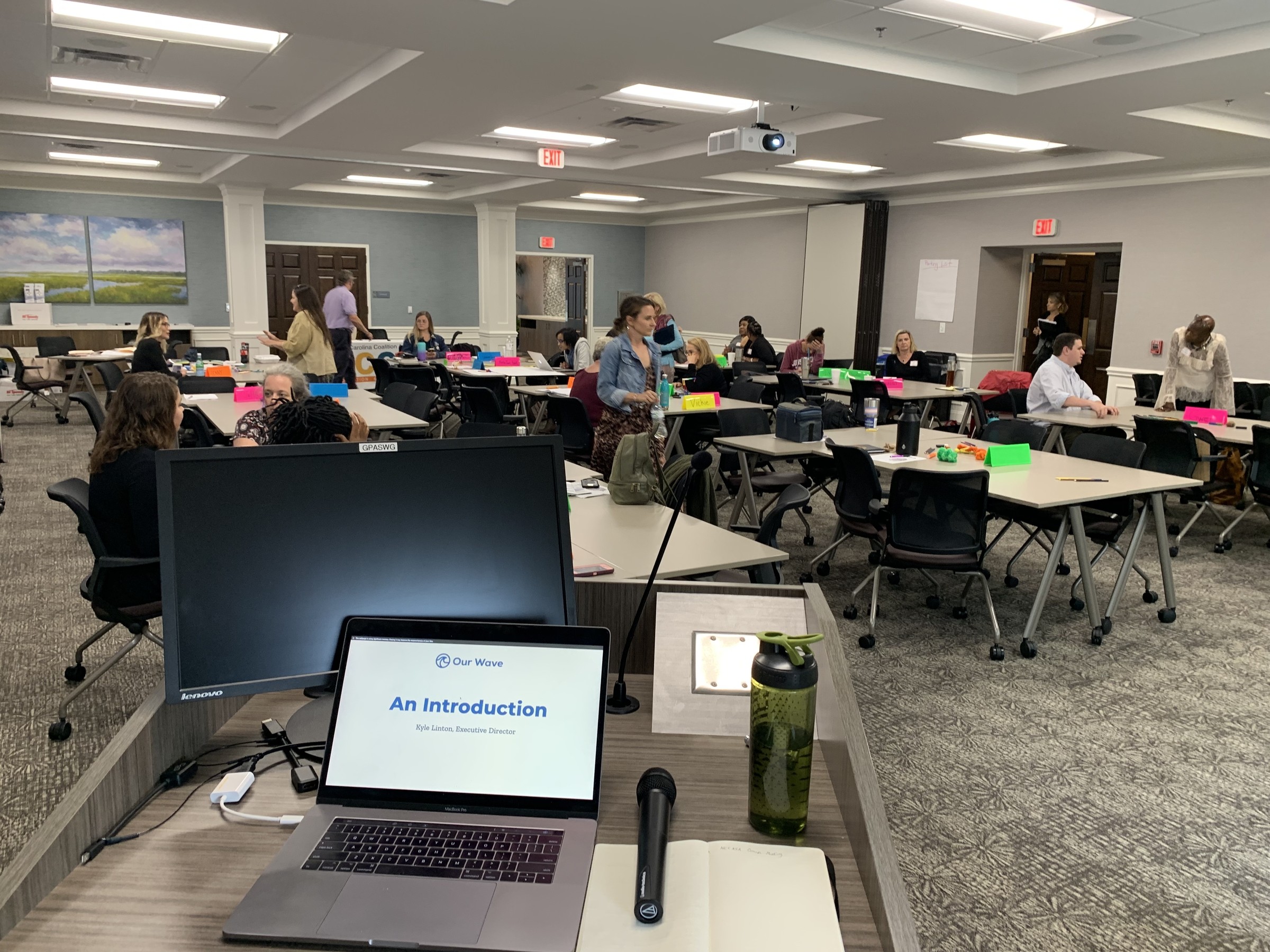
Charity Matters: What are your biggest challenges?
Kyle Linton: I think the biggest challenge for anybody doing this kind of work is how do you stretch, you know, minimal resources to make the most impact? The beautiful part about our organization is that because it is a technology platform, it has the potential for a massive scale. The trick for us is trying to support all these different populations and individuals who have these different levels of need.
Laura Sinko: For me, being the grant writer of the group, I think funding is our biggest challenge. I mean, it’d be nice for all the work that people are putting in if we could pay some of our staff for their work. And that’s not really me or Kyle, but the designers that are doing all of our content and all of these other people who are really putting in a lot of work. So that’s why my thing is the funding, it’s always about funding.
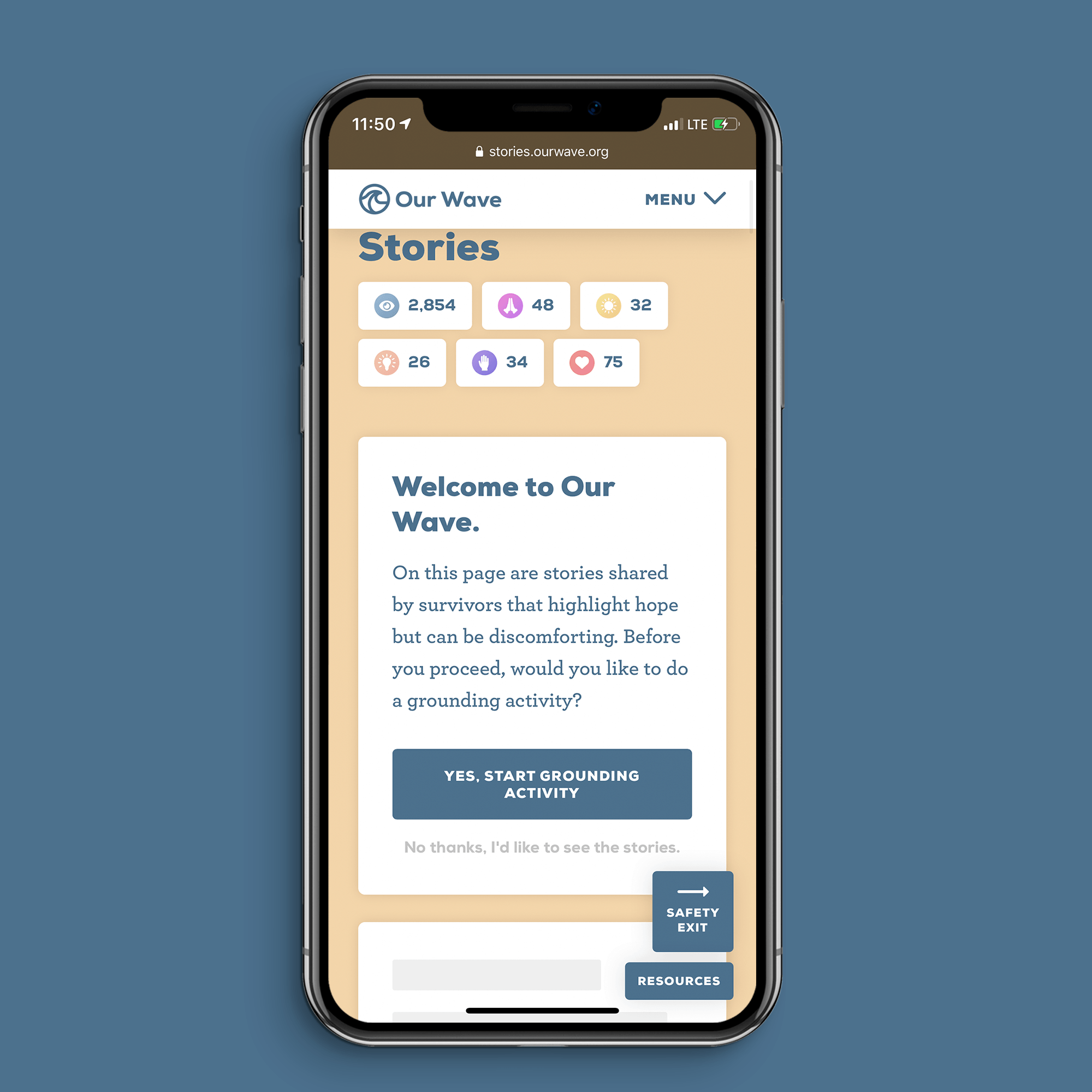
Charity Matters: What fuels you to keep doing this work?
Kyle Linton: I grew up in a household where my mom has run a nonprofit for 20 years maybe. She’s amazing. I grew up in a household that was comfortable and it gave me the opportunity to do impactful work.
I’m incredibly thankful for growing up with that sort of motivation. I was not encumbered with student debt and it gave me the opportunity to try to leverage my skills to help people. I’m in a position to do that, and a lot of people aren’t.
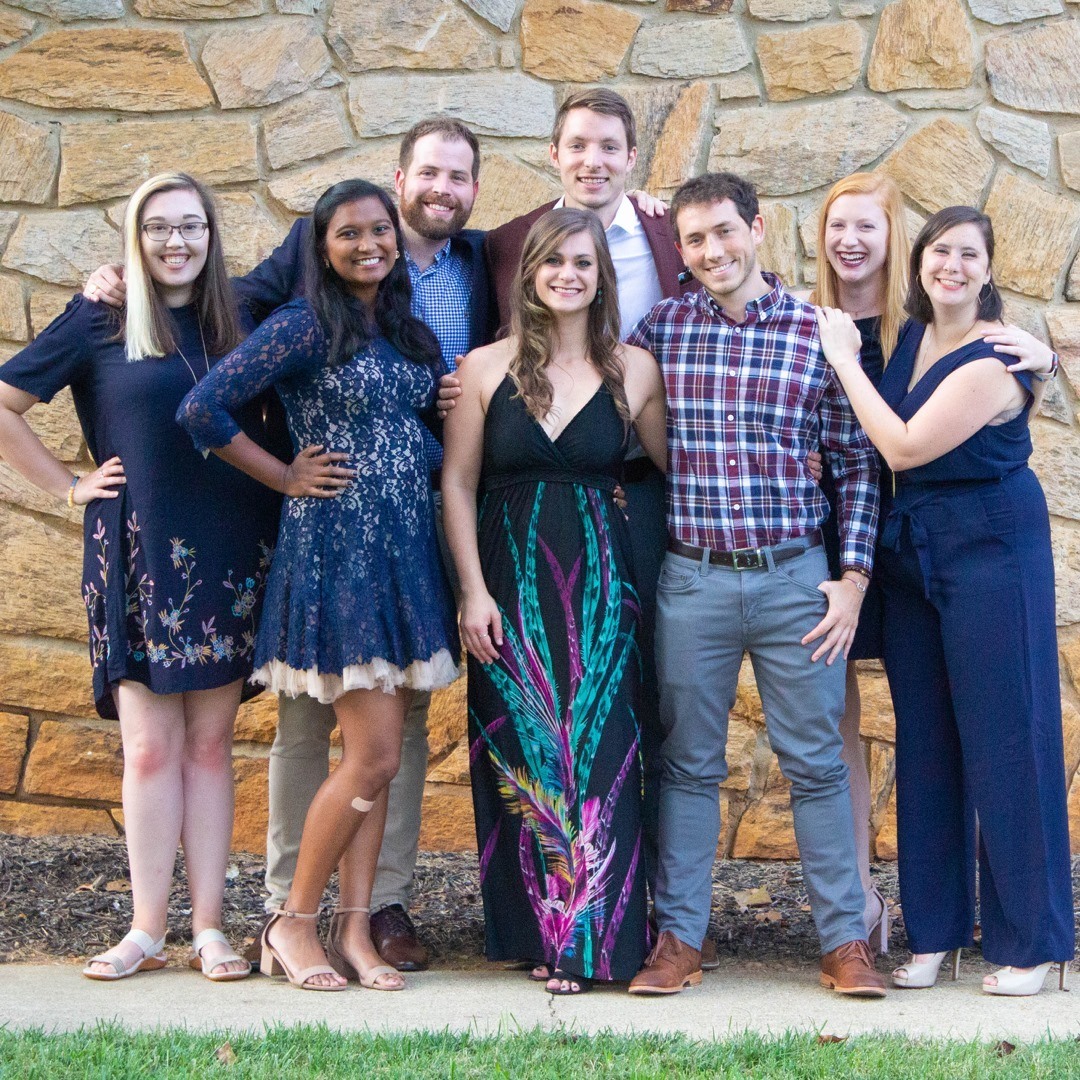
Laura Sinko: So for me, it really it truly is this the survivors. I was a mental health nurse for a while I’m now a sexual assault nurse examiner. Over the past four years, I have met just countless amazing survivors who have given me the privilege of hearing their stories and hearing their struggle. Whenever I have to write a grant or something that feels really daunting, I have this ritual where I like will light a candle and remember why I am doing this.
It’s like bringing the survivors in the room with me, the people that are counting on me to and our team to really push this forward. And I will also say that being a part of this team of eight completely volunteers, people that give their evenings to this work their weekends to this work. I think that is also incredibly important. Not every team has that cohesion, but I think we do which was really helpful.
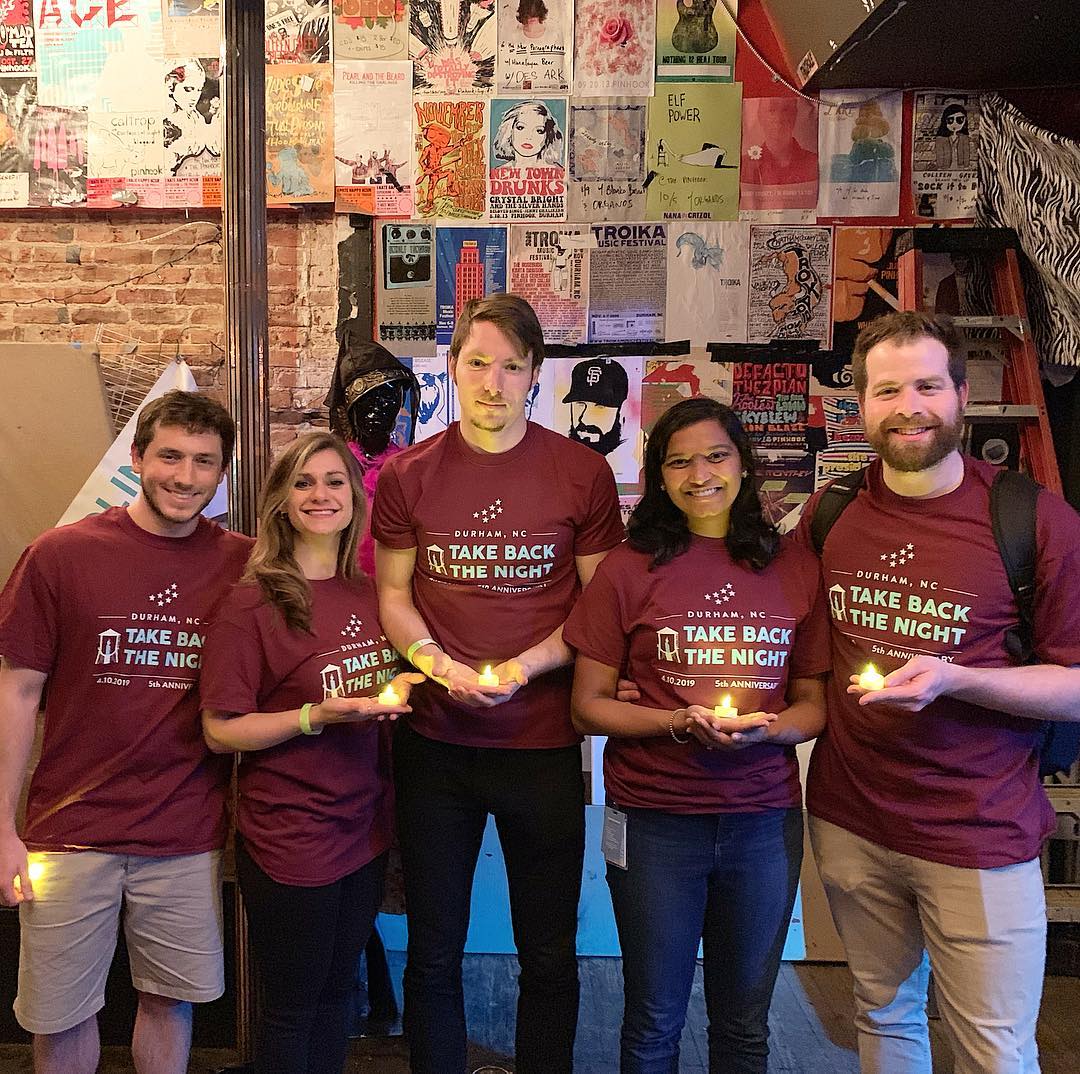
Charity Matters: When do you know you have made a difference?
Kyle Linton: One of those moments is we ended up developing a presentation that we shared with USA Gymnastics. Obviously, everybody’s depressed and seeing things that are going on and we were able to share seeing the silent signs of sexual abuse. I remember I was in the zoom call helping moderate and support and a survivor of Larry Nasser popped in.
That moment made it clear and sort of brought to life, all the things that we’ve heard and the ability to sort of support individuals who have gone through unbelievably traumatic and difficult things. That moment sort of just brought that to the forefront of our minds and was pretty incredible that we as a tiny nonprofit have the opportunity to potentially impact somebody like that.
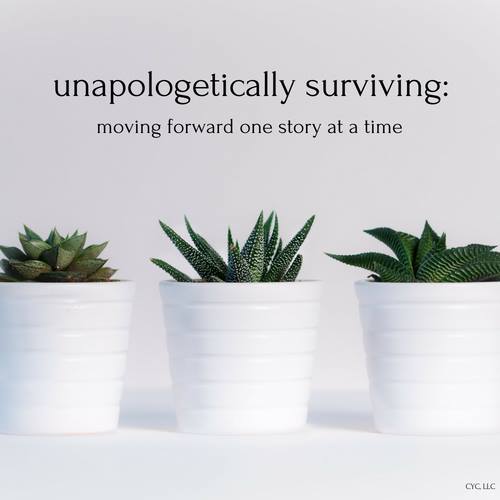
Another moment for me was really, this campaign we have been doing with this Instagram account called Unapologetically Surviving. It is an account that’s grown from 60,000 to like, 140,000. The account specifically talks about healing, supporting survivors, and just being a light at the end of the dark tunnel.
We did a partnership with them where our team takes these questions that survivors have. And we’ve seen like 10,000 people liking some of these posts and engaging. It’s just crazy to see that a simple cold email that said, “Hey, we’d love to work together. Can we share some of our work with y’all?” So it’s just been a very just beautiful example of the potential impact we have.
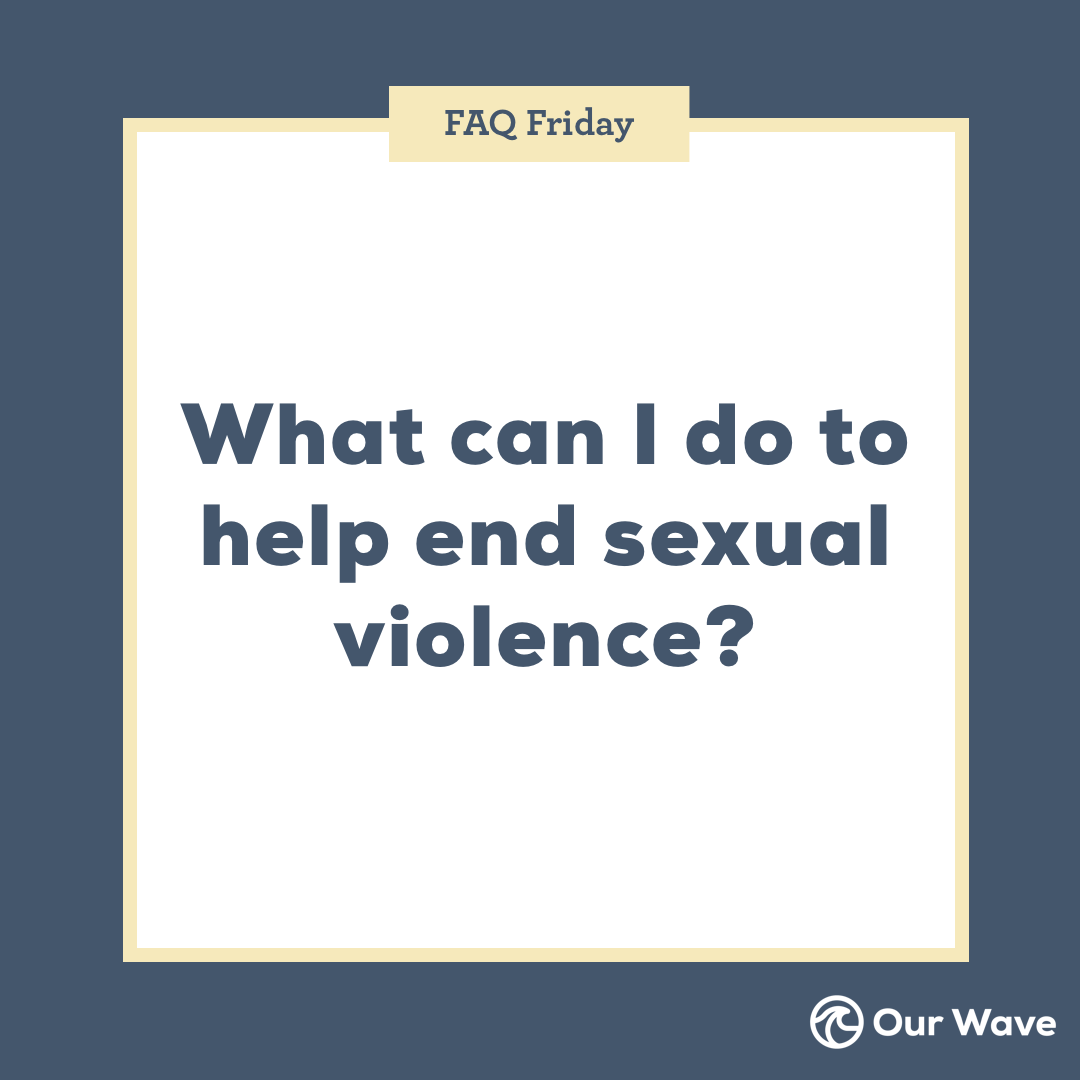
Laura Sinko: It’s really been the FAQ Fridays. I think putting some questions that I kind of had when I first started experiencing these things, like, how do you manage triggers? Have you ever had that moment where you’re not really sure if it actually happened and you doubt your experience? It’s like, we’re all looking for the same answers. I think that participating in that has been really helpful to see really that we’re all are experiencing different things.
But there is some common thread between all of us, no matter how you feel. What we do is all about creating connections and community. That’s really the essence of what nonprofits do is bringing people together to help each other to solve something that’s at the core of what we do. So being able to build a big community like that in such a short time is so incredible.

Charity Matters: Tell us what success you have had? What has your impact been?
Kyle Linton: I think that between the content and the platform that we have created we are somewhere between 100 and 200,000 survivors that we’ve been able to access and engage with and support in some capacity. Obviously, our aim is to increase that. We’re lucky as a technology organization that the number one thing that we have to our advantages is that scale and that ability to very quickly expand our efforts and reach that many people.
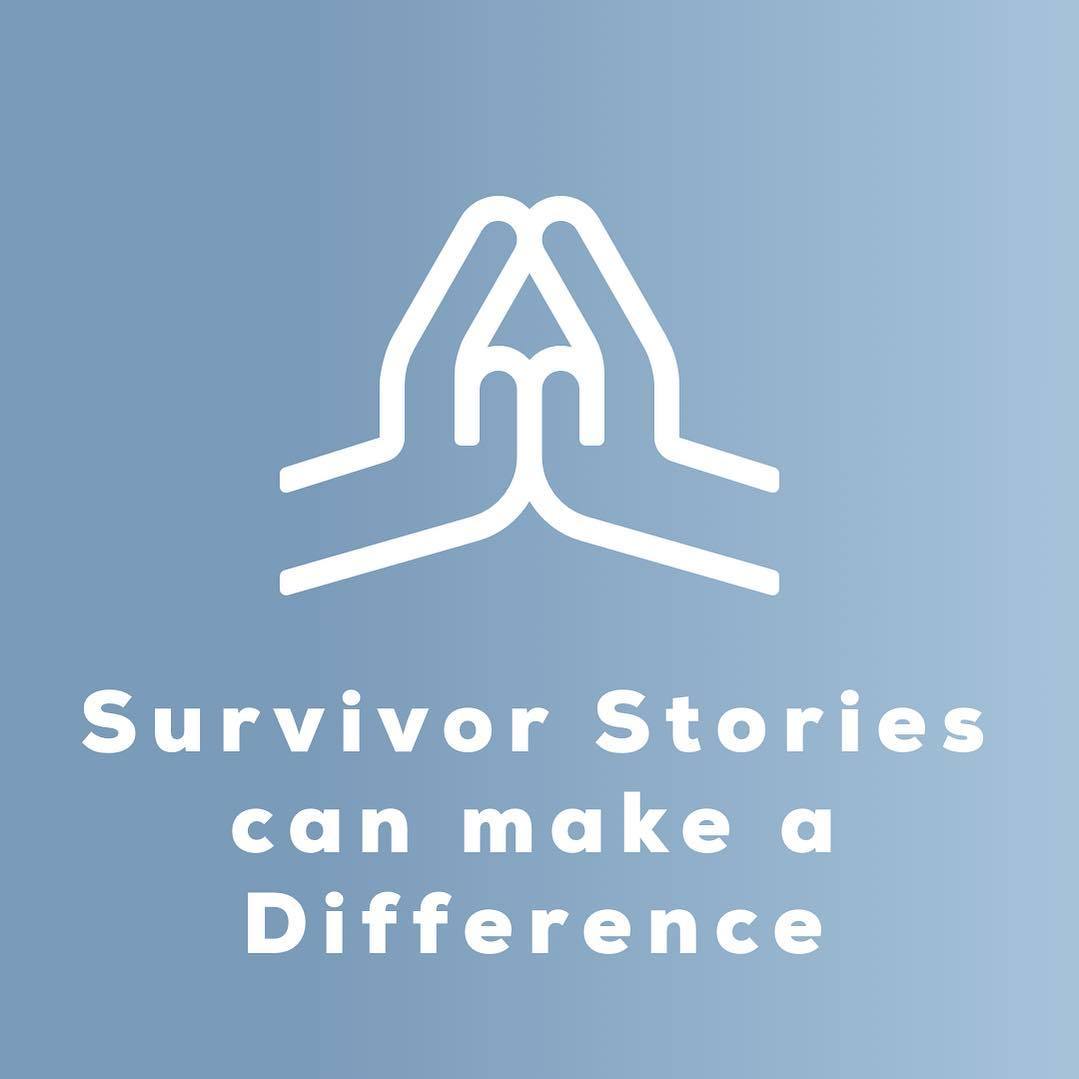
Laura Sinko: I think with social media, specifically, the direct messages, I just pulled up one now because it made me feel so good. This person said,” I just wanted to say how grateful I am to have found your page. I’ve struggled with what happened to me. So I really like to say thank you. I know you don’t know me, but just existing You make me feel seen.” And I feel like that is just something that when you think of impact is so important. The thought of being seen when you feel so alone is what keeps me going.
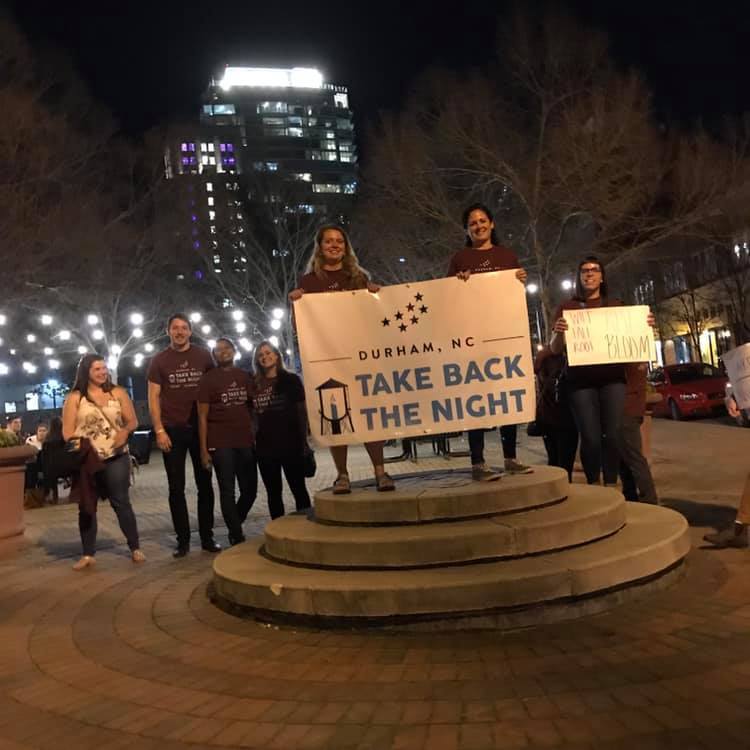
Charity Matters: If you could dream any dream for your organization, what would that be?
Kyle Linton: My dream would be to have a full-time staff that can run it this all day every day. We could increase our outreach efforts and scale this thing. Our vision really long term is what if we could create this online platform where I’m a survivor and I come to tell my story, and I could be at all kinds of different stages of my healing process.
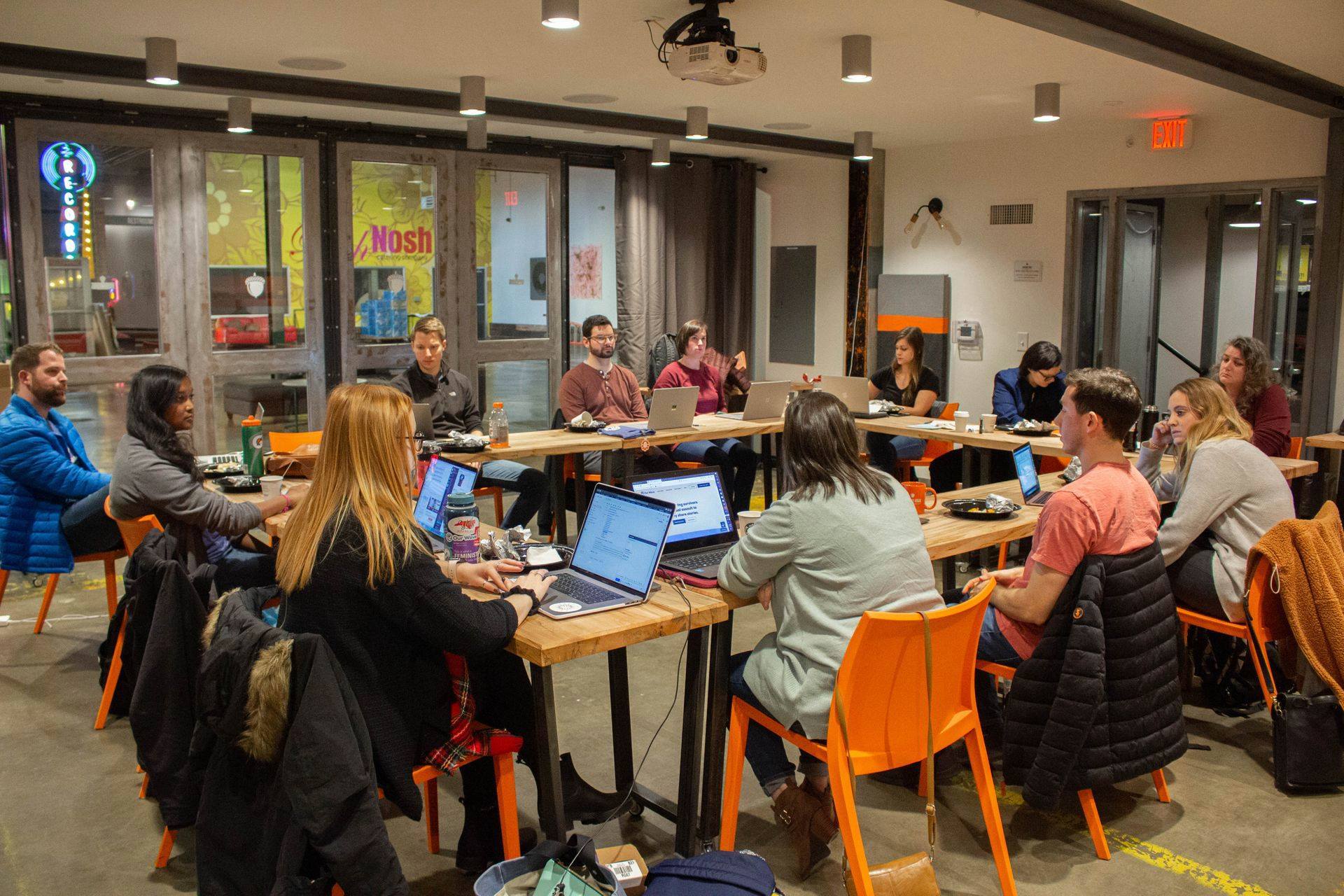
Laura Sinko: I think really, for me, it’s creating a place basically a virtual healing space. I think so often we rely on people to find their own therapist the battle with their own insurance and all of this is really important to healing. But I noticed more and more particularly young people they’re looking for things online they’re craving that online community for that self-exploration from home. So if there’s a way we could increase access to healing opportunities, I think that that would be my grand vision.
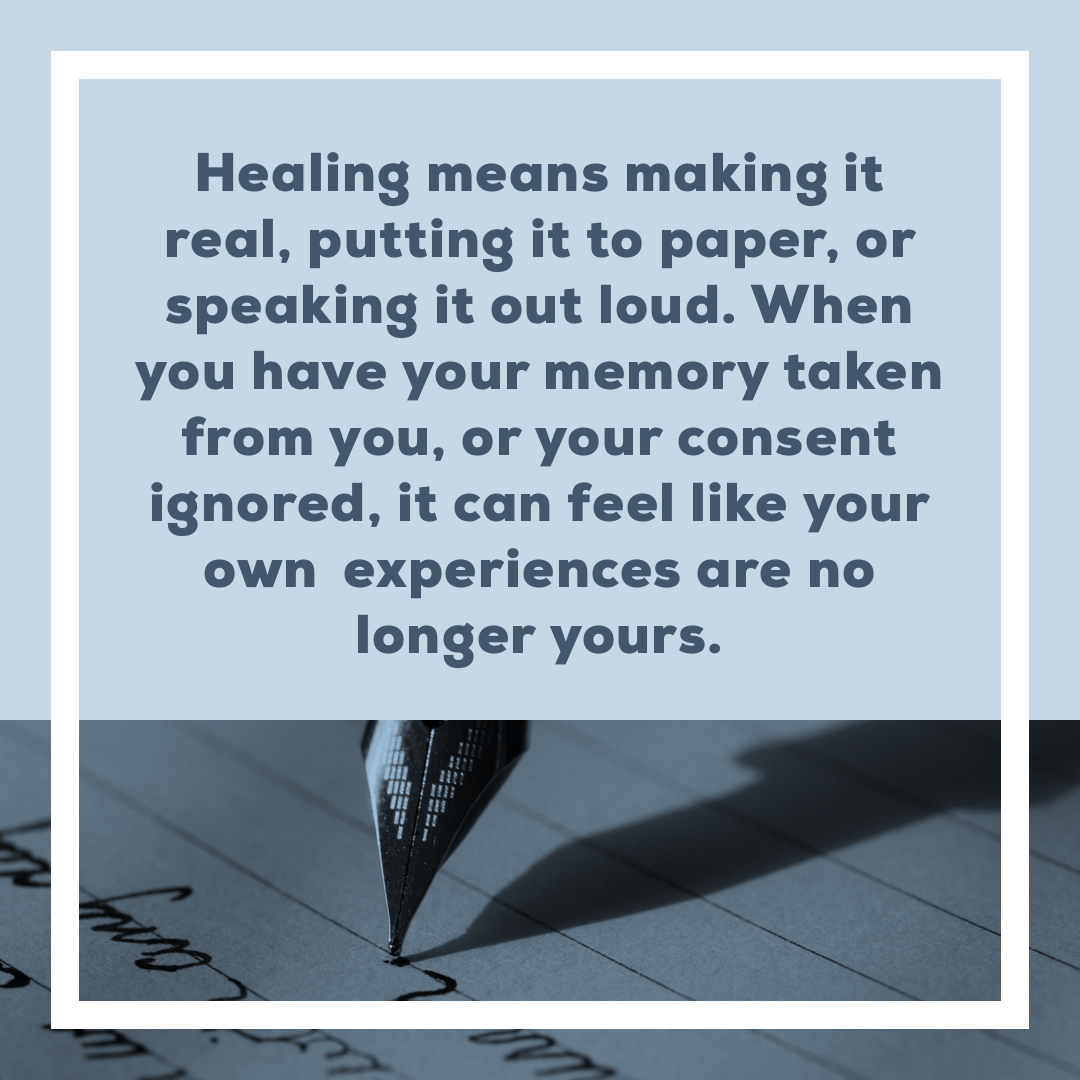
Charity Matters: What life lessons have you learned from this experience?
Laura Sinko: The main thing that I learned is that it’s possible to have an idea that you think fills a need and to and to go out and do it. I think for me, in the clinician role I noticed this gap and I was like, I’m just a nurse, I can’t do this. That is really important for to like, no matter who you are, or where you’re at if you have an idea and you think it feels a need, and it’s really going to help people, take a chance on yourself because I feel like you can do so much good for other people.
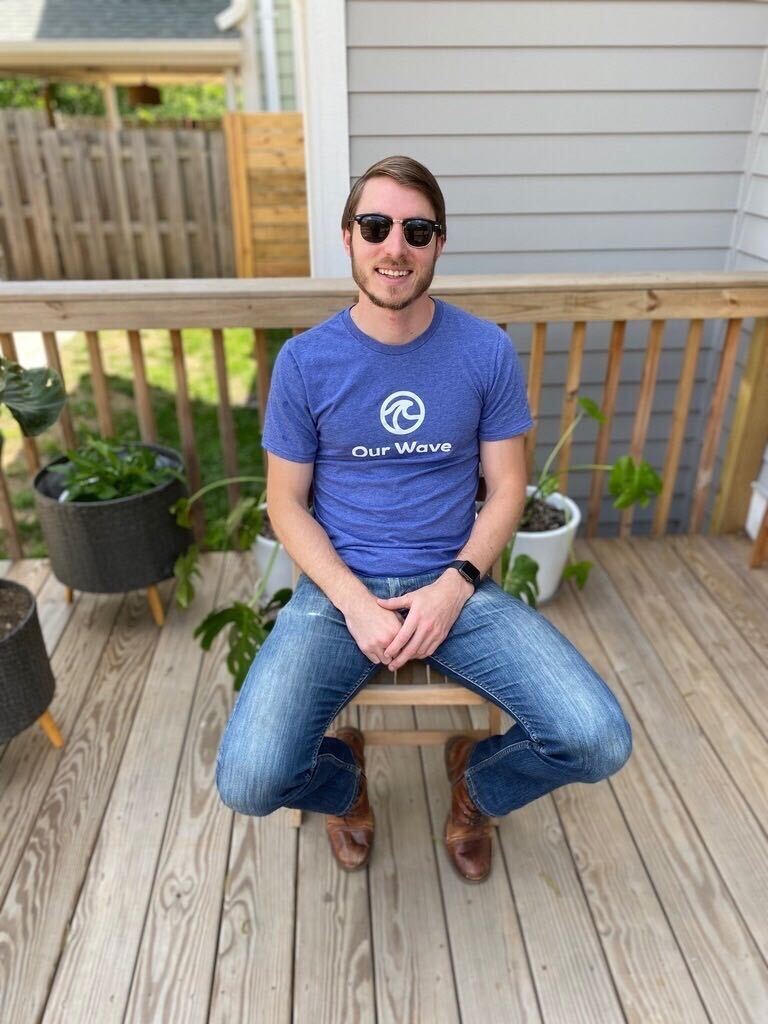
Kyle Linton: I think internally, it’s been incredible to see how people many people want to give back and contribute to helping other people. I think that’s been really surprising to me. I mean, even just outside of our core team, the number of volunteers that we have that come to us and say,” Hey, I’d love to get back and contribute in some way. I just want to help.” It’s been, it’s been really inspiring to just see how much people want to contribute.
I would say just from a purely like, execution, and team standpoint, it’s been really amazing to see what we can do with absolutely no resources and to figure out how to be scrappy and how to create something from absolutely nothing and to have it be so purely good.
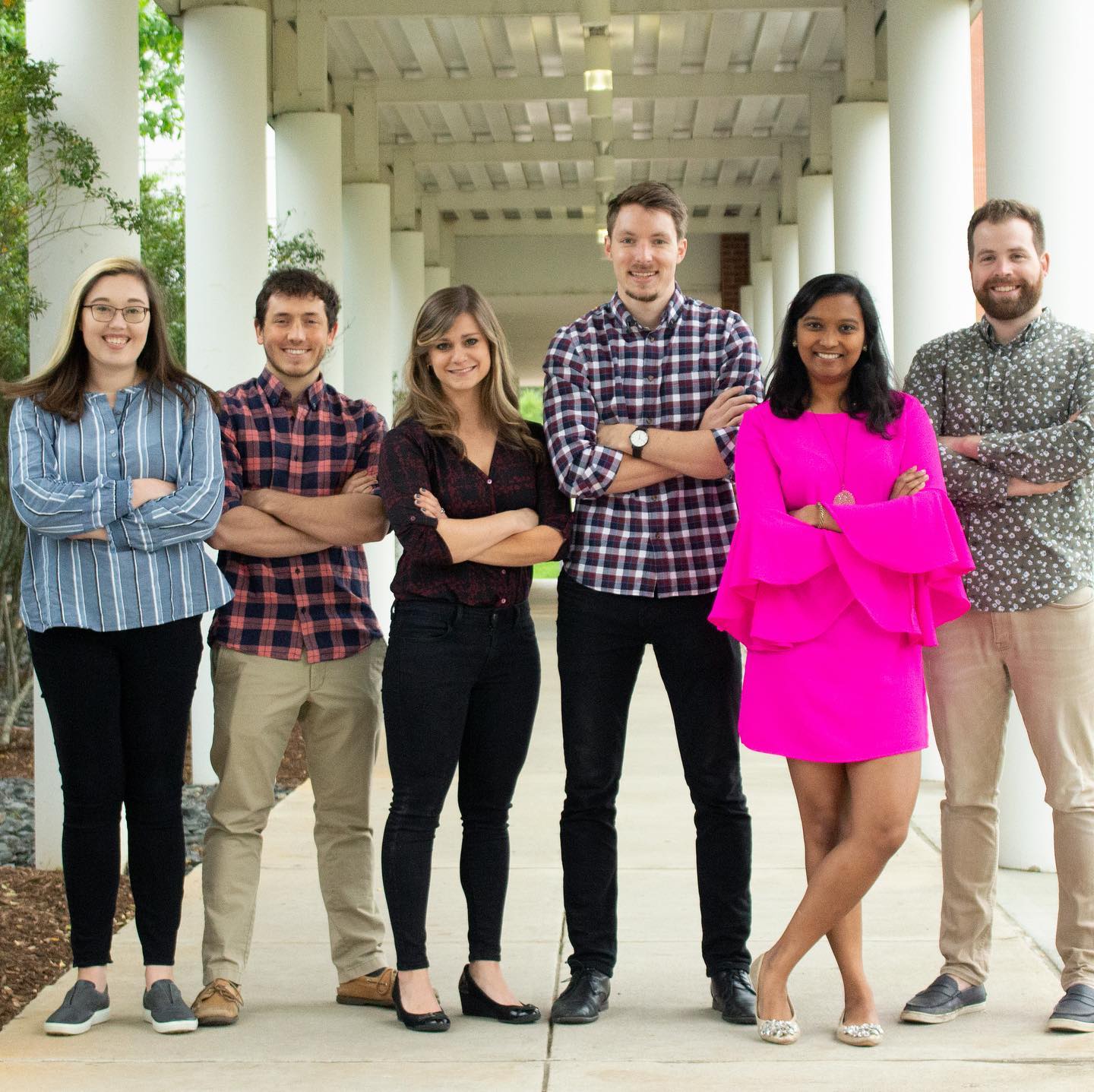
Charity Matters: How has this journey changed you?
Kyle Linton: I think for me, the biggest one would be understanding all of the different things that people experience at different points in their life. And then seeing how that impacts them in so many different ways that I could have never imagined really getting a much level deeper level understanding of trauma.
I think makes you more empathetic, thoughtful, and makes you want to listen to people more because this happens a lot more than you can imagine. And it affects people differently. So, really learning to be empathetic, to listen, and to understand has been really beneficial to me.

Laura Sinko: I think for me, there’s like two things that it has helped. One is I think more internal and I think one is more external. For me, being a nurse, a teacher, researcher, I’ve been in mostly spaces where I’m holding someone else’s trauma. I try to really detach and it’s not about me, it’s about you. This opportunity has really allowed me to look inward in myself and think about if I’m going to be like leading this effort, I got to really do my own internal work to make sure I’m in the right place. I’m telling everyone else being a survivor is not something you should be ashamed of. I have to practice what I preach here.
So the fact that I’m even like saying this, that it happened to me and it doesn’t make right weaker, it doesn’t make me any less competent. It doesn’t make me a worse researcher, a worse nurse. In fact, I think that there’s a myth that actually helps me understand in a serious way. So I think that piece for me personally has been really beautiful.
But on the other side, I think connecting with folks like Kyle, who maybe didn’t experience it himself, but have that drive to give back. I’ve just been shocked by the people who maybe haven’t had that in their own personal life in terms of direct harm, but still feel compelled to come forward and help. People say, look for the helpers, but like seeing those wanting to help has really given me a lot of hope for the world. We do this for hope to help other people to move the world forward a little bit, one person at a time. That’s why we’re here.
CHARITY MATTERS.
YOUR REFERRAL IS THE GREATEST COMPLIMENT, IF YOU ARE SO MOVED OR INSPIRED, WE WOULD LOVE YOU TO SHARE AND INSPIRE ANOTHER.
Copyright © 2020 Charity Matters. This article may not be reproduced without explicit written permission; if you are not reading this in your newsreader, the site you are viewing is illegally infringing our copyright. We would be grateful if you contact us.

